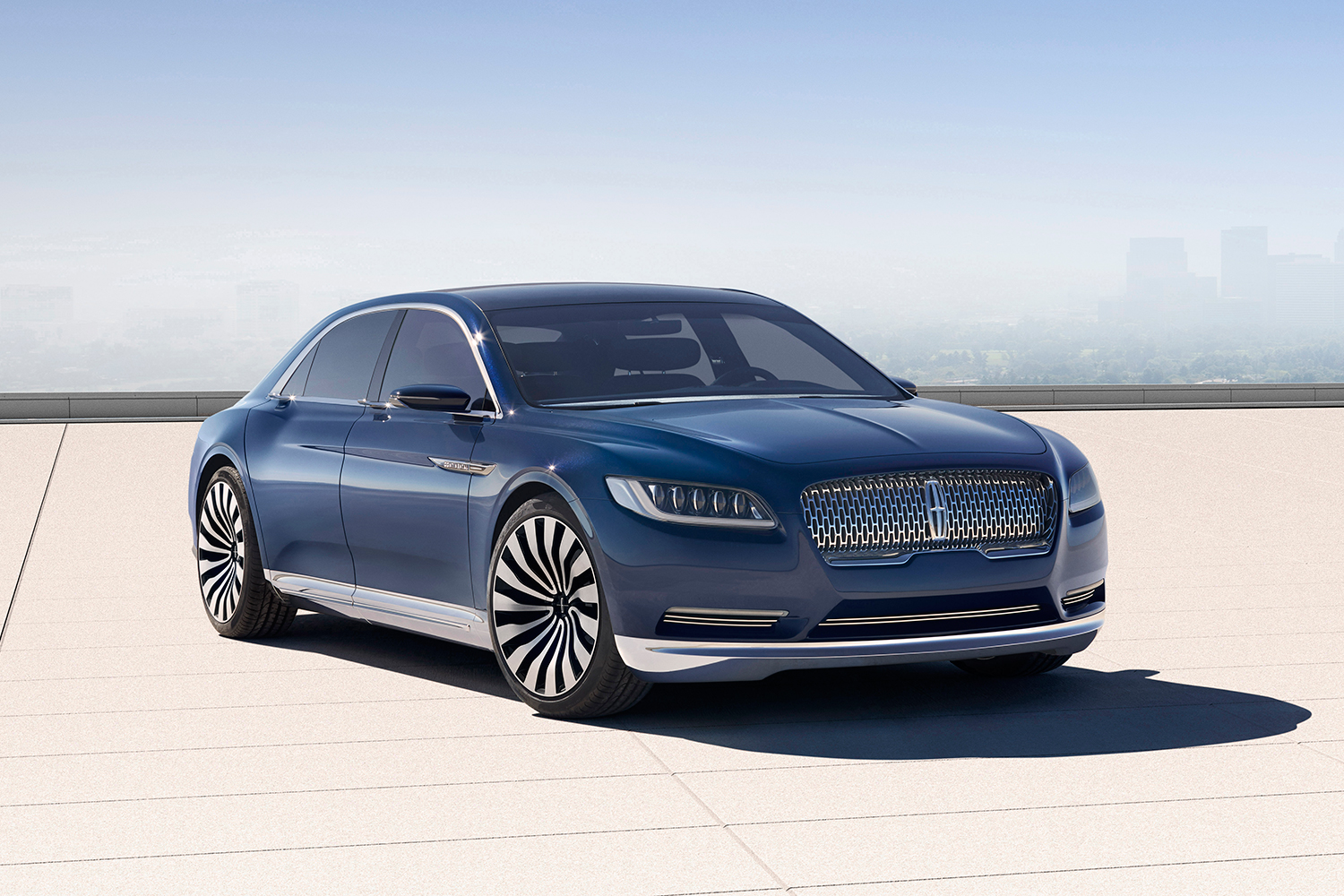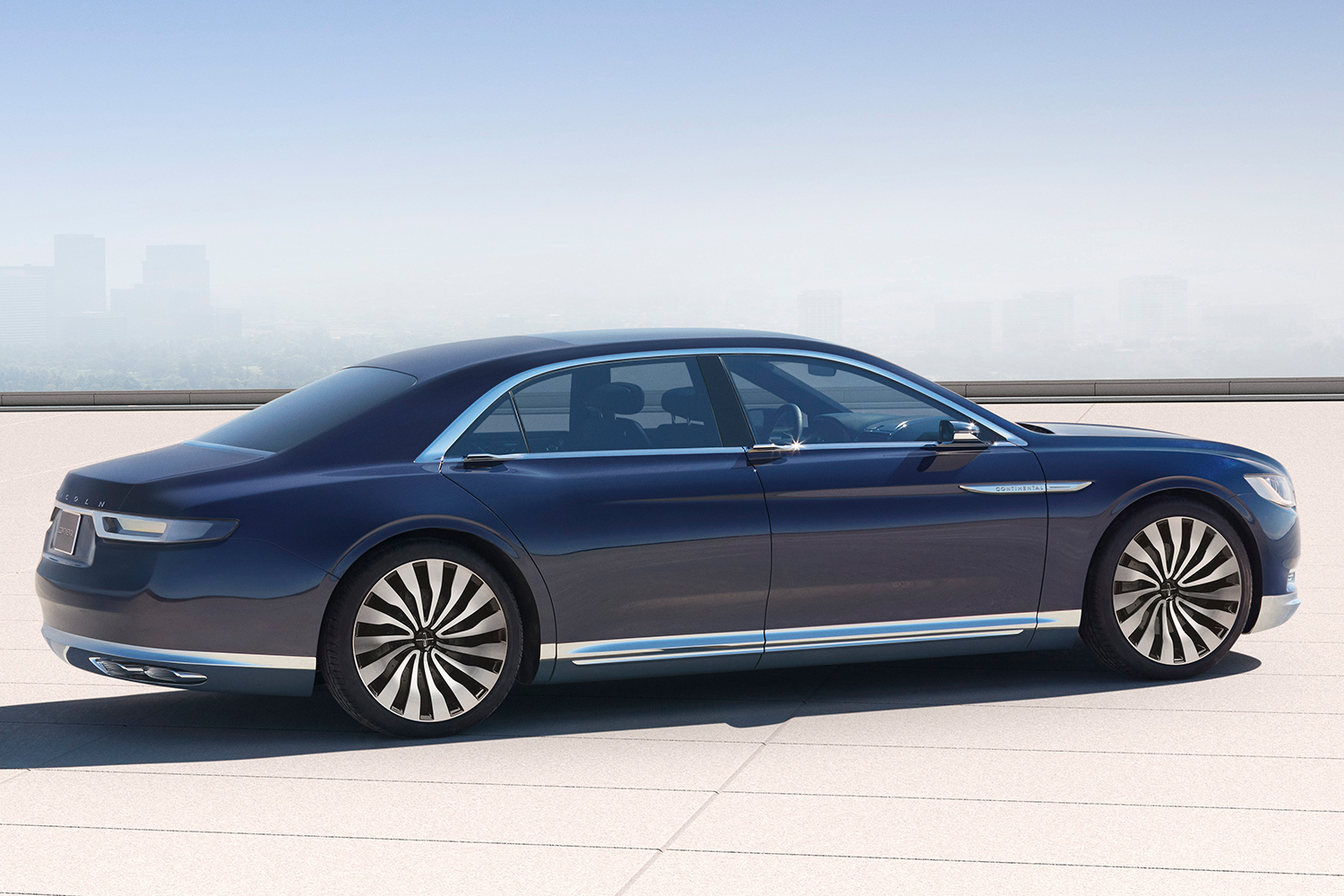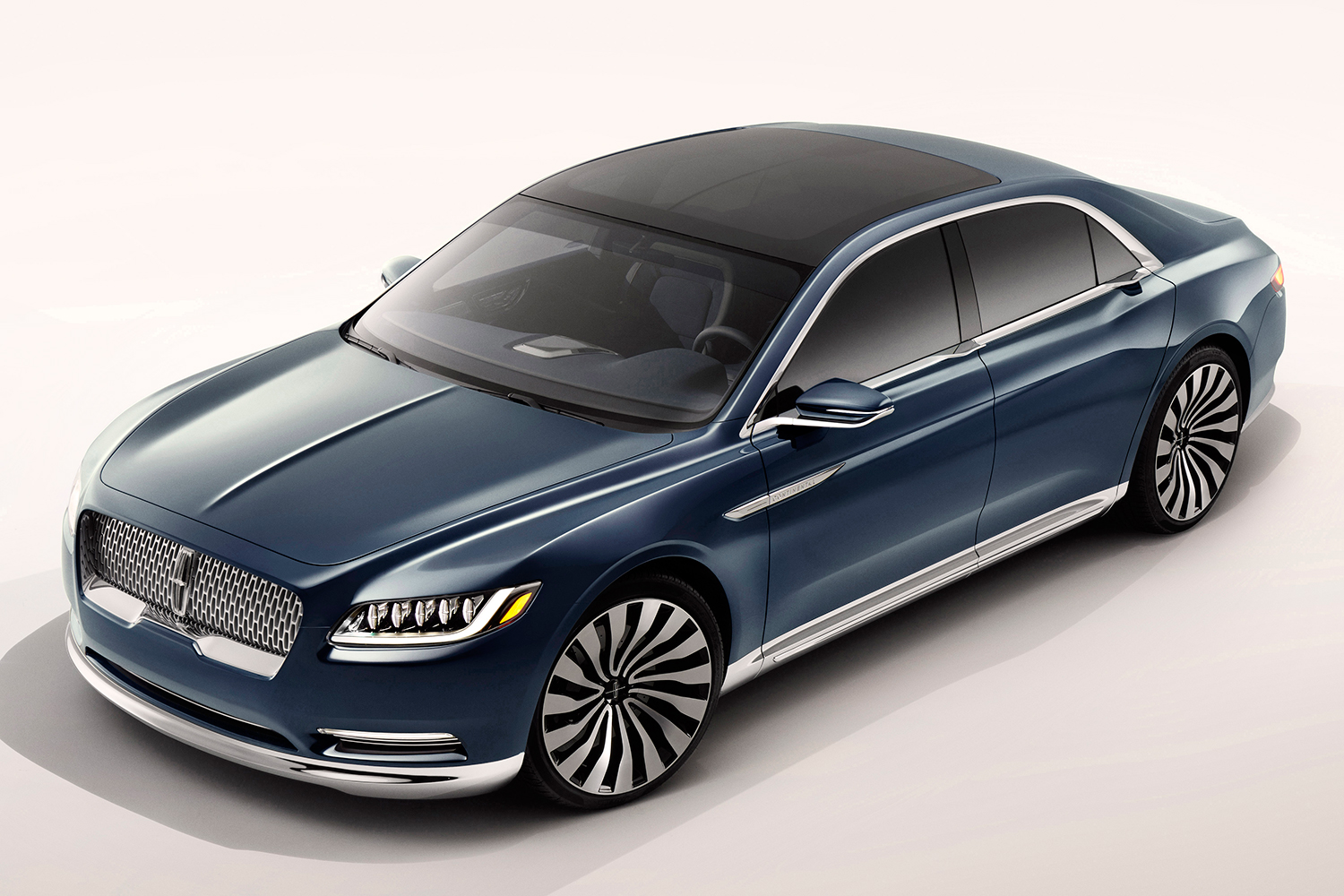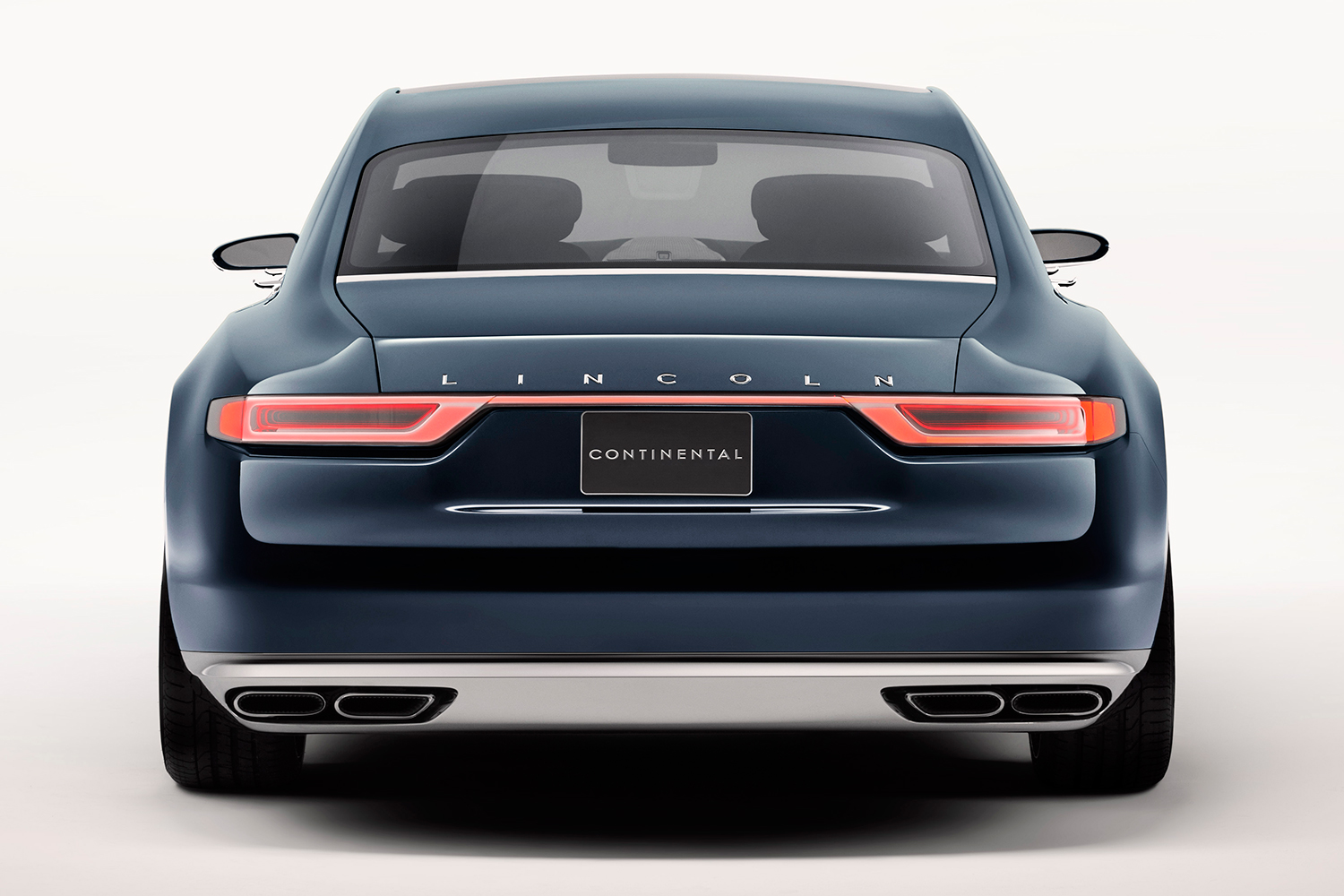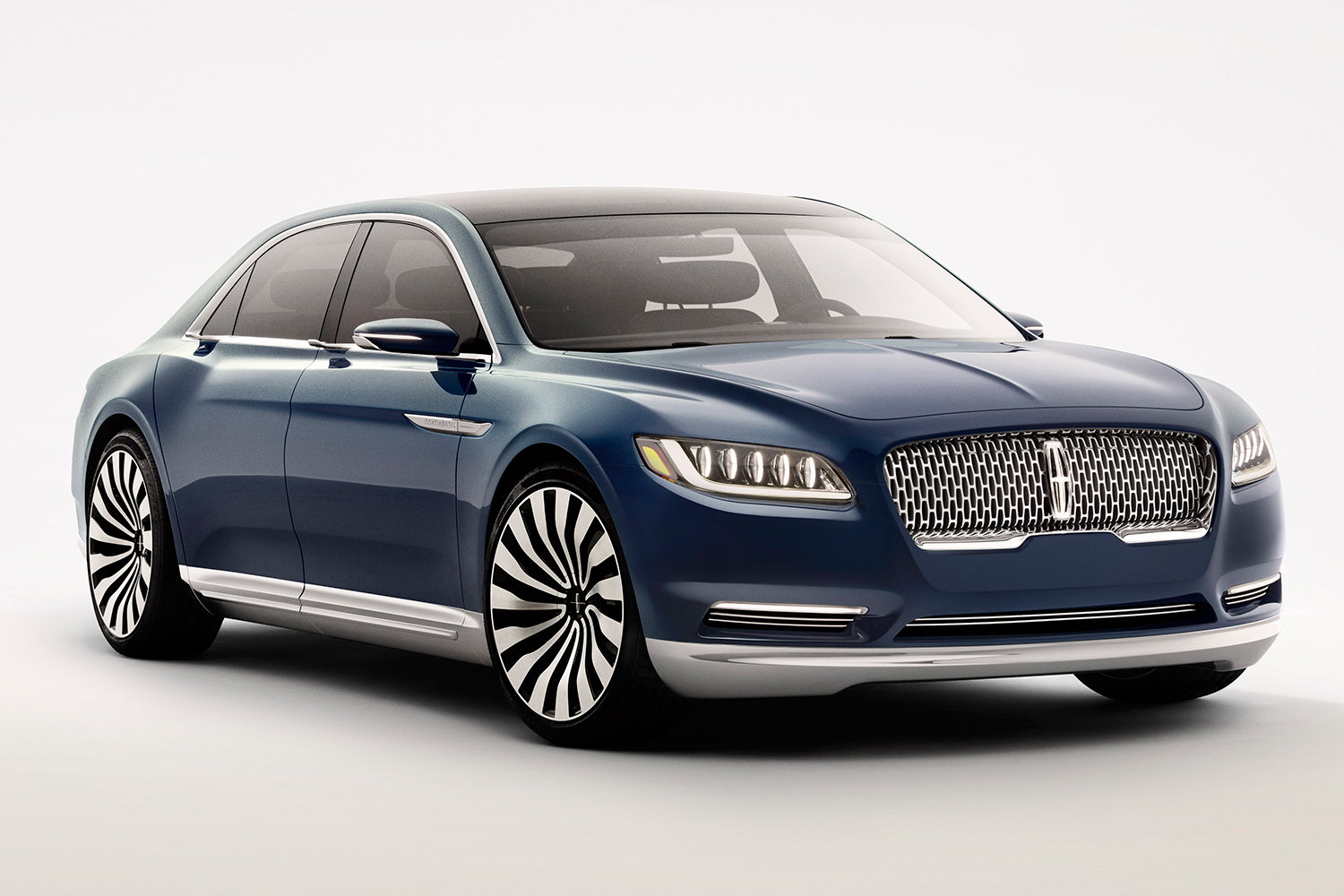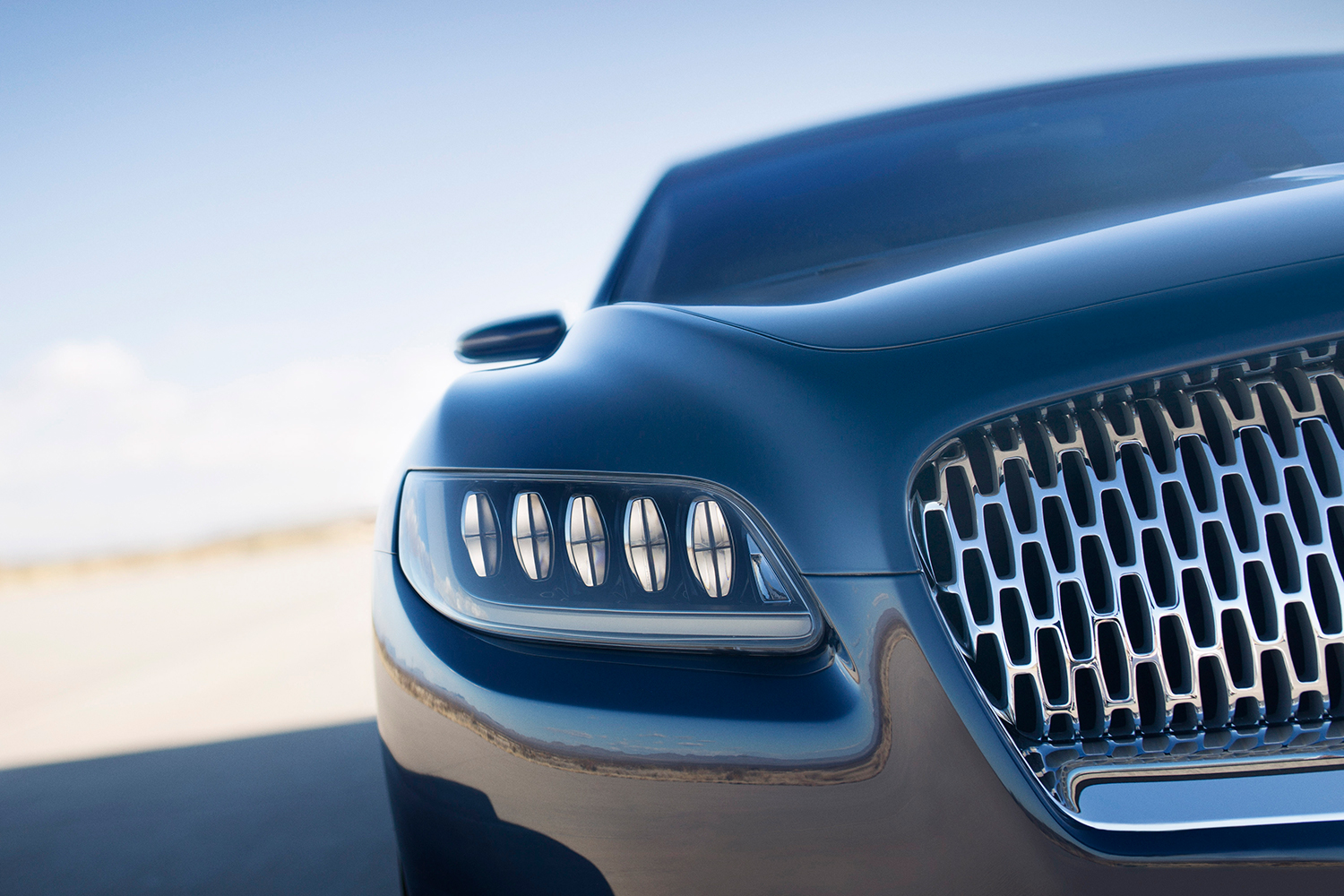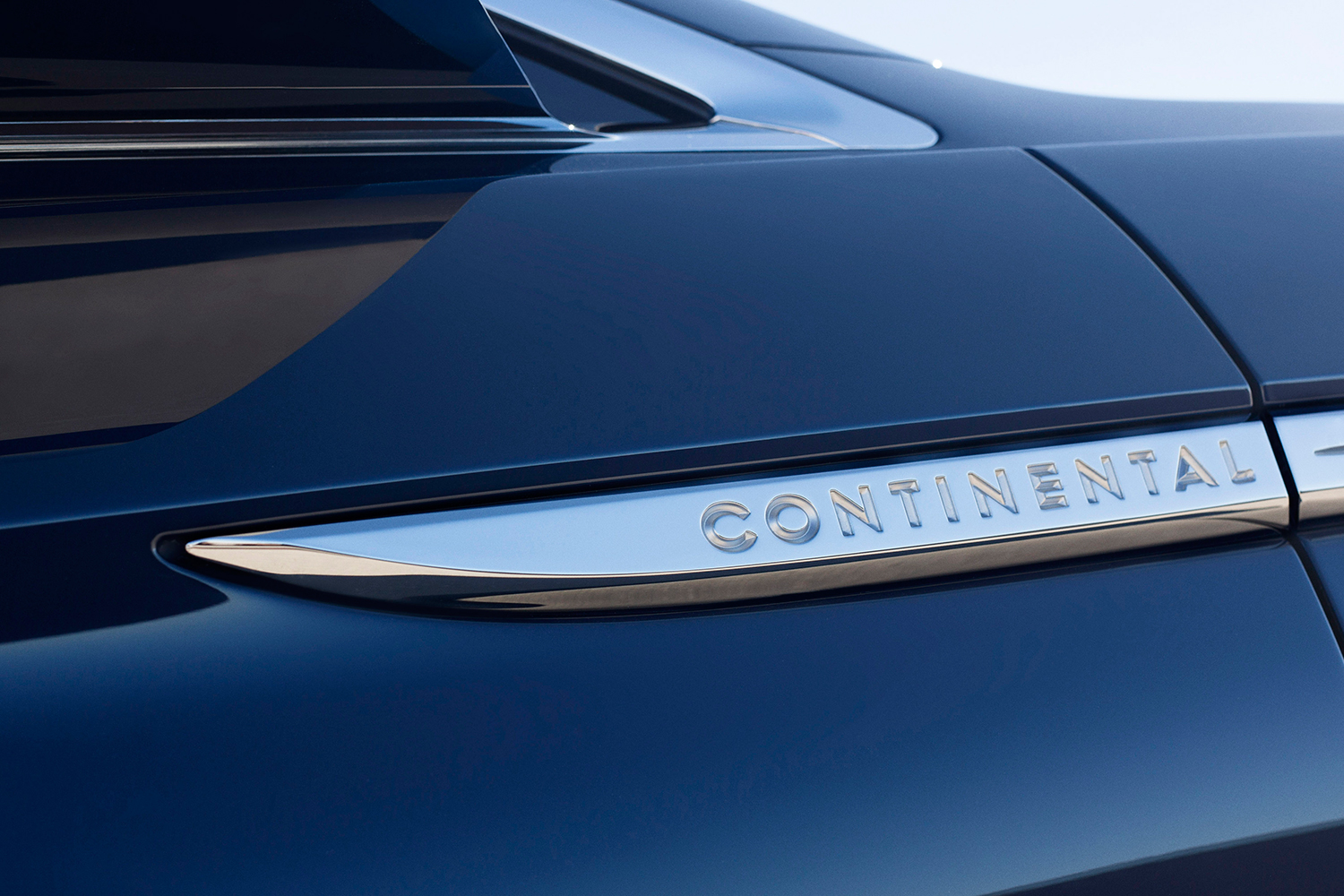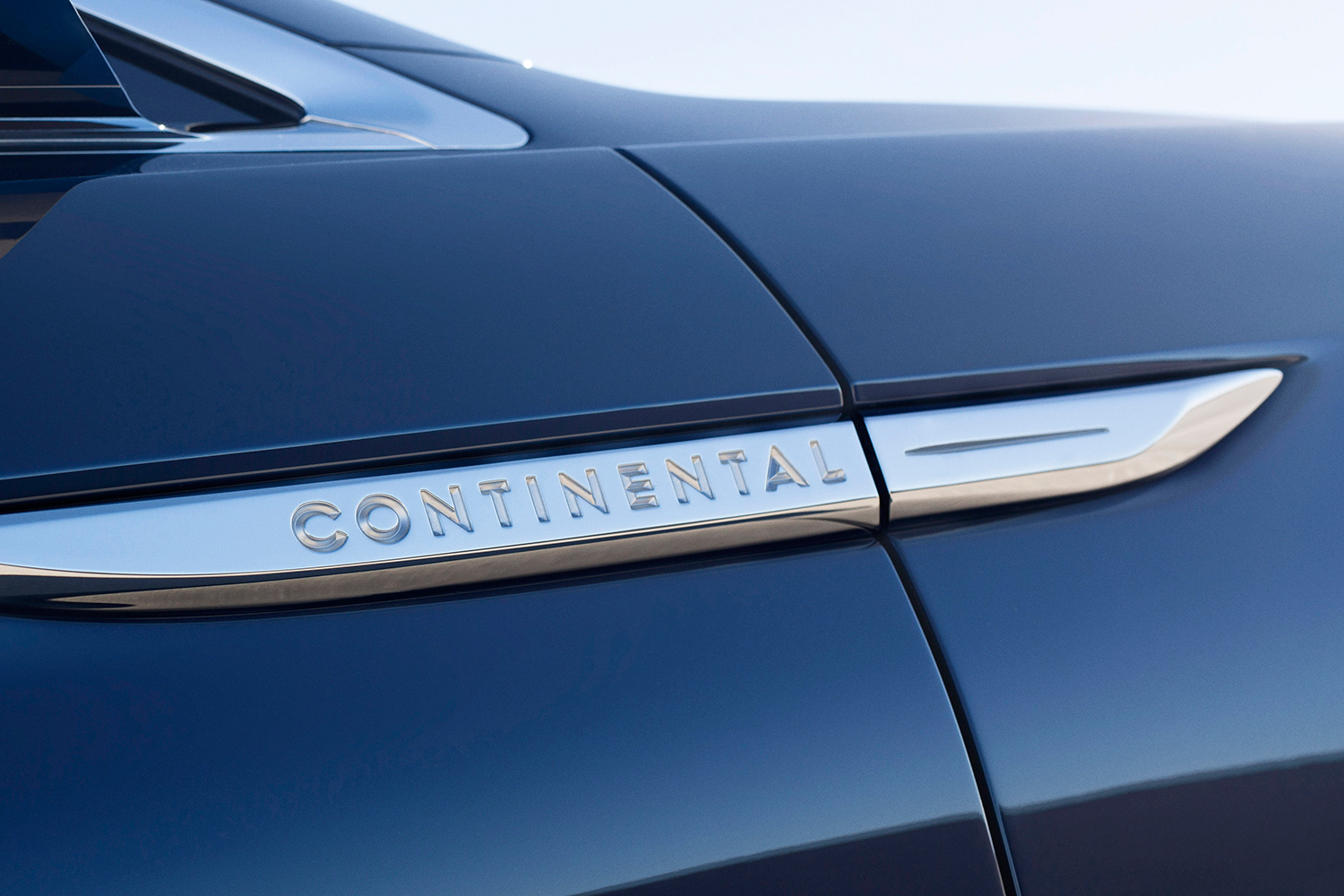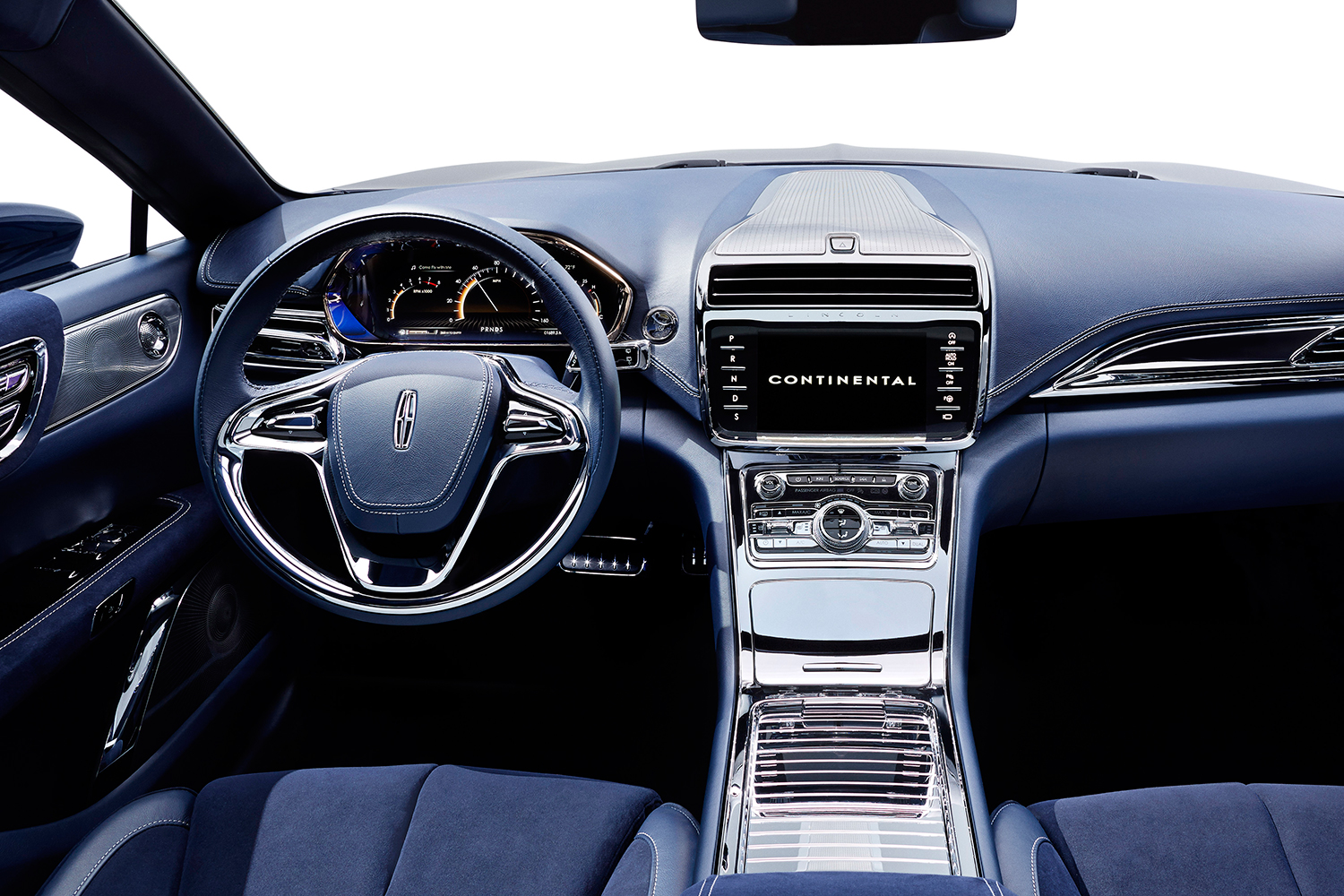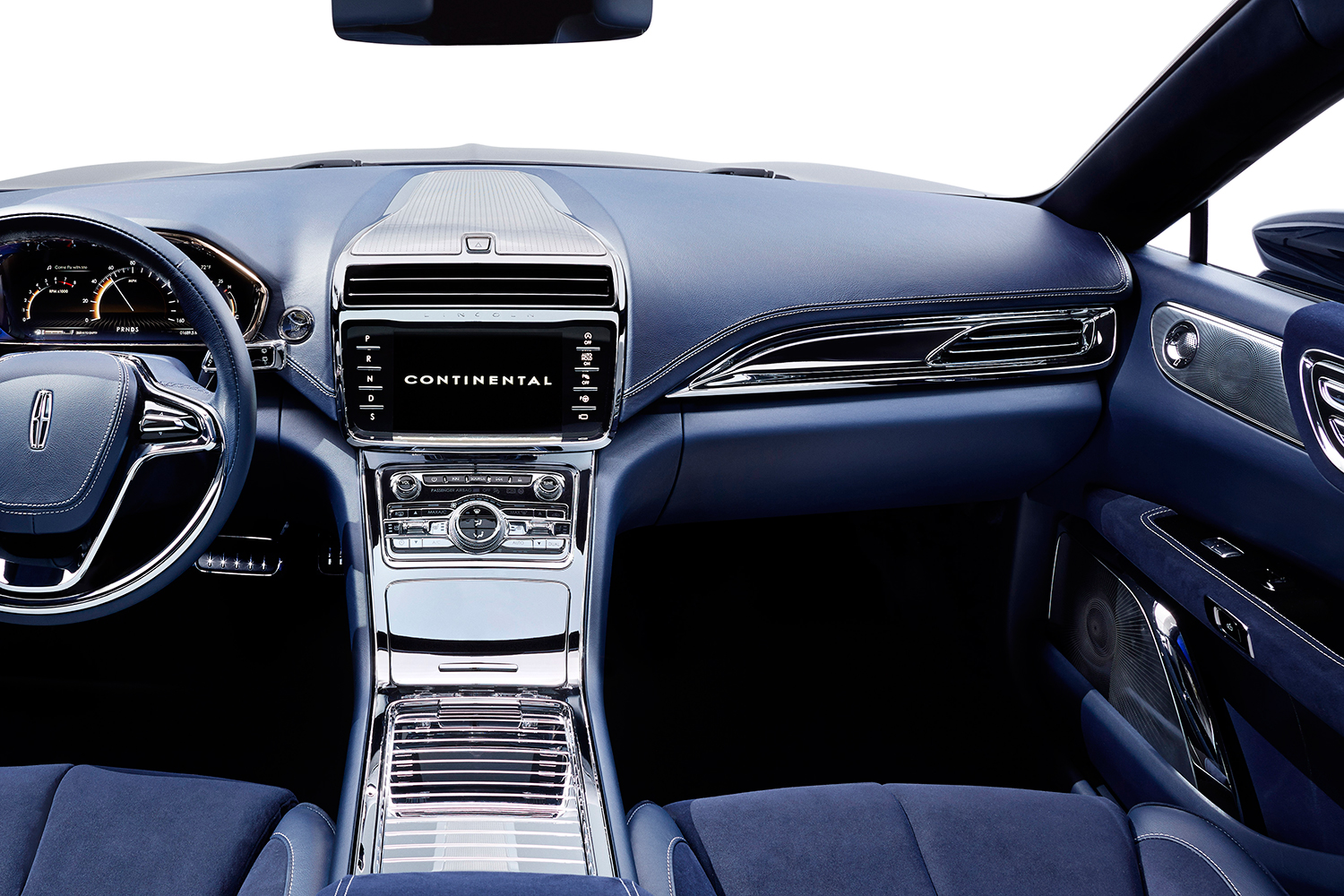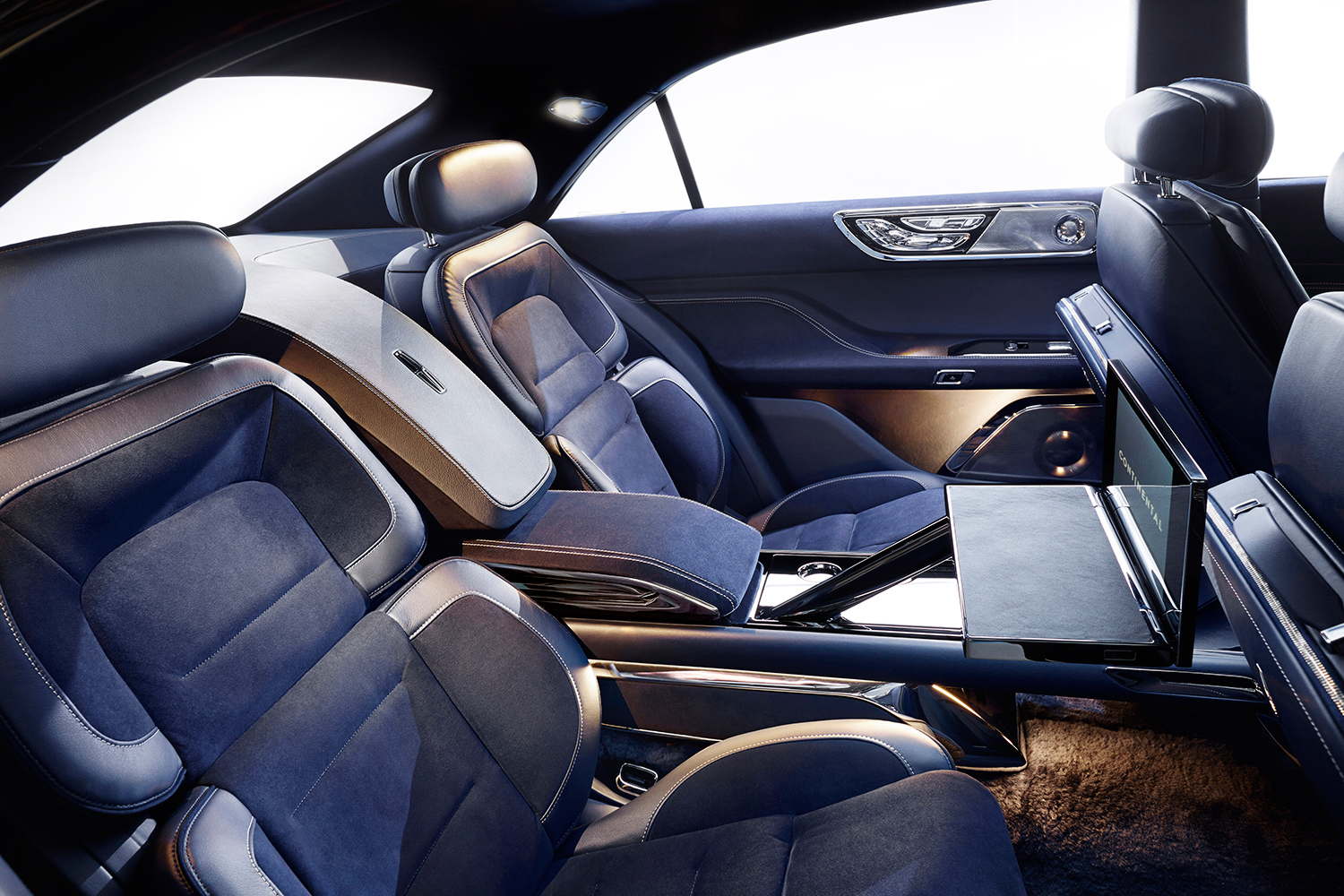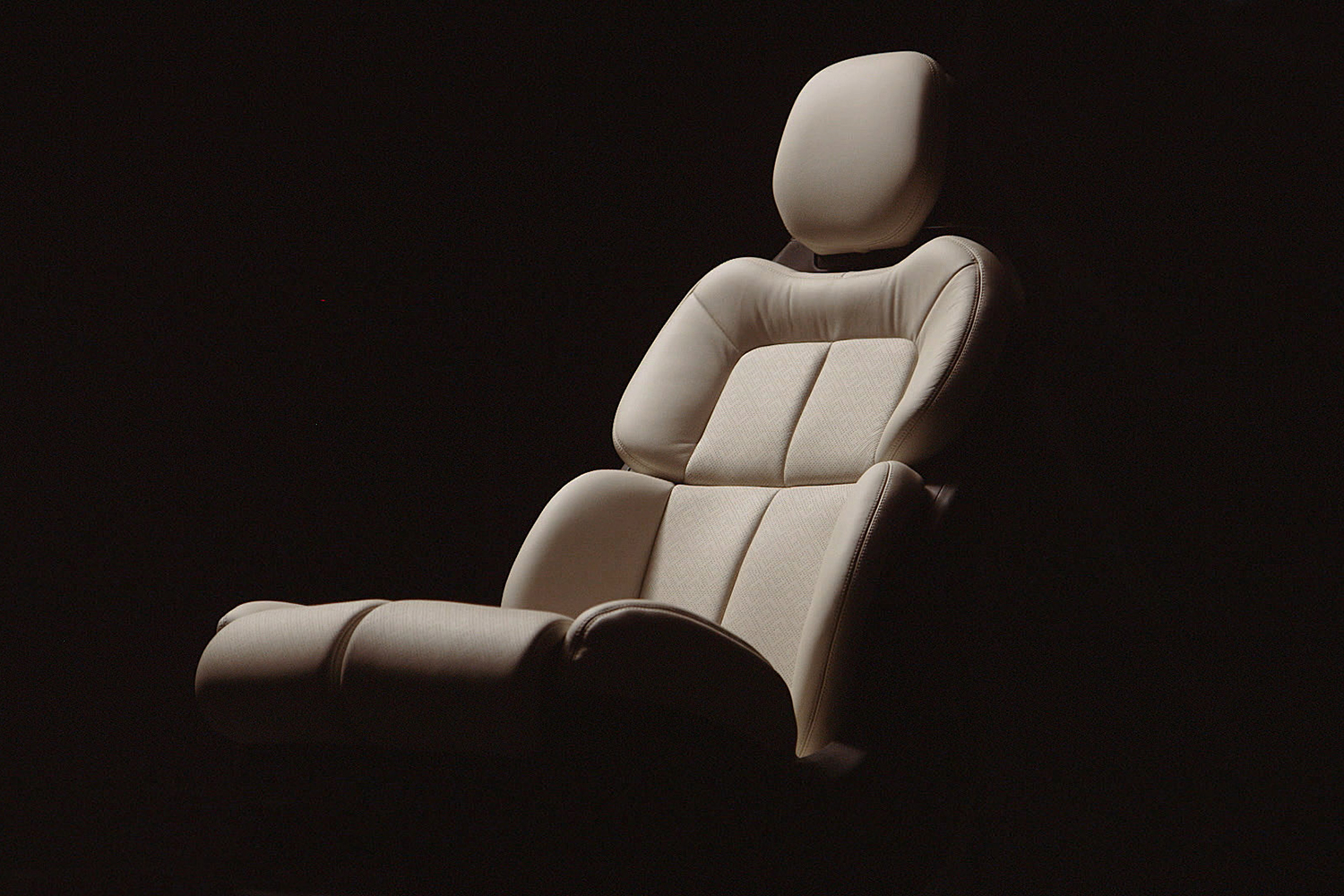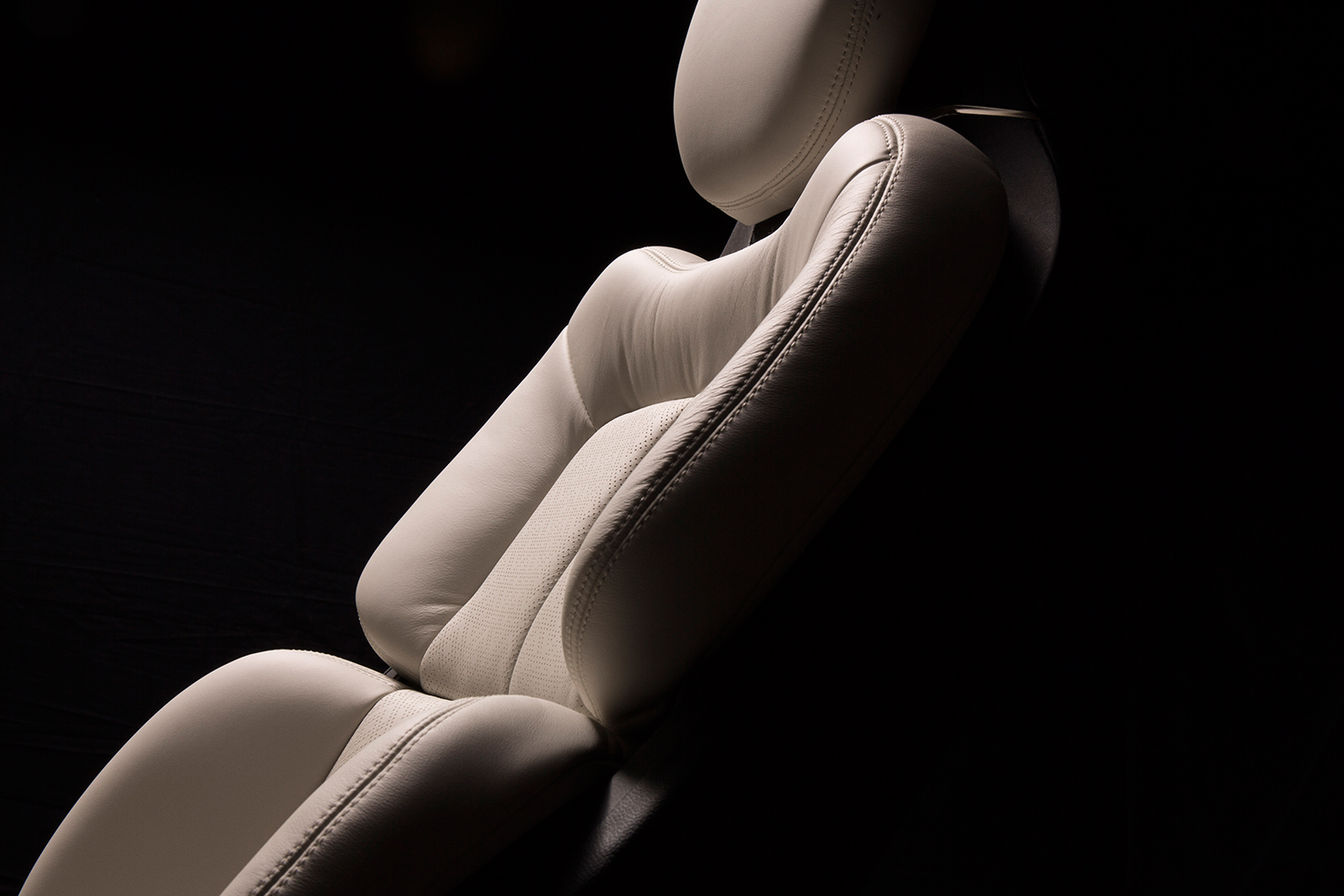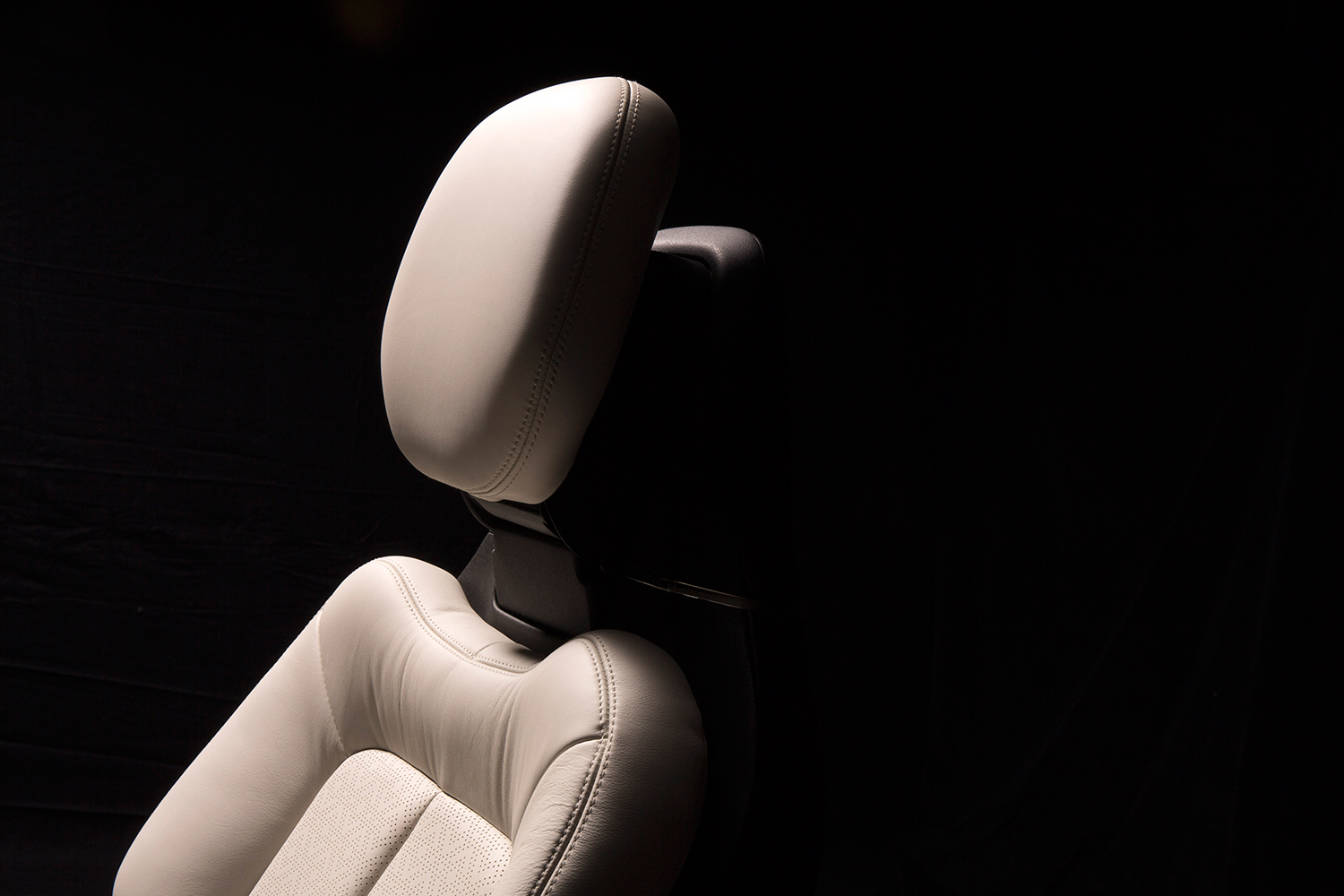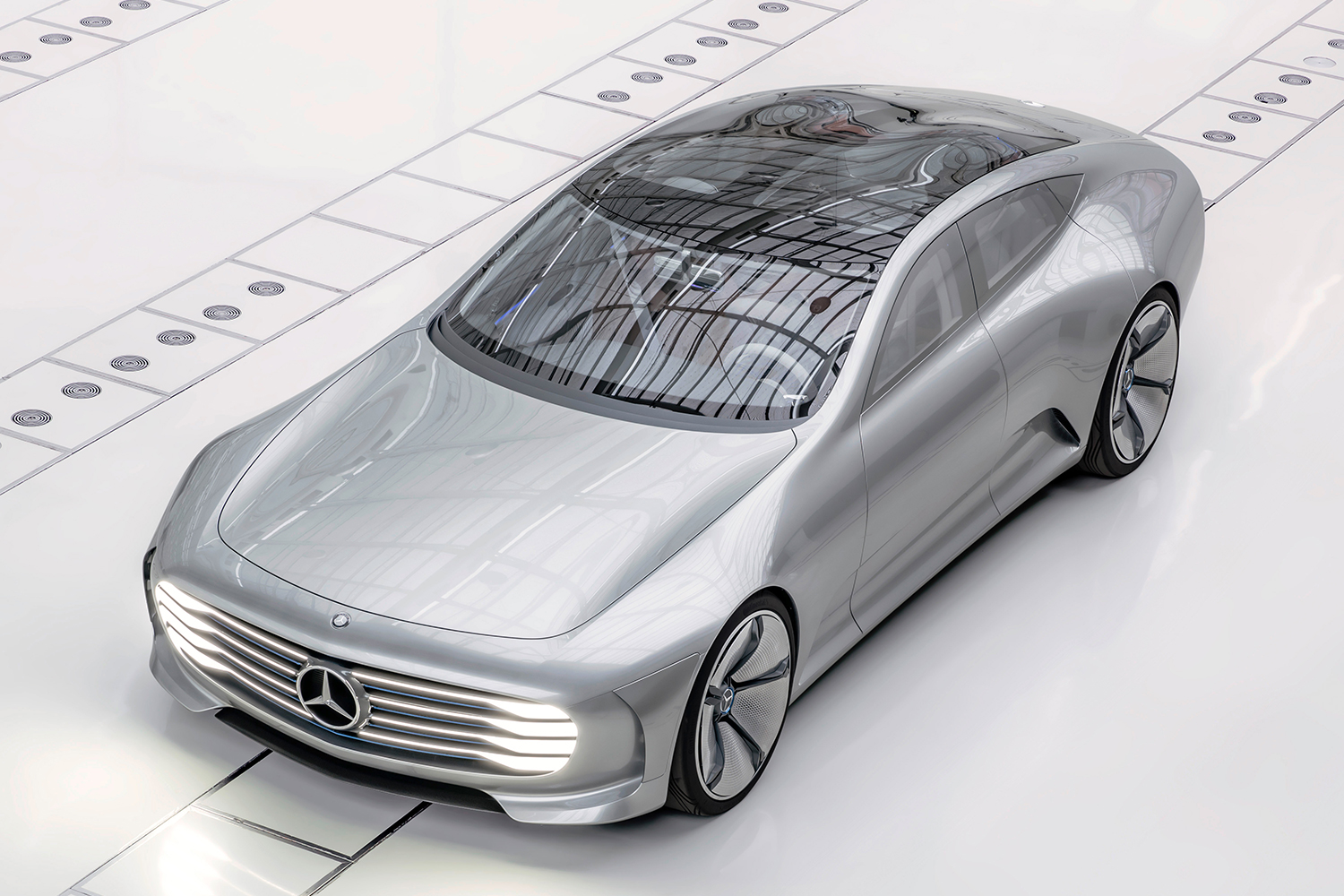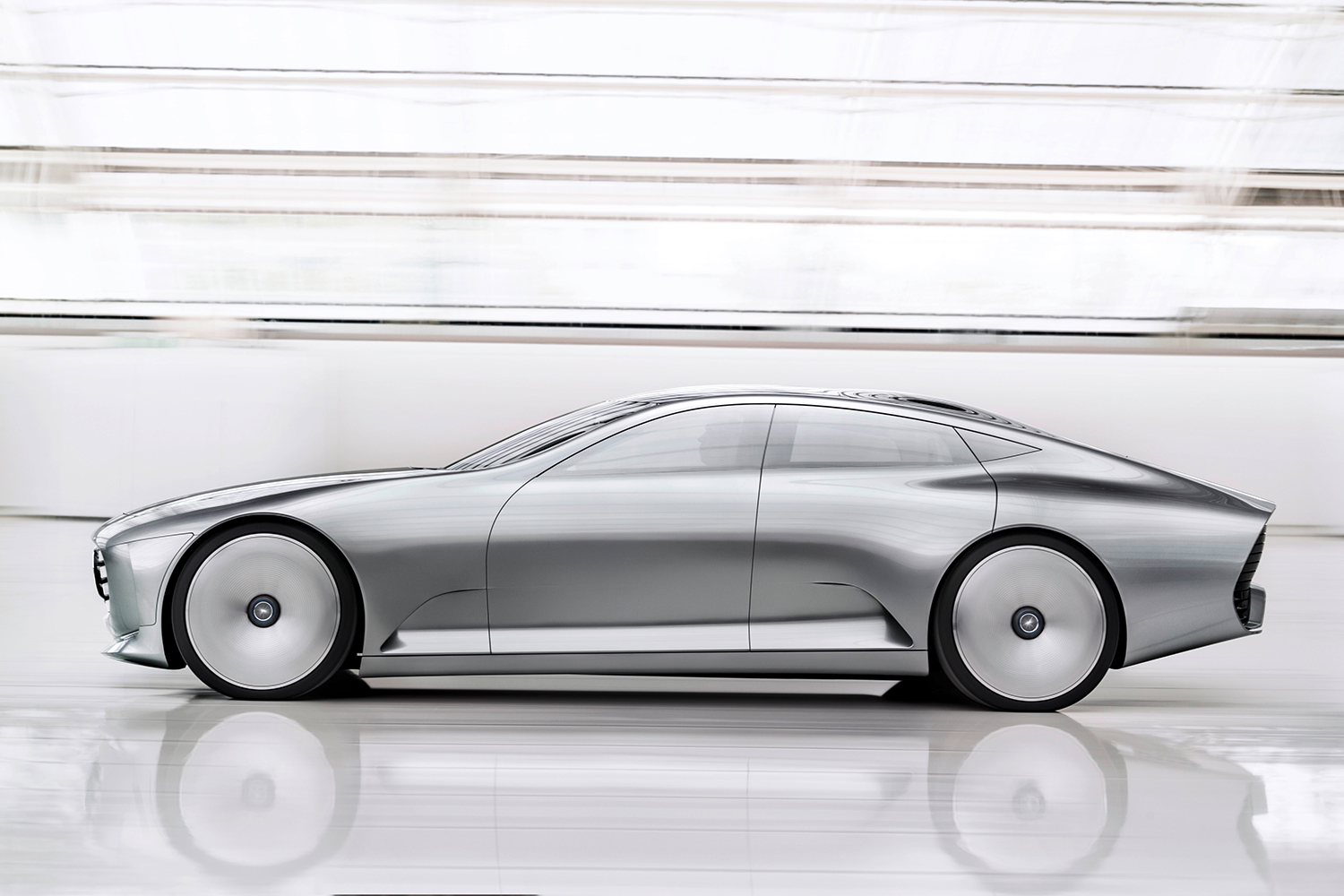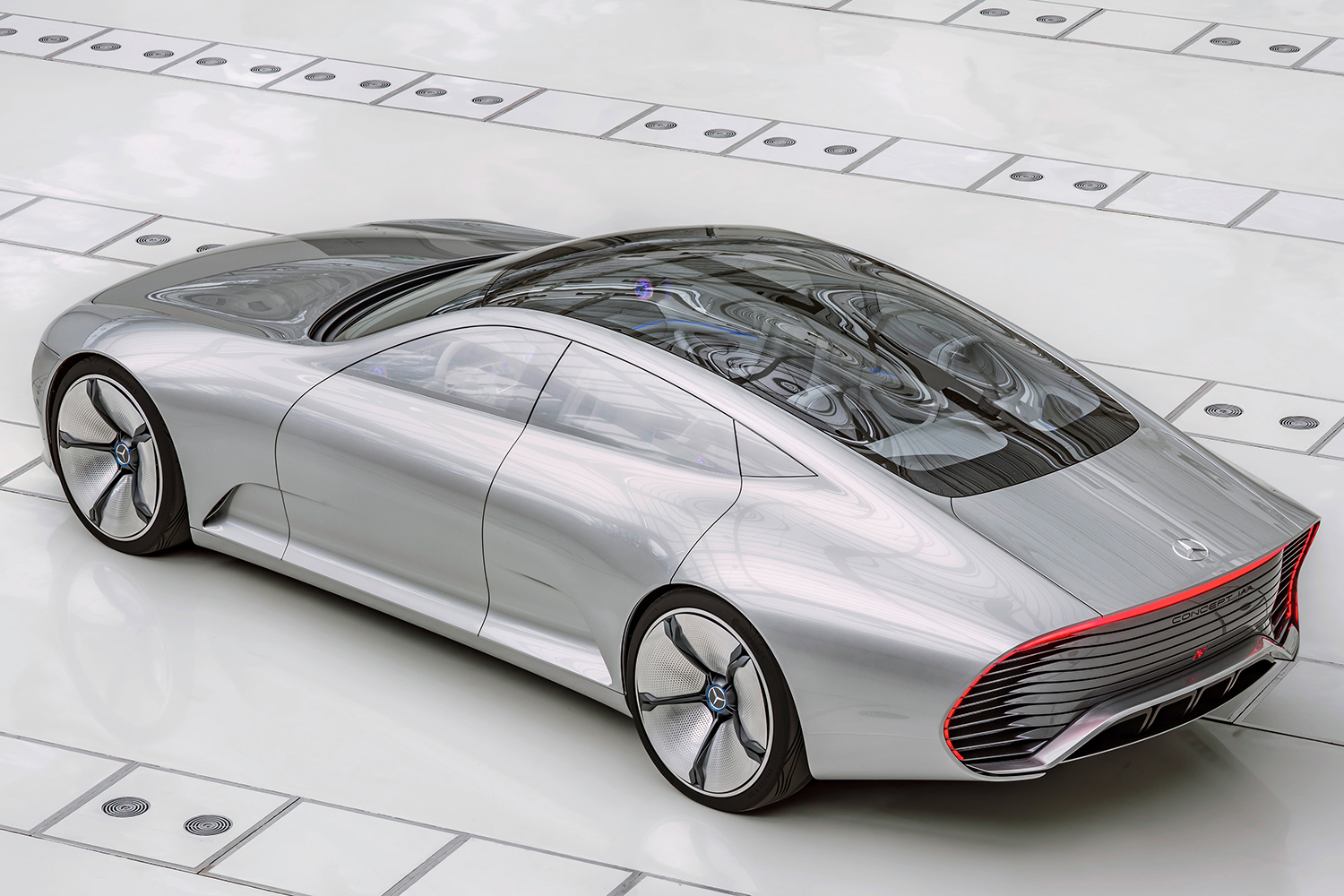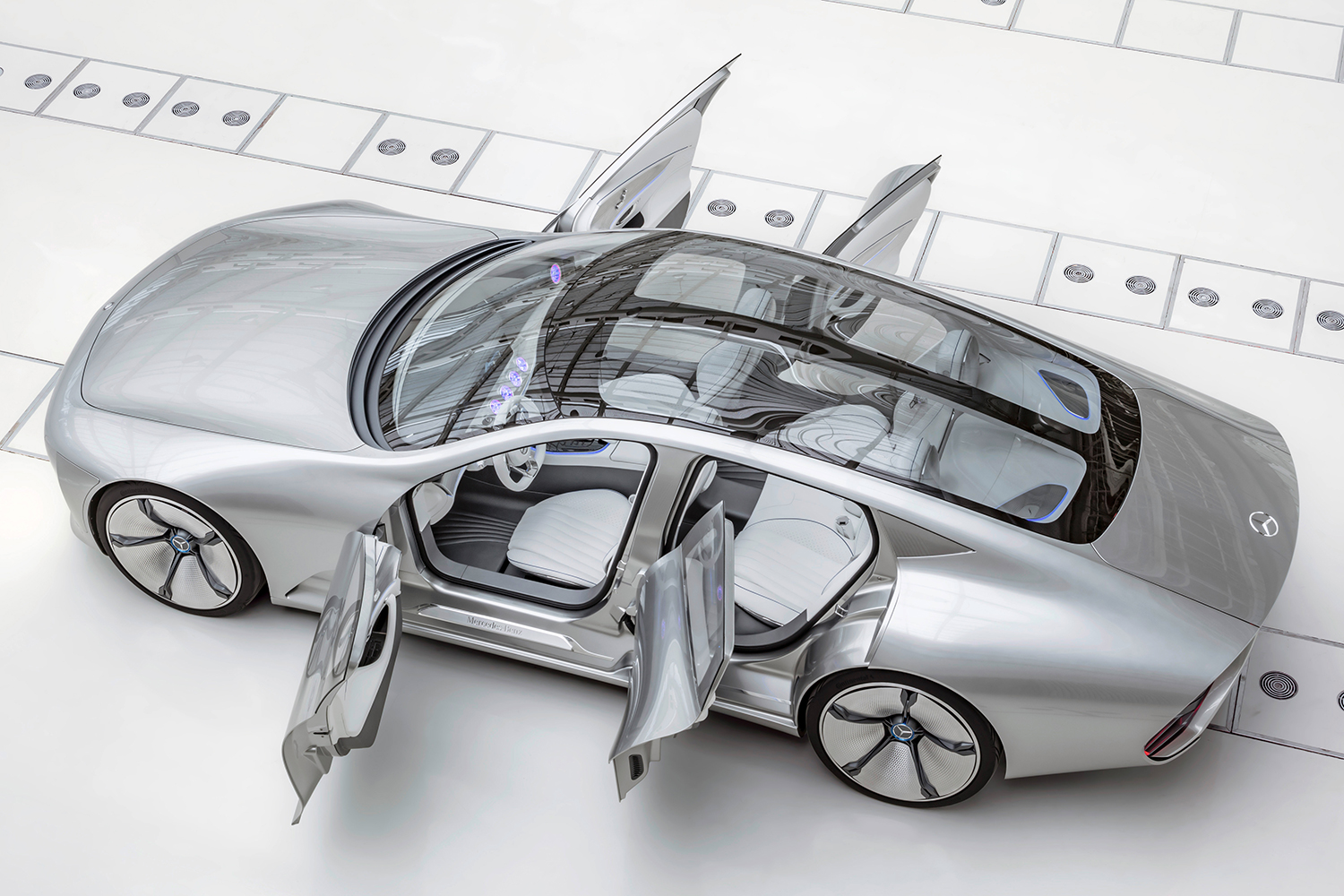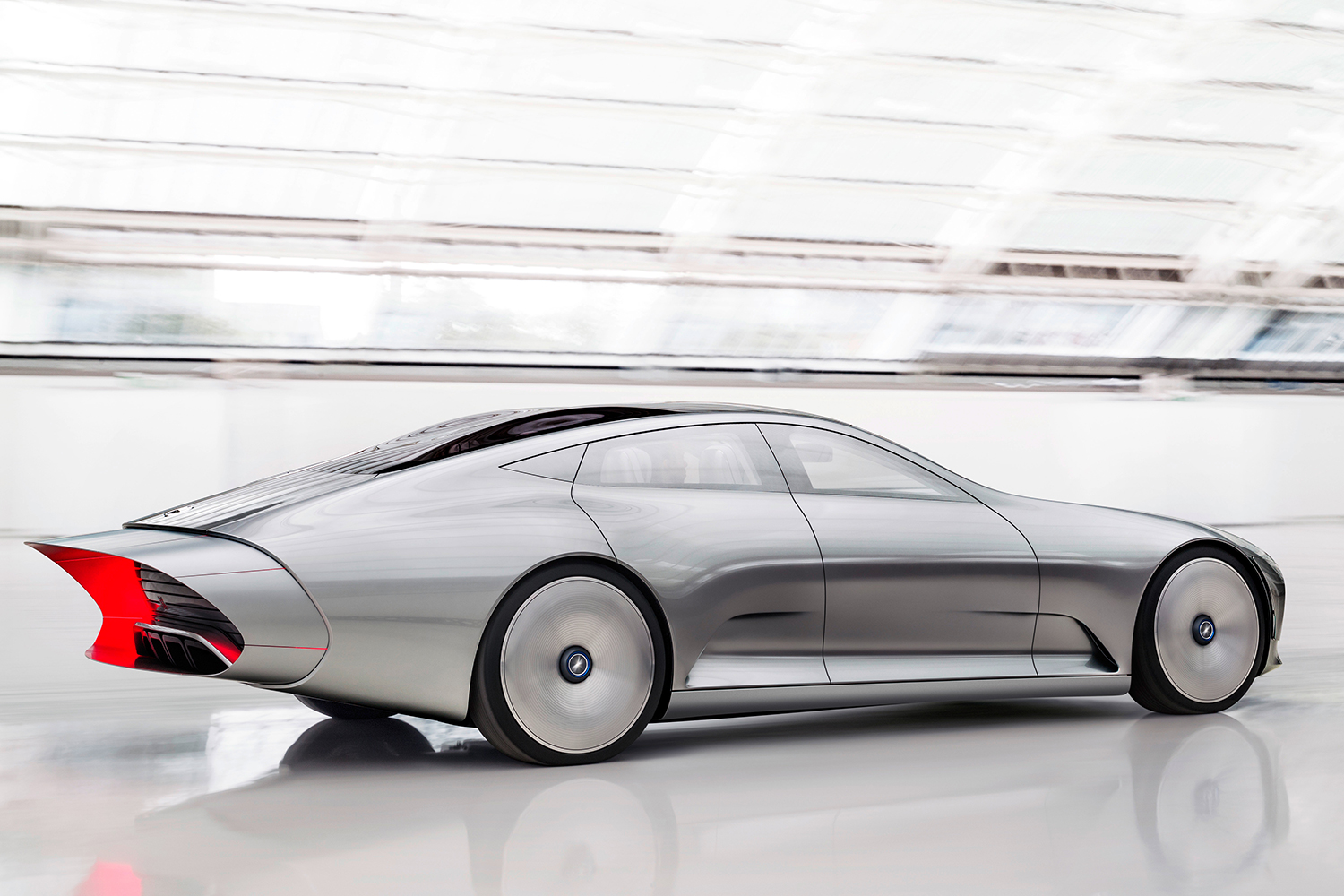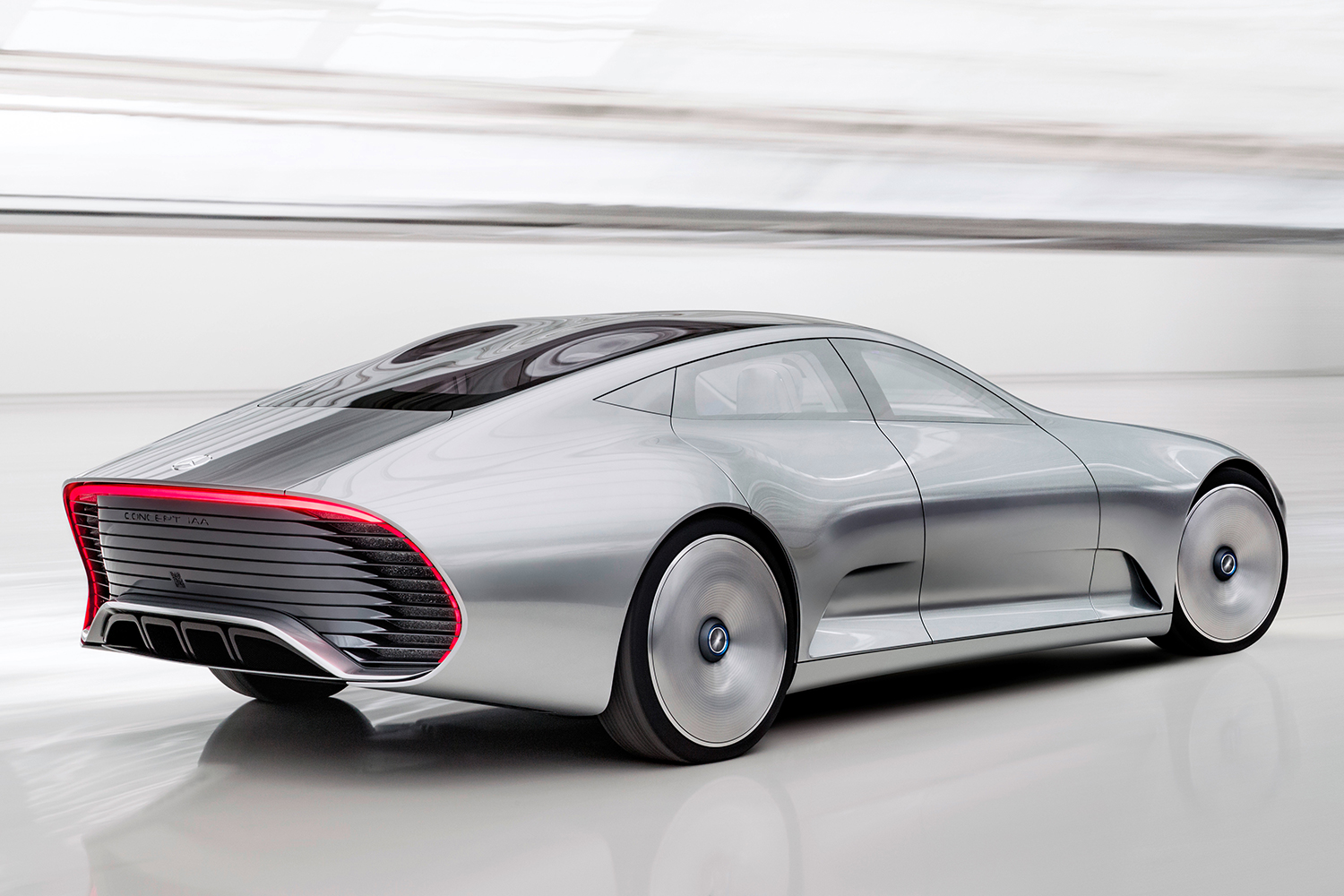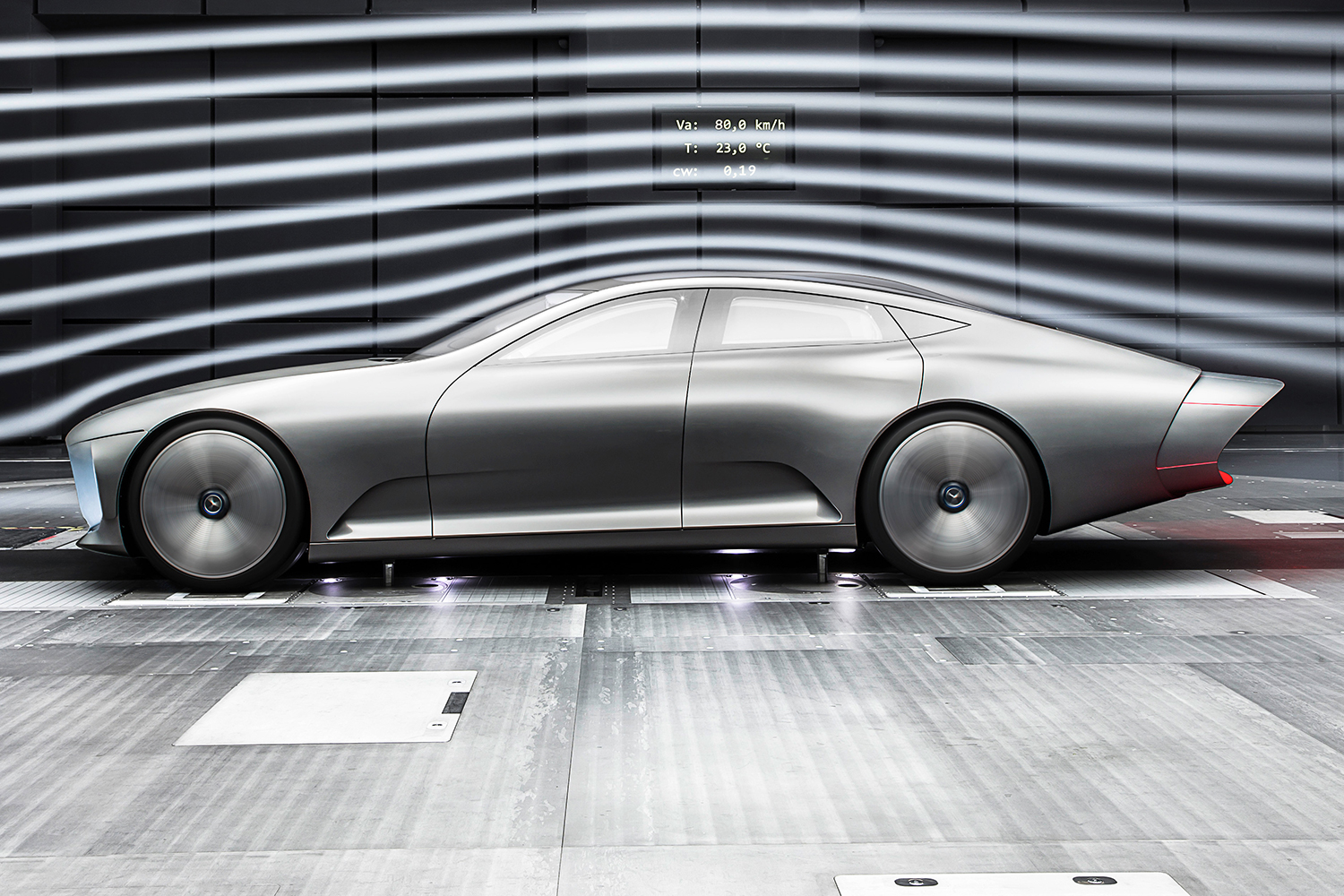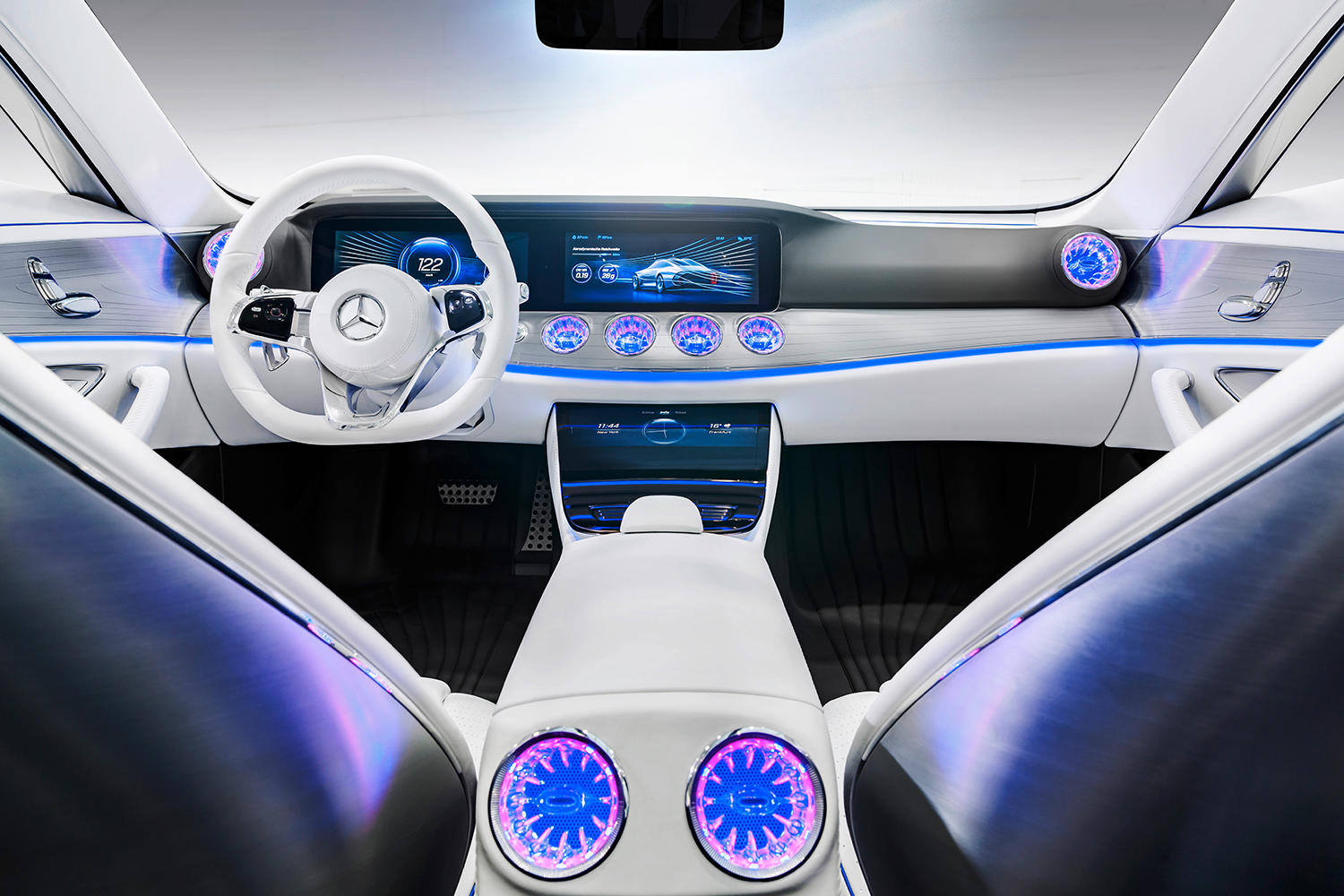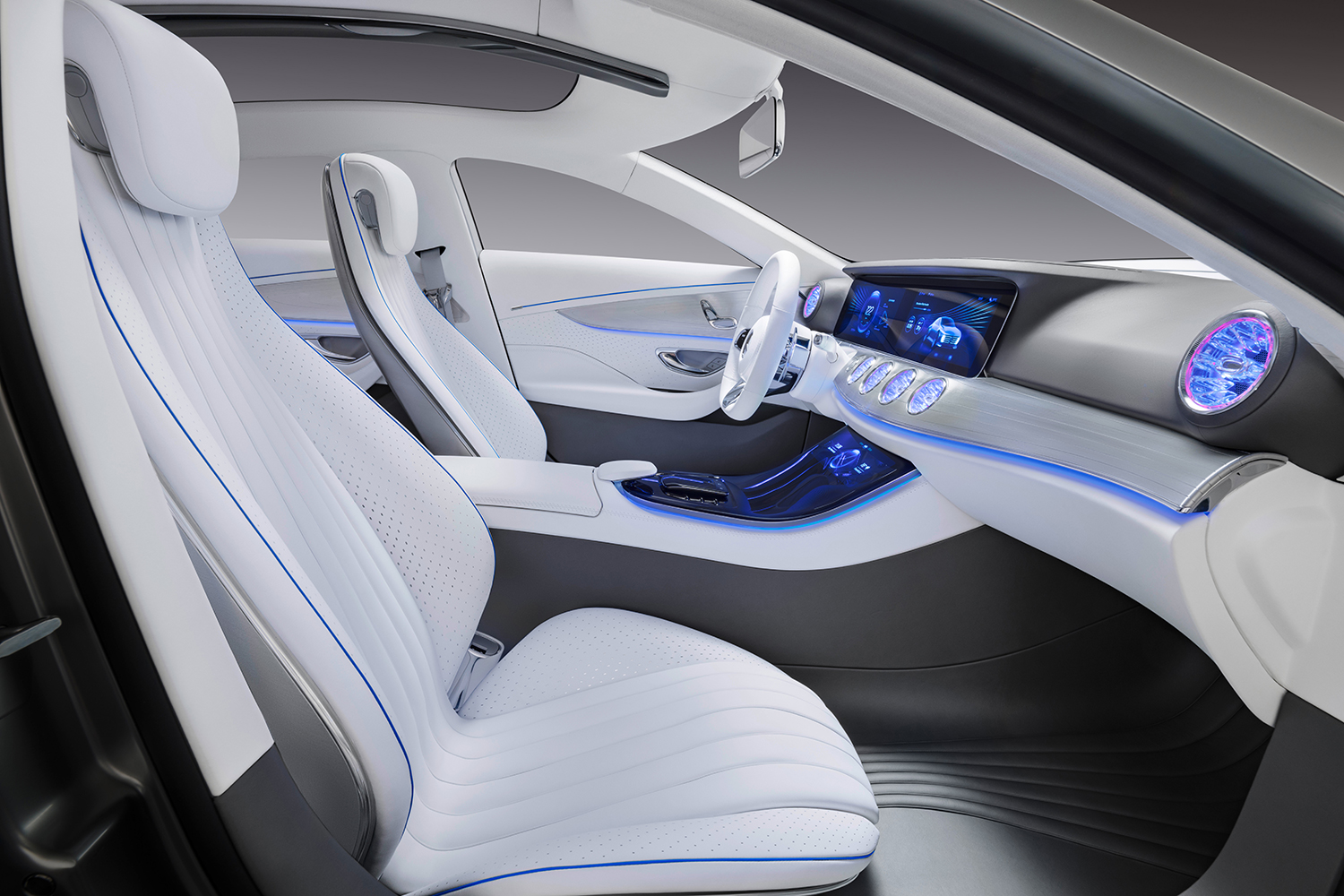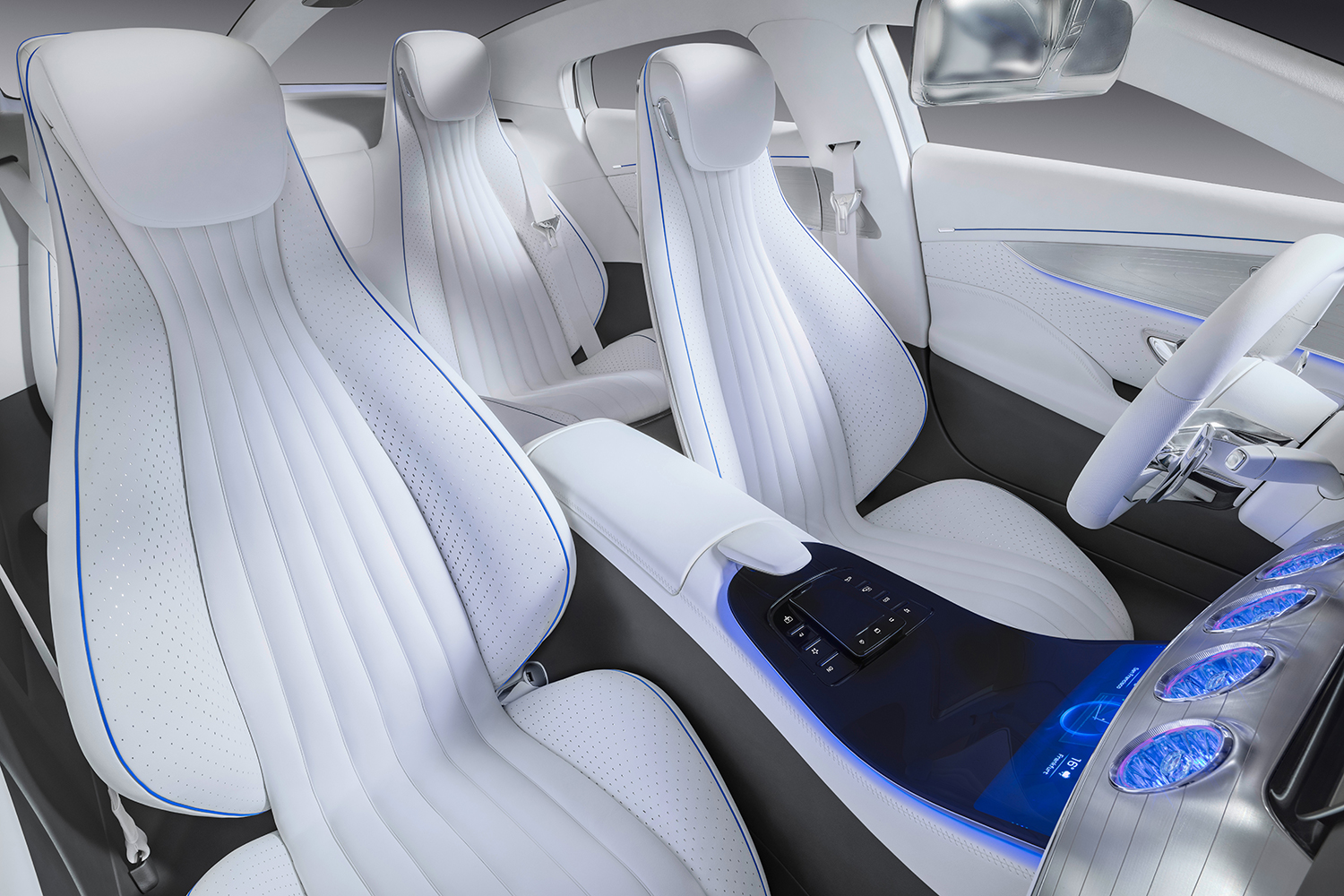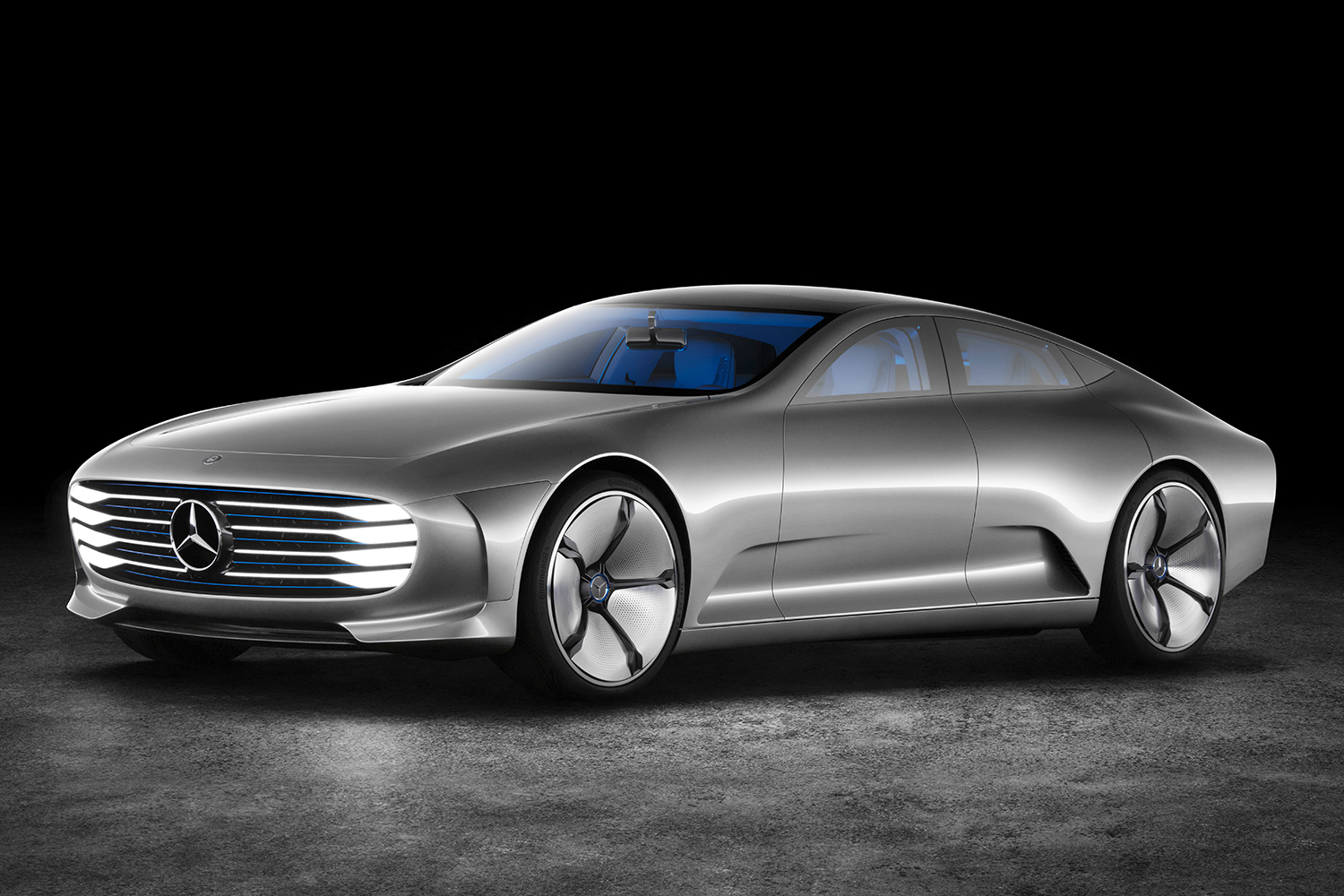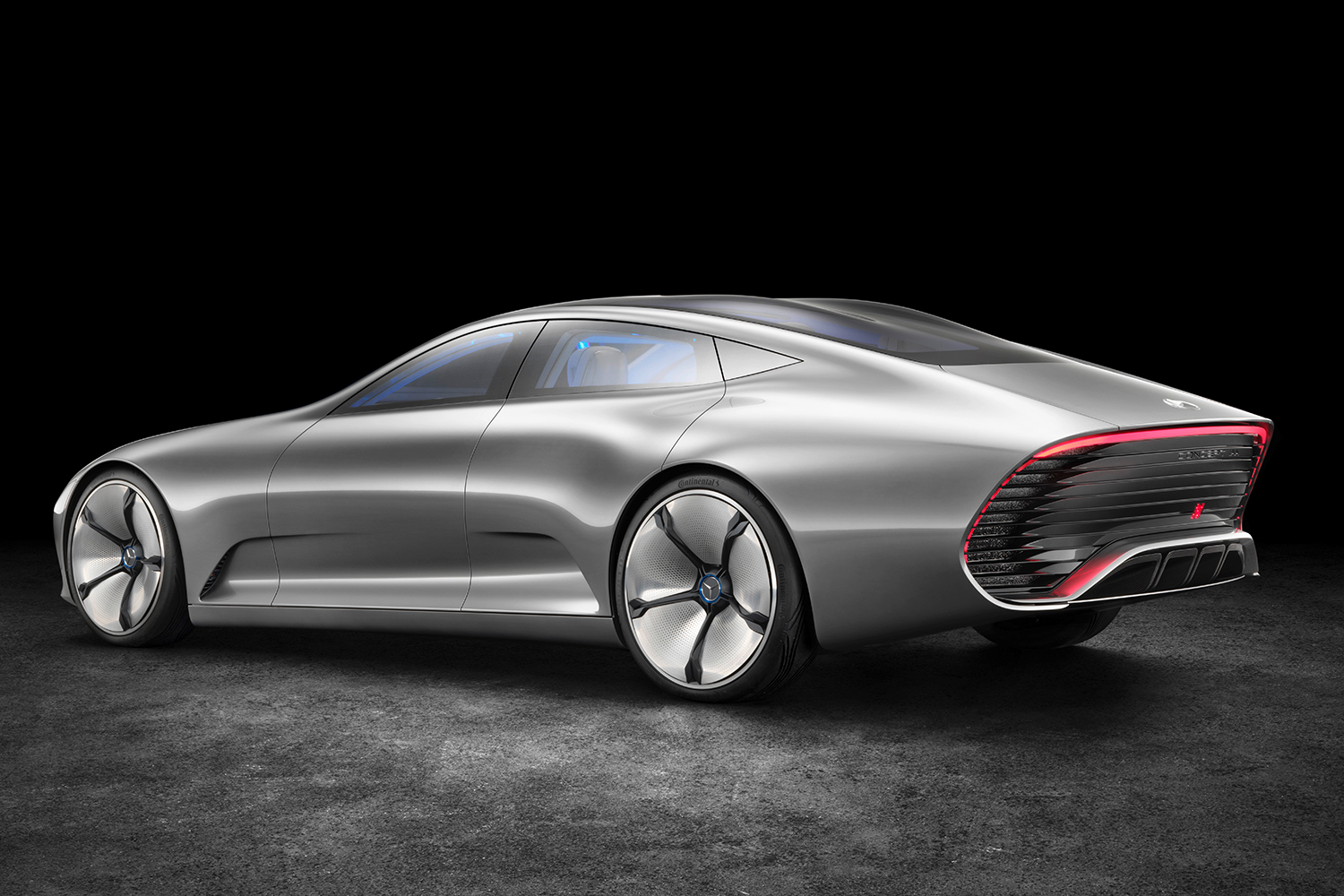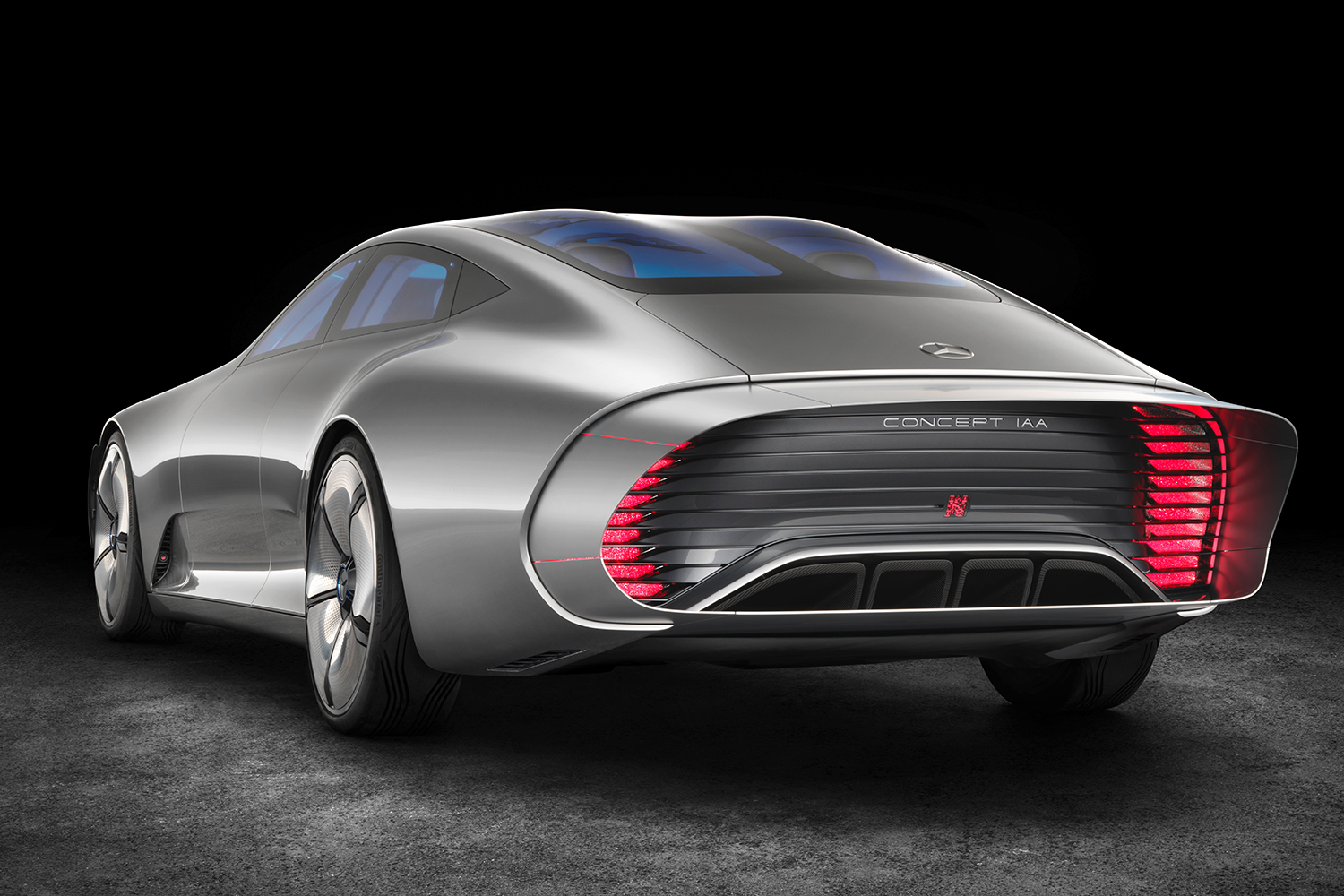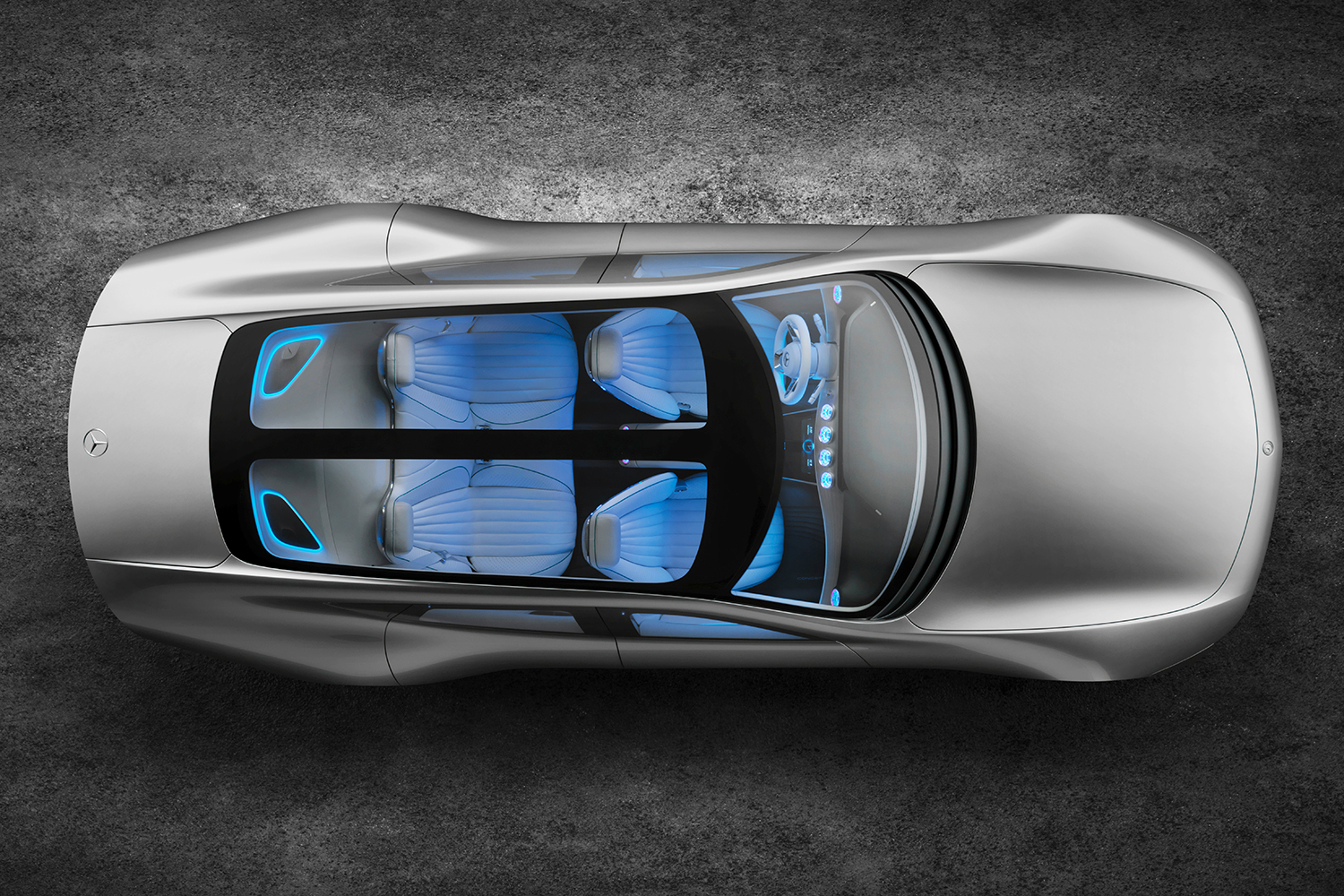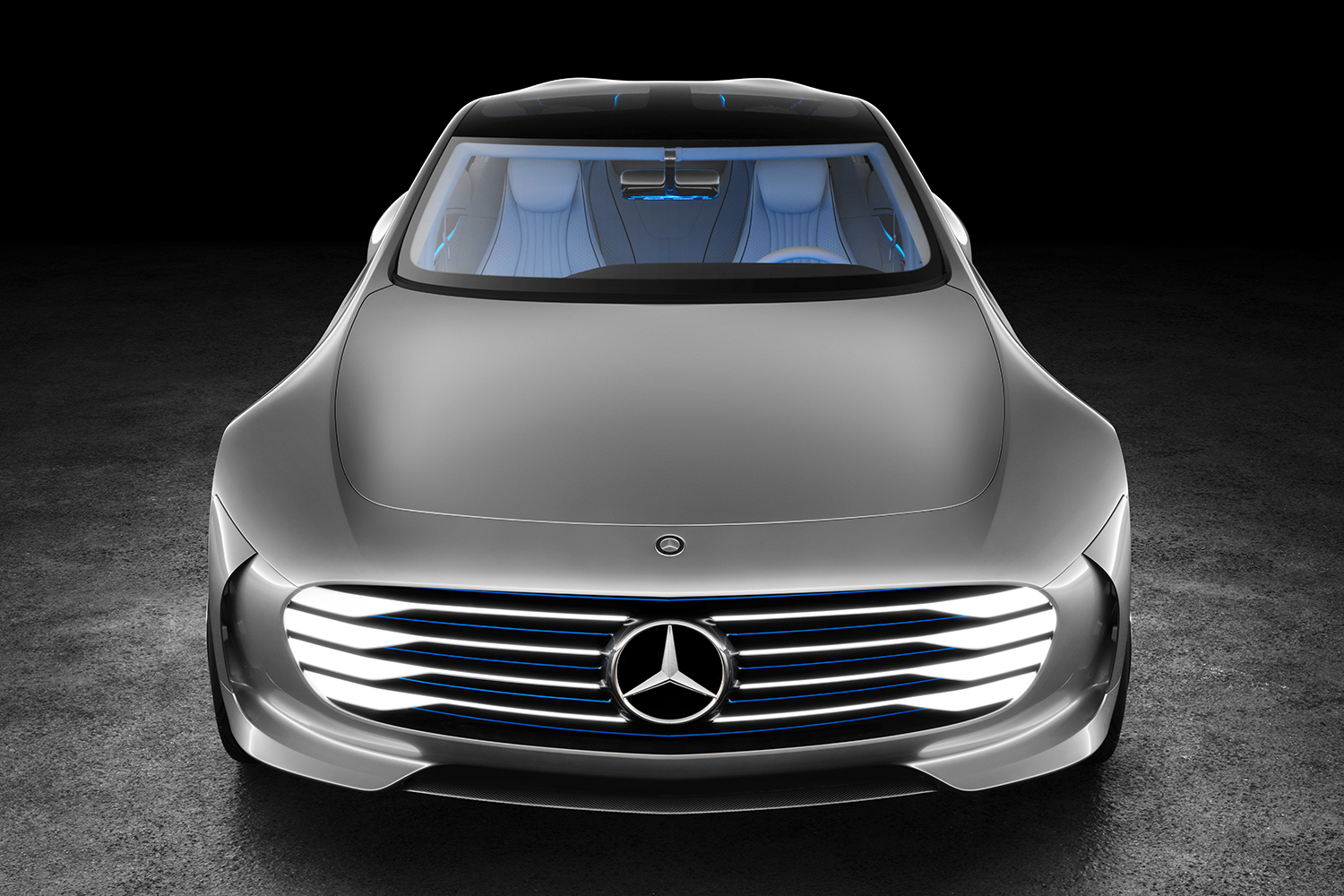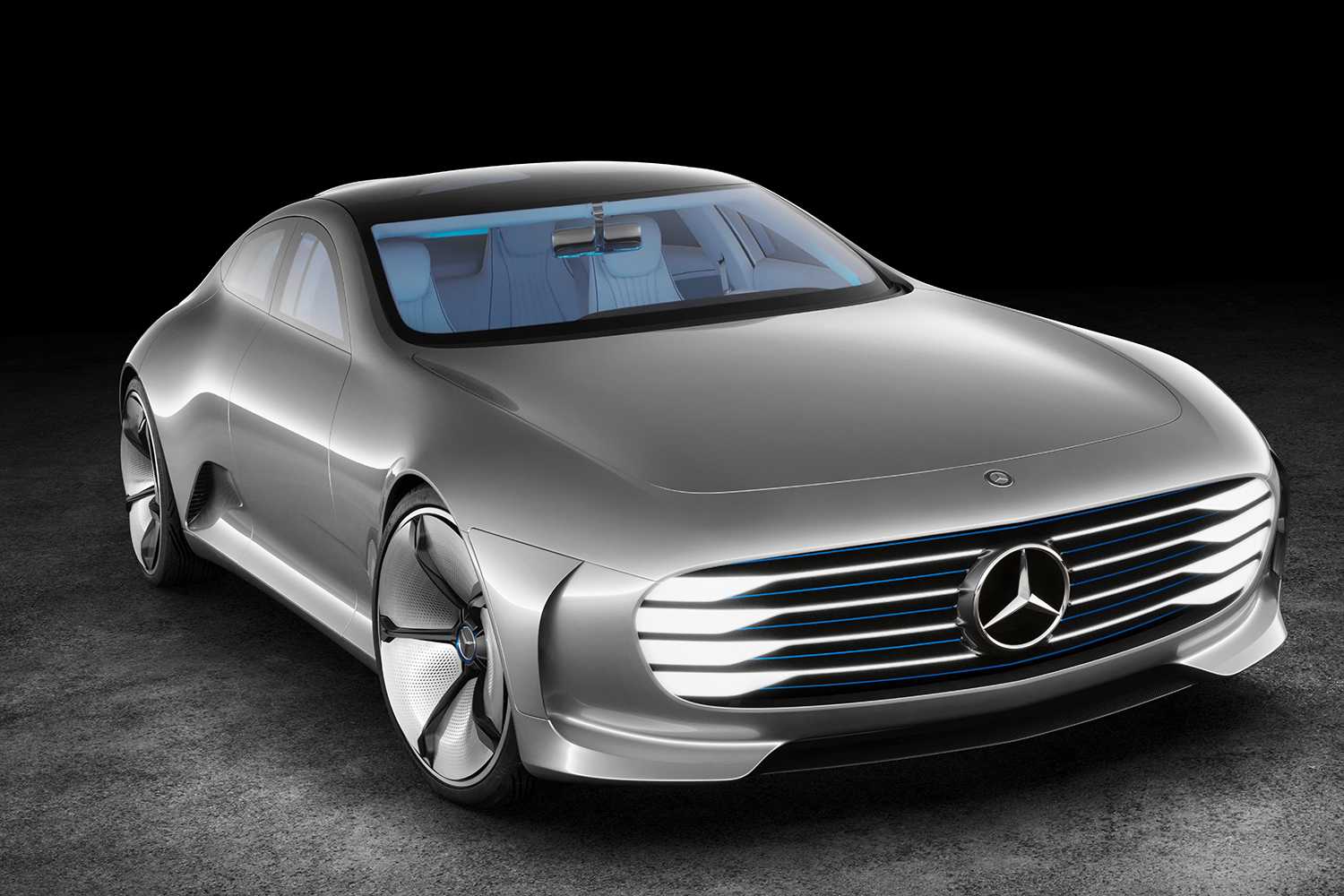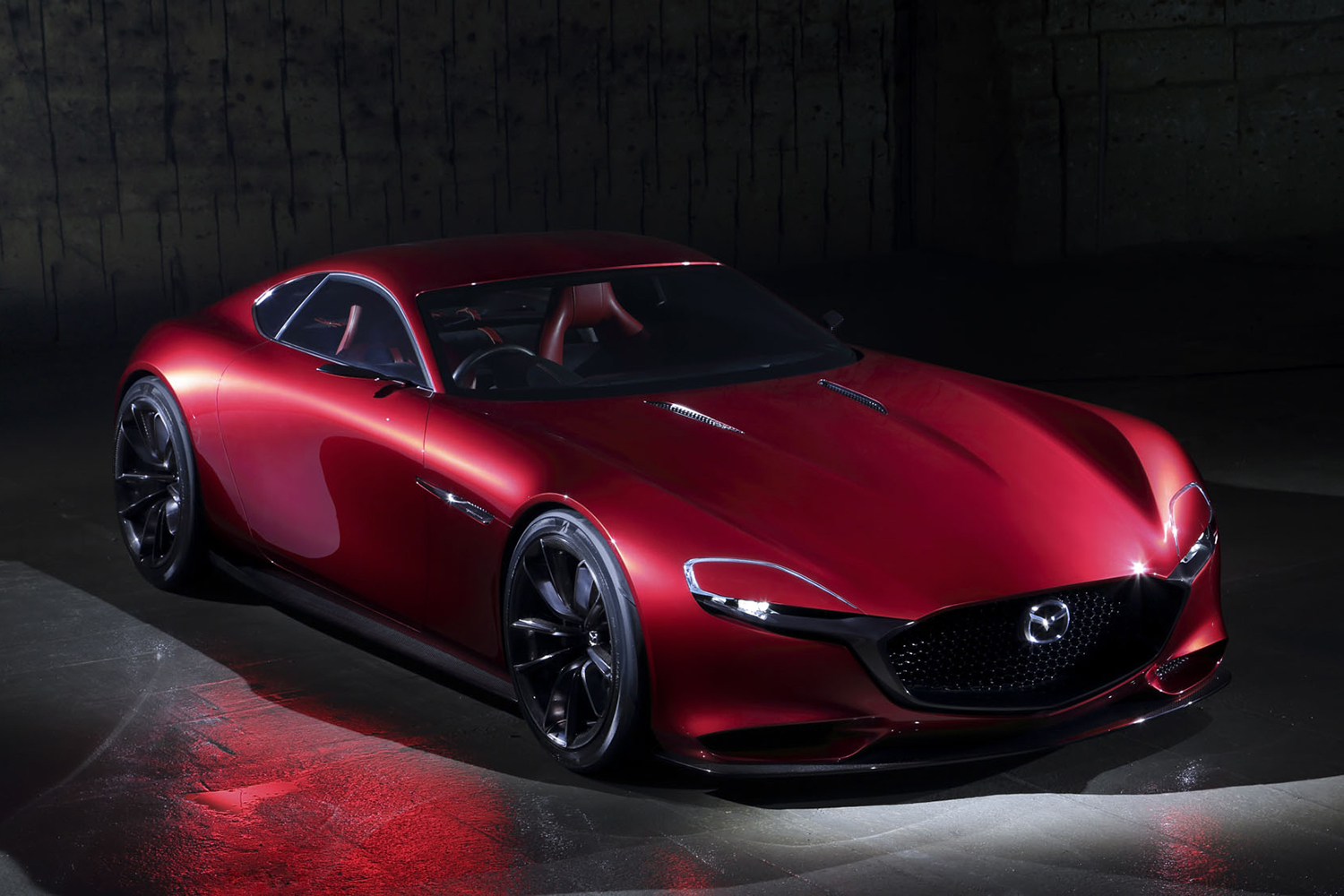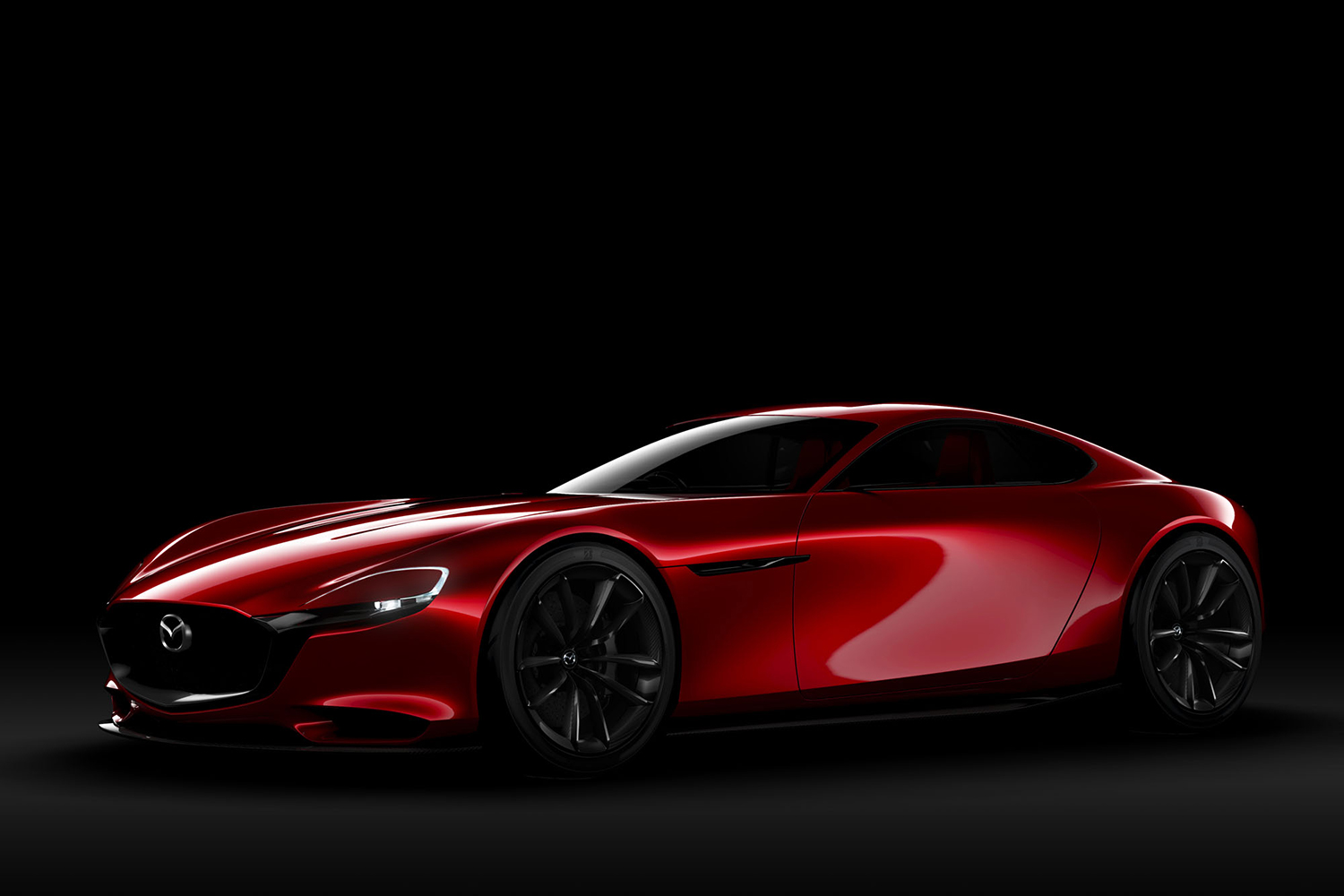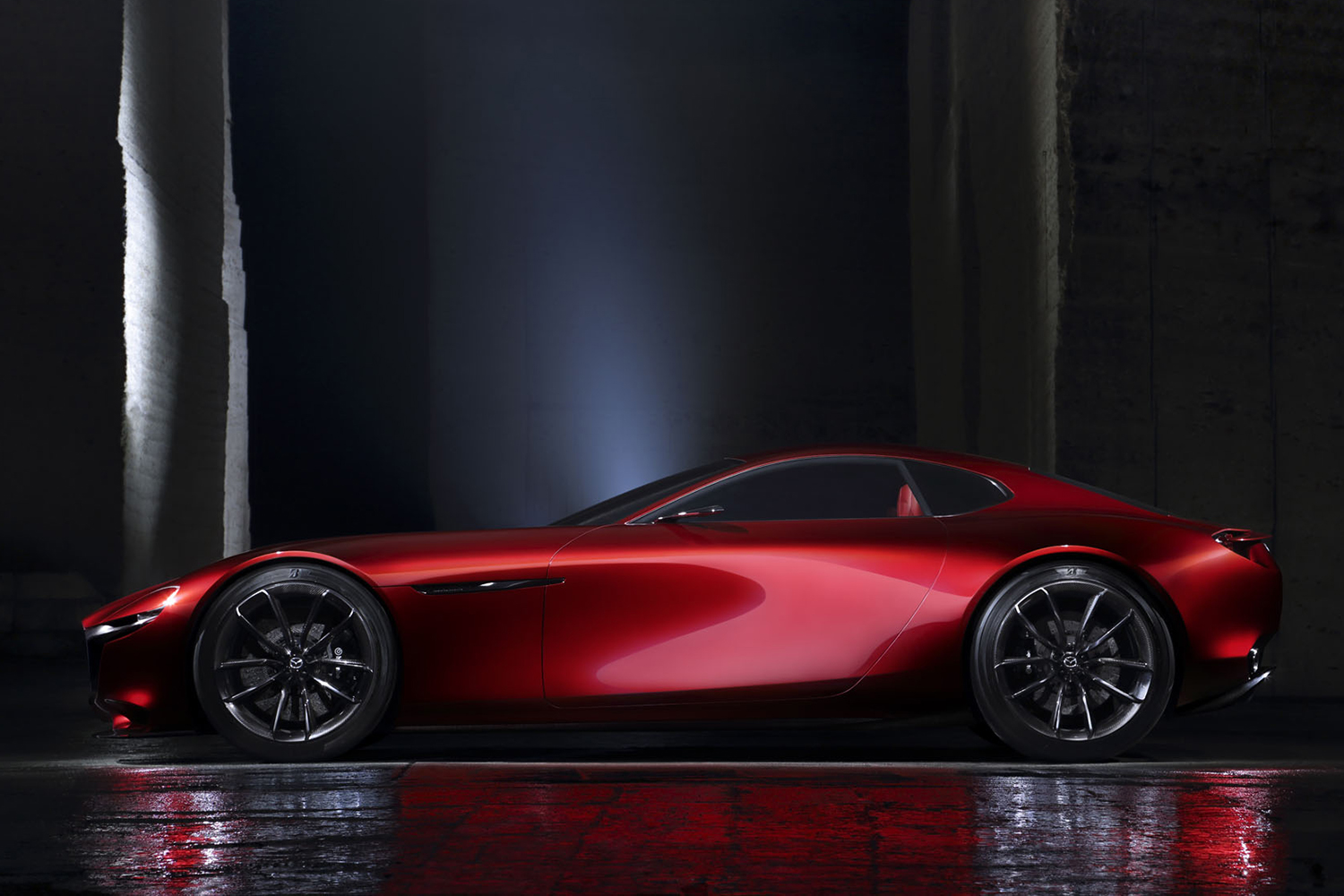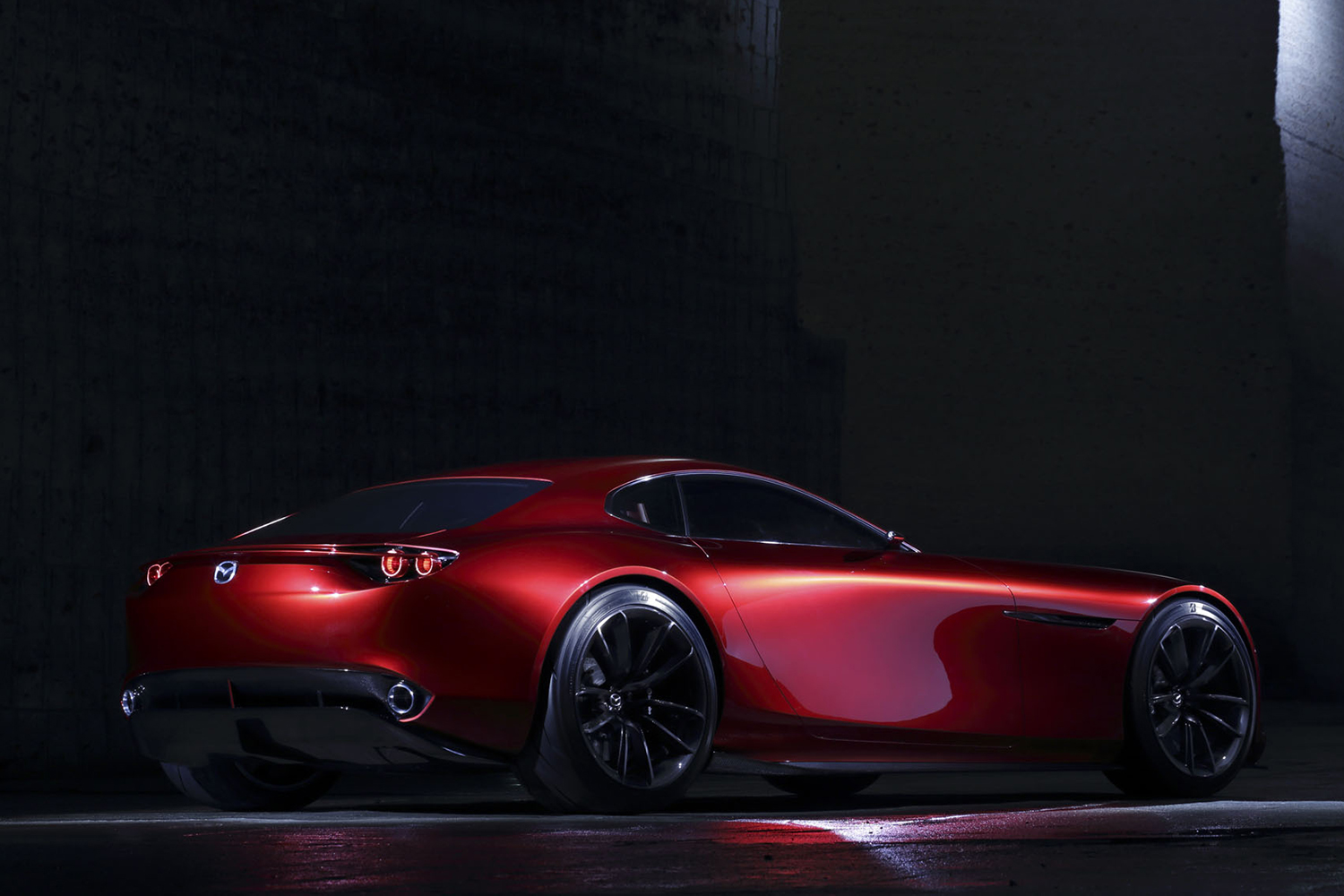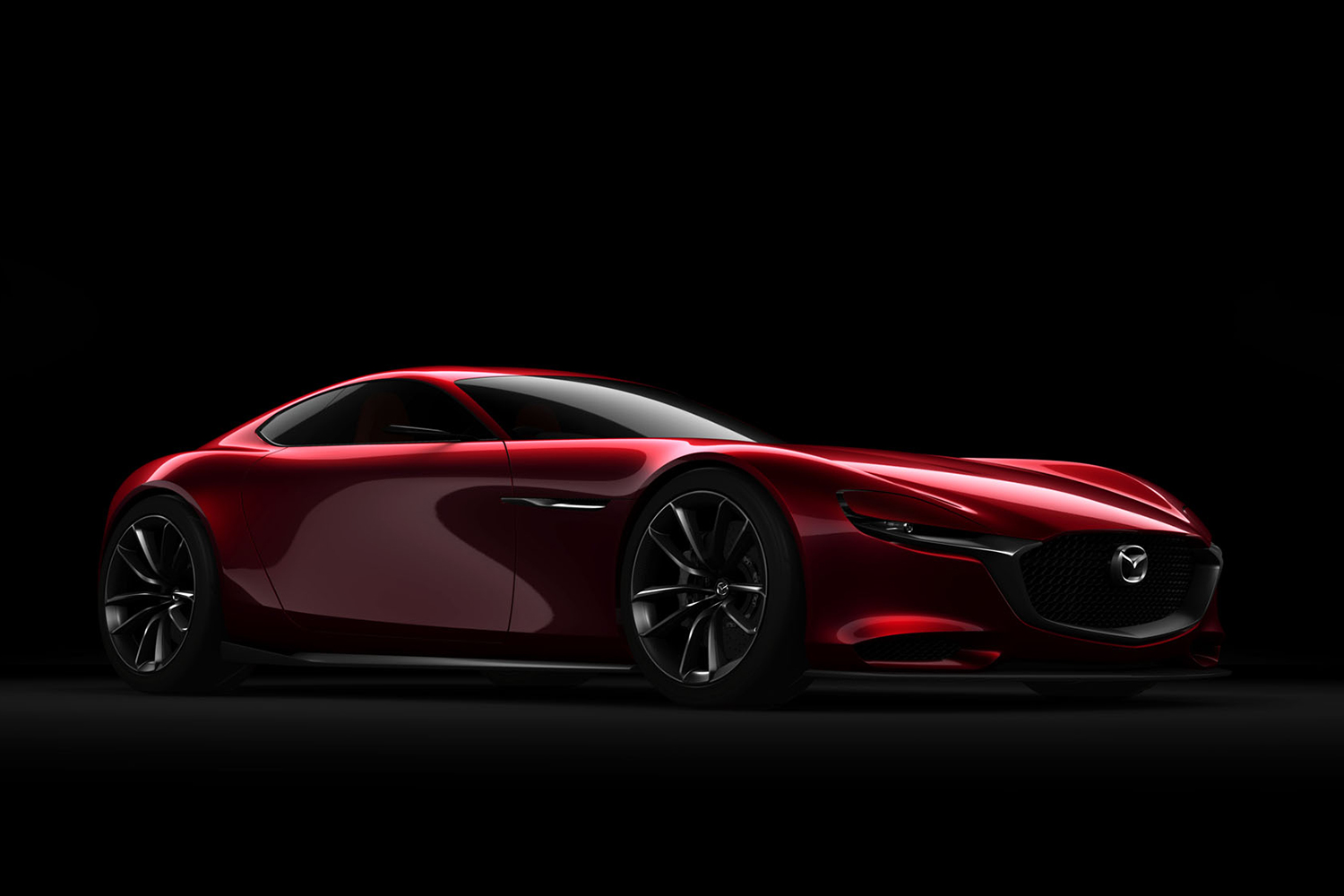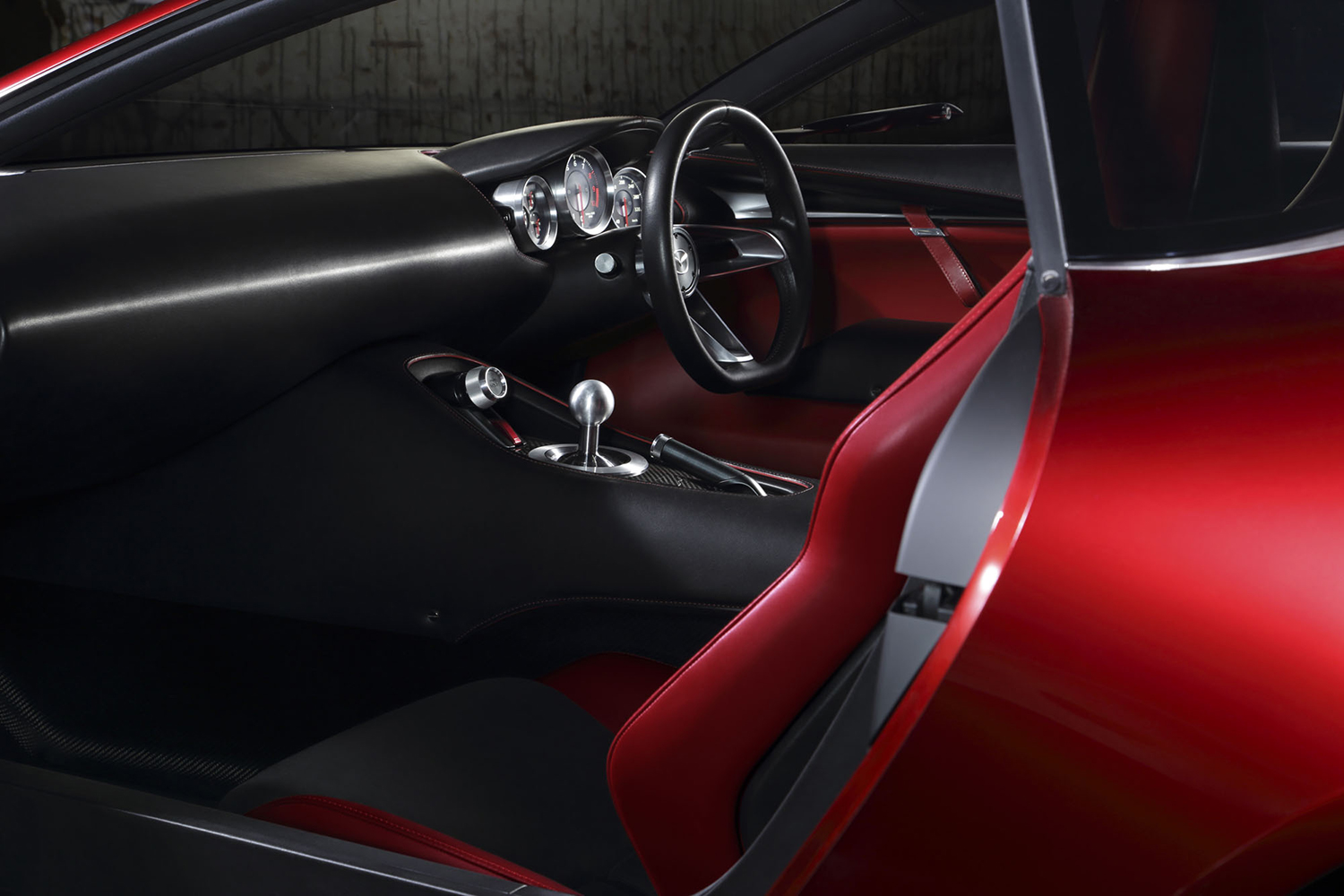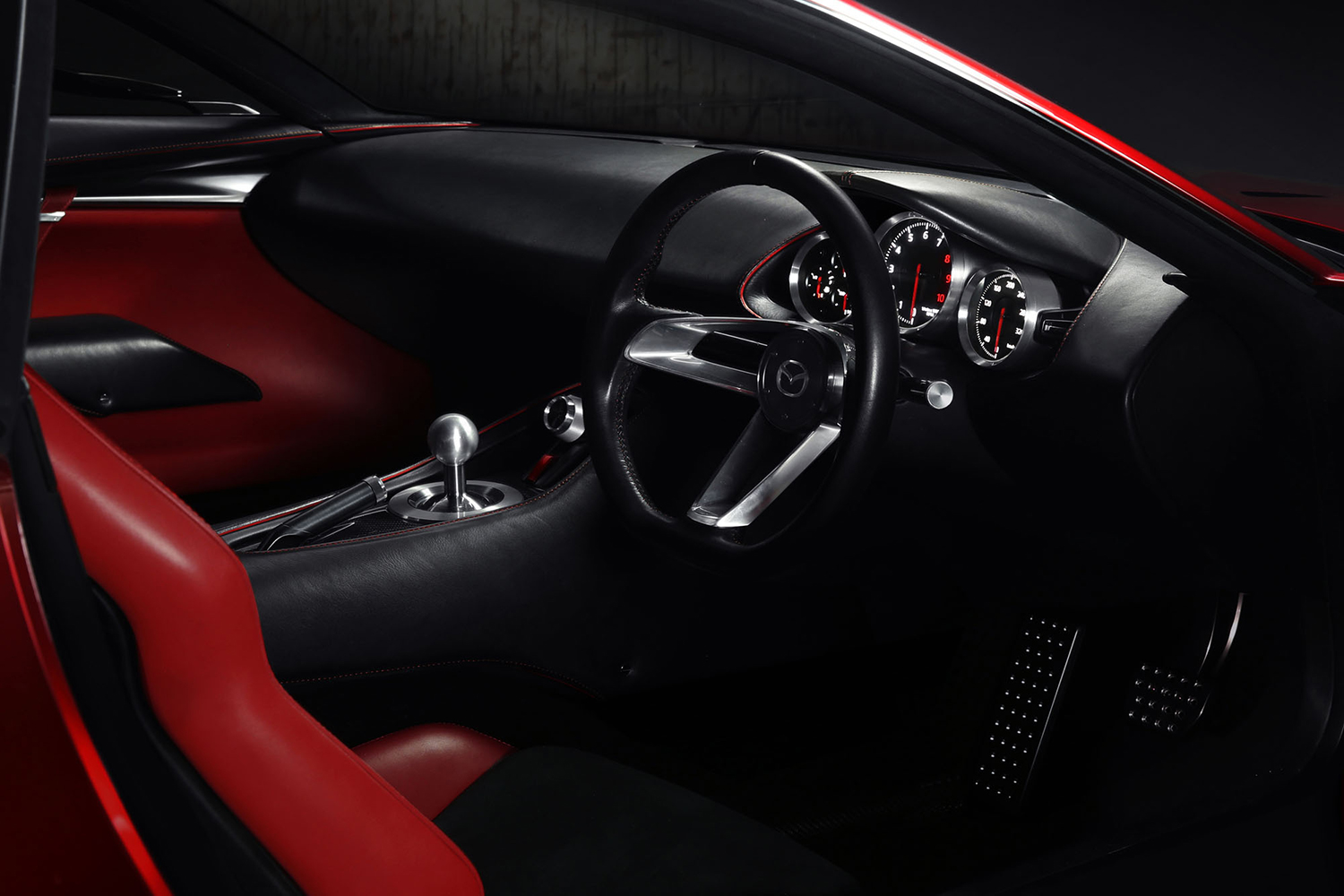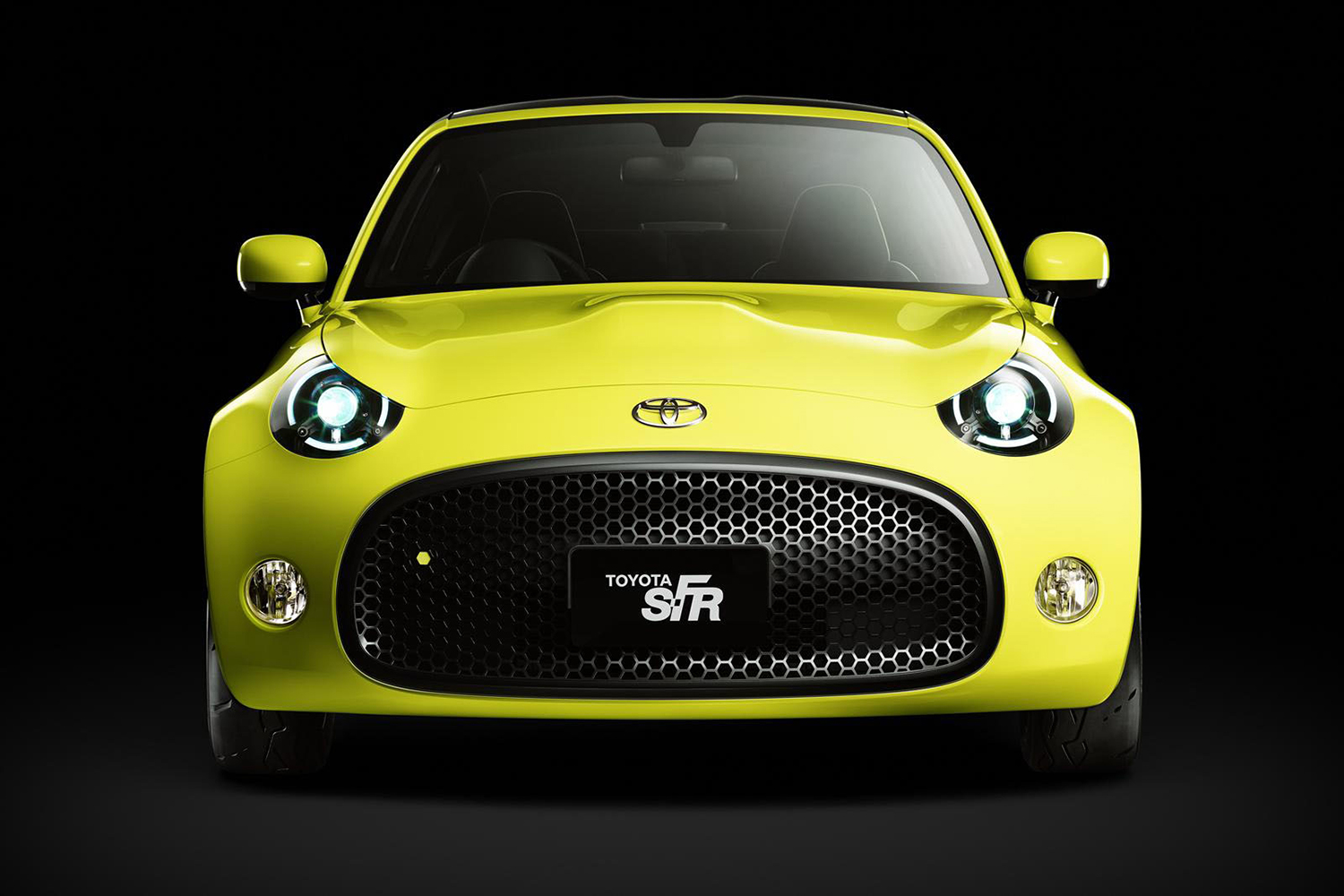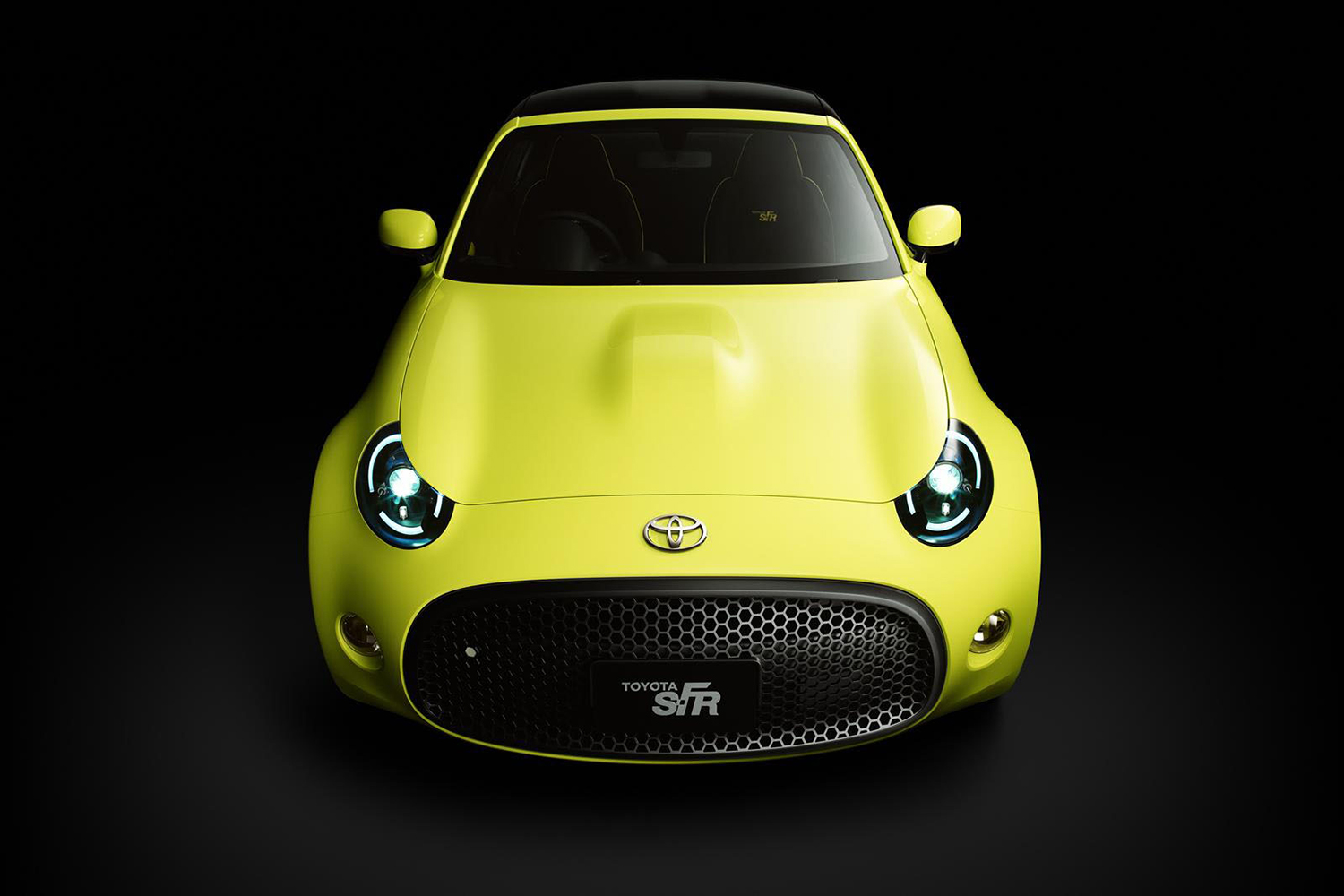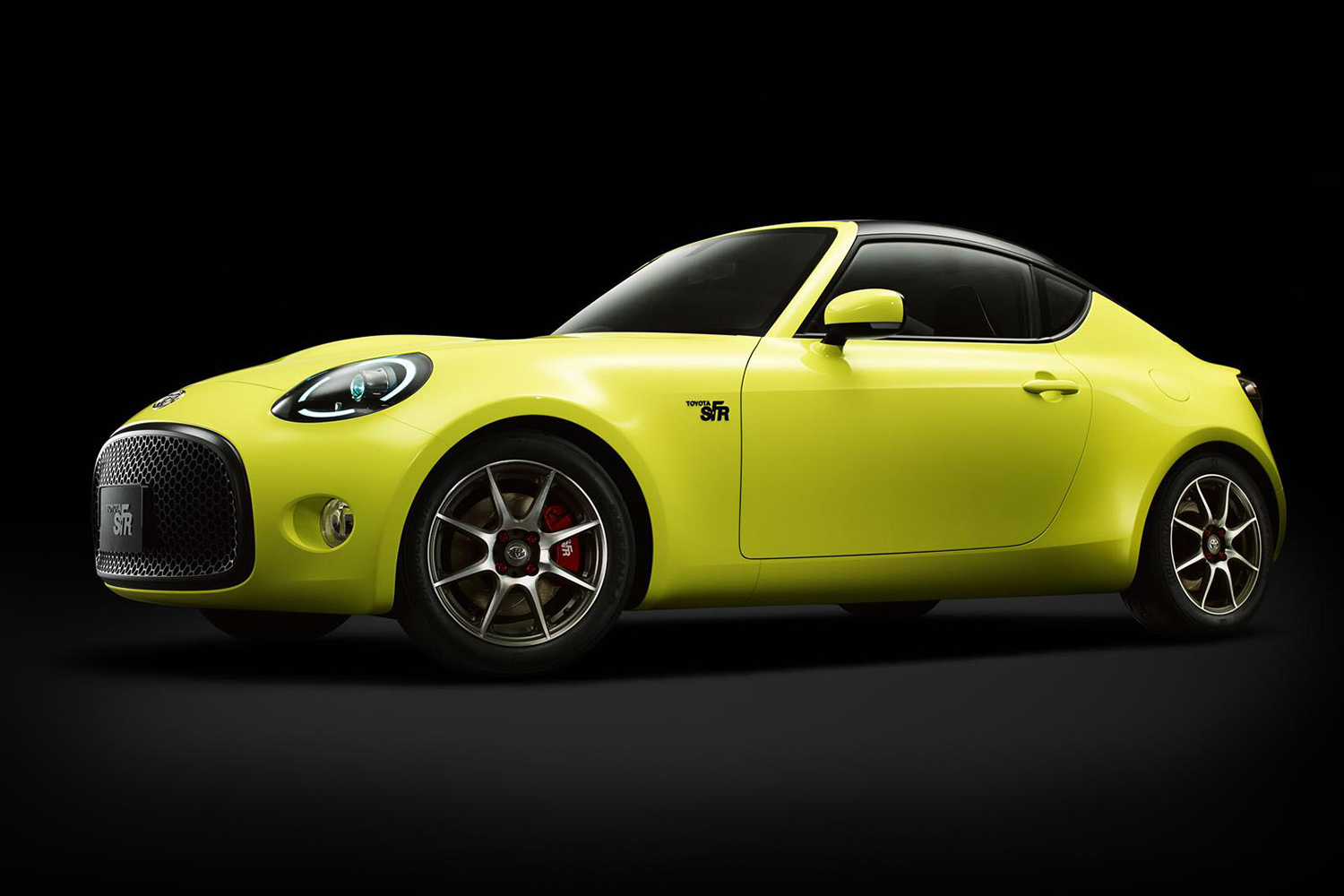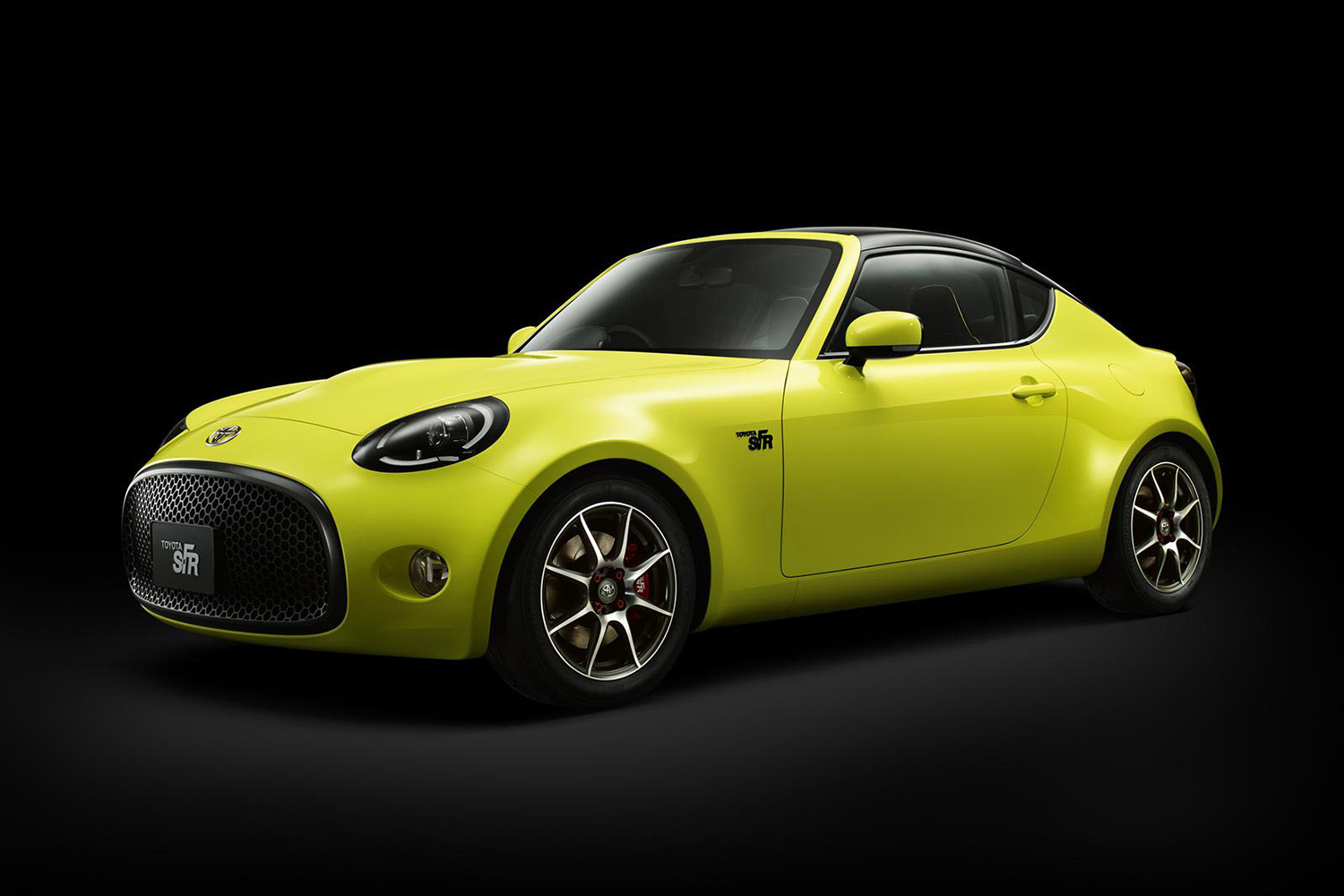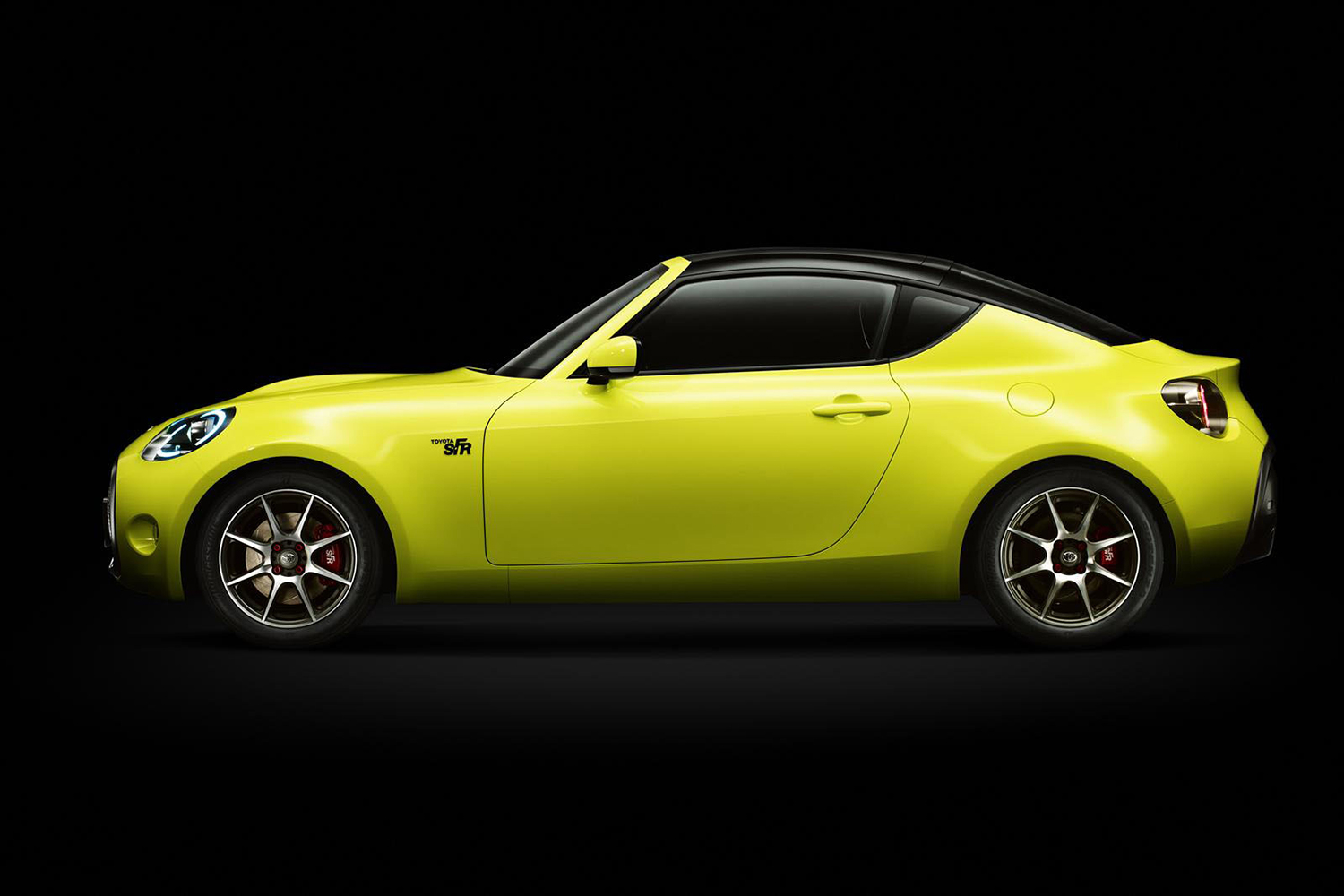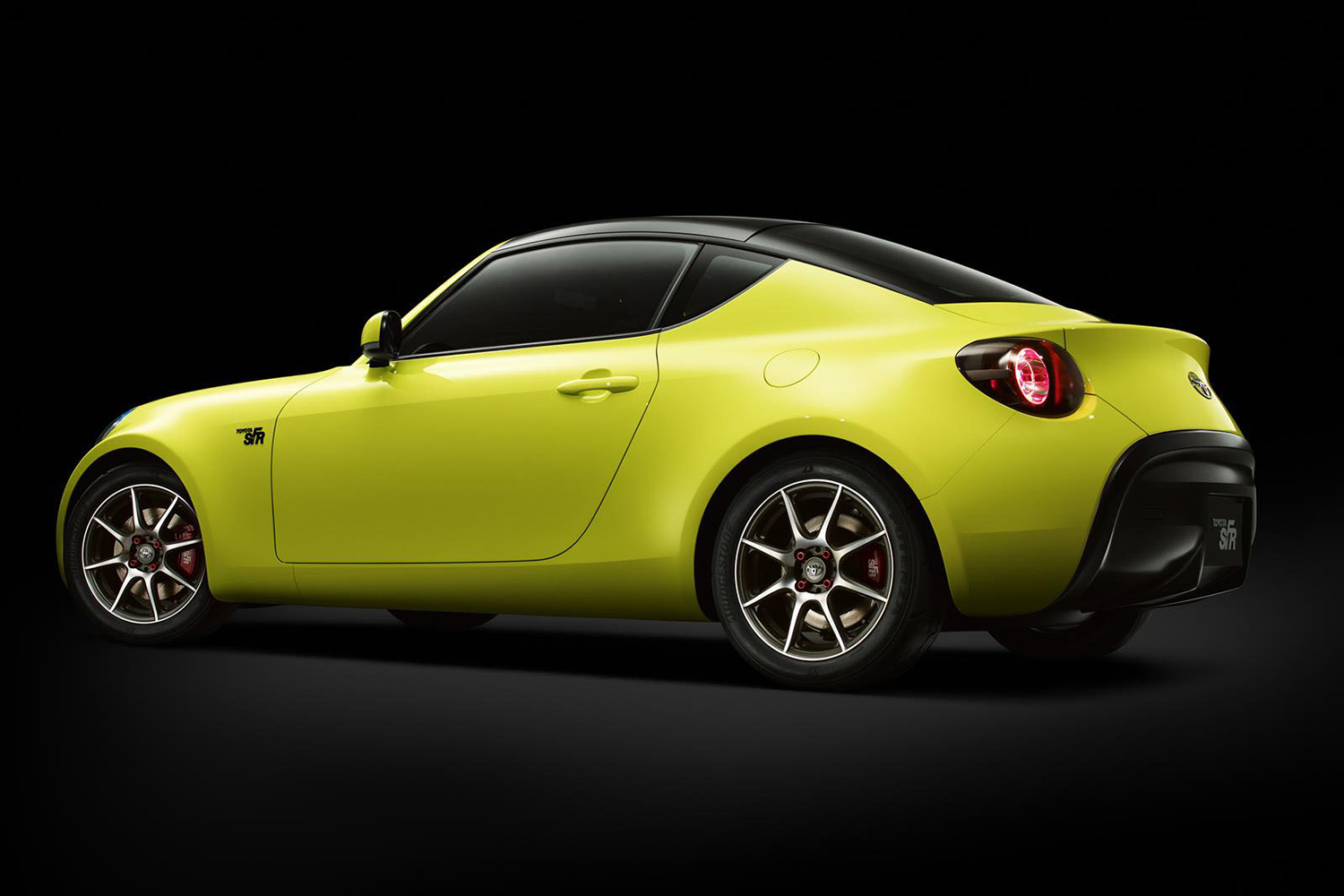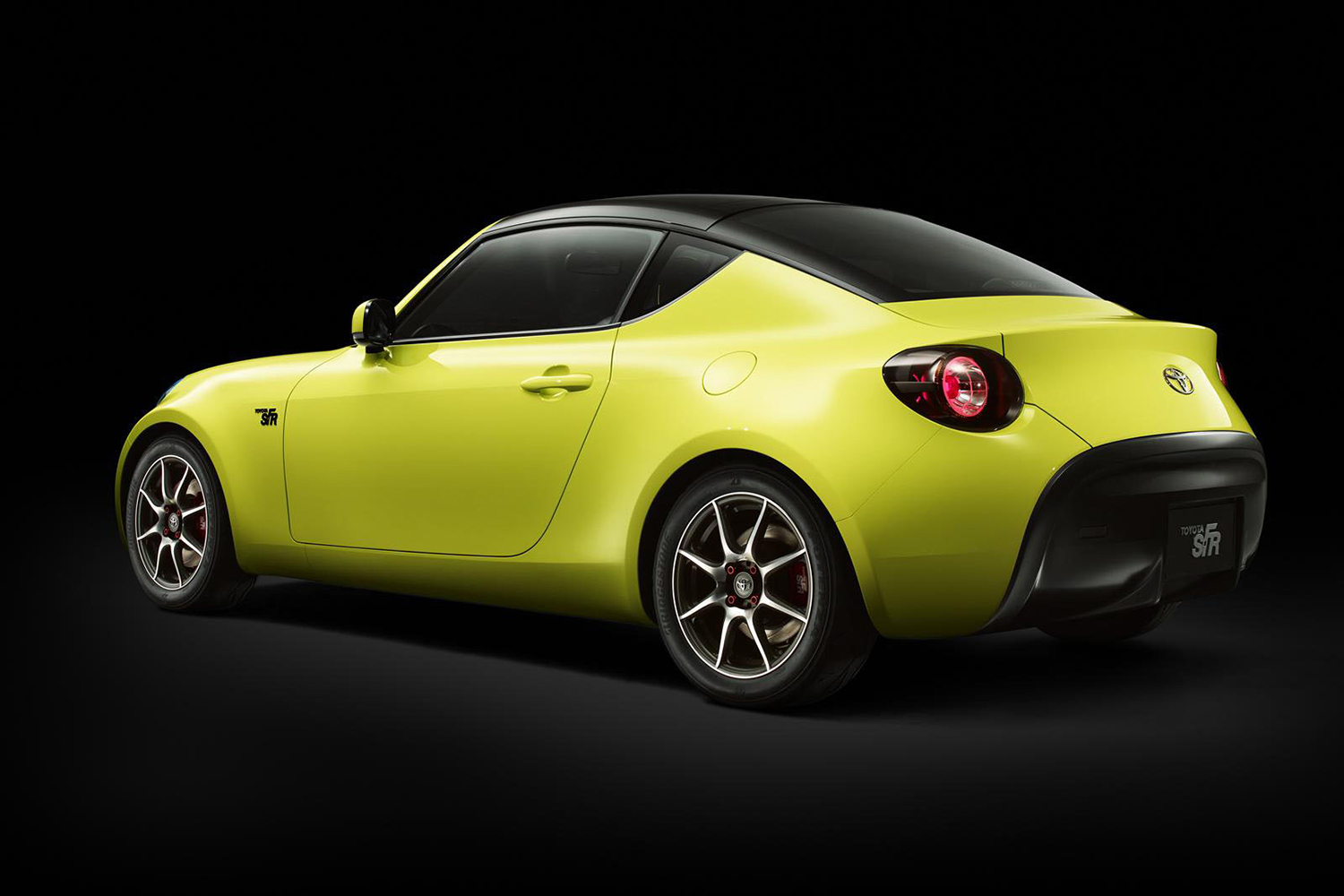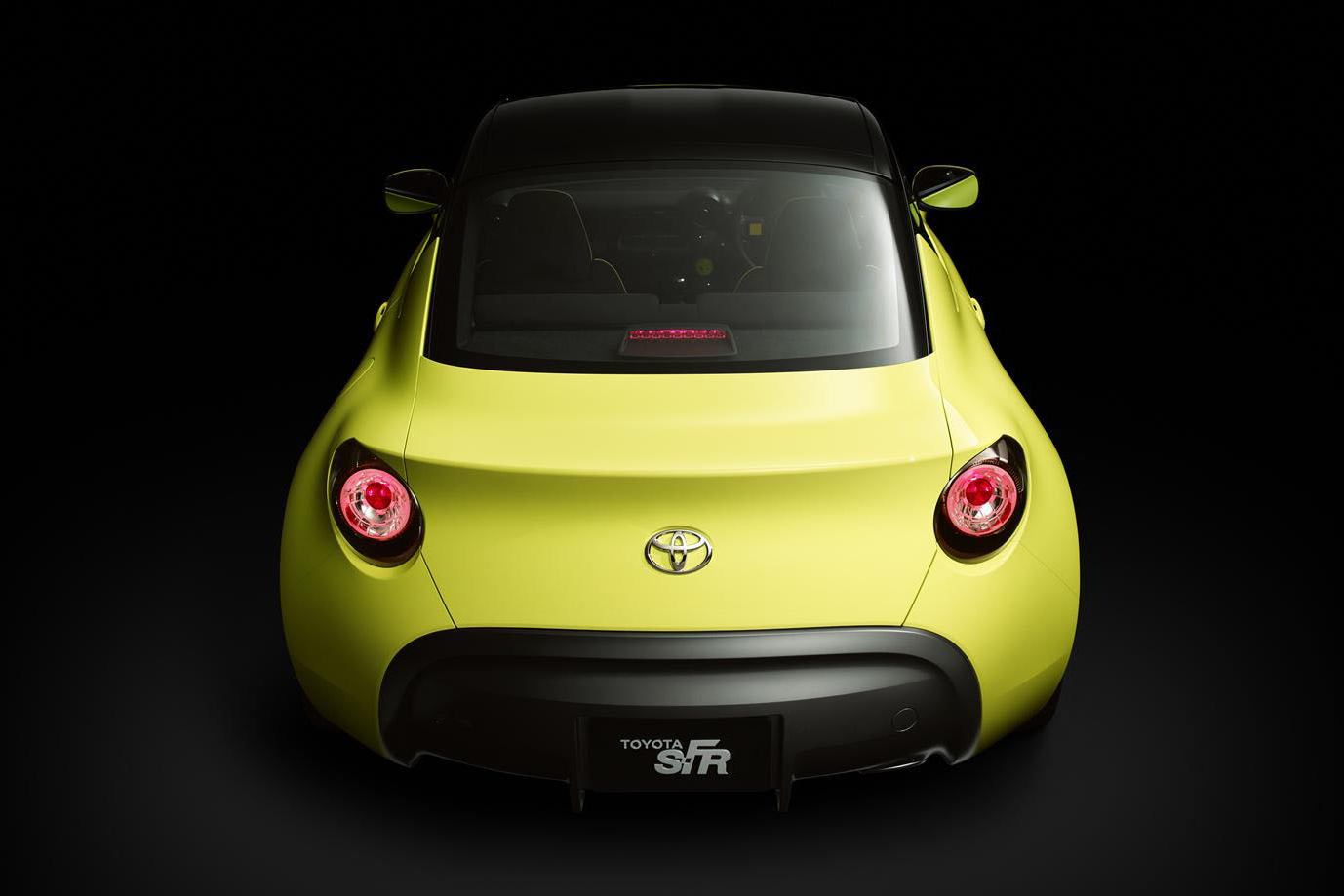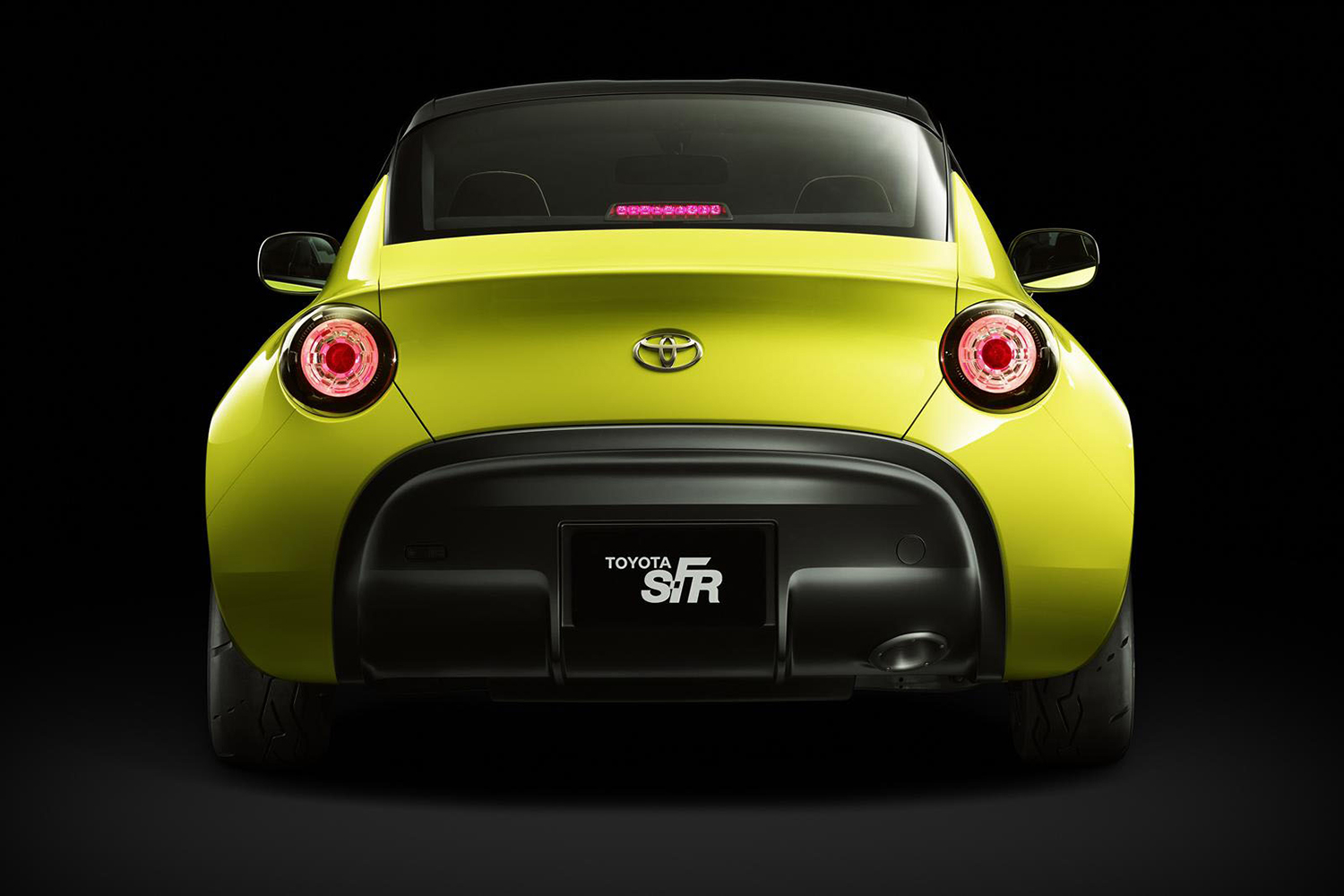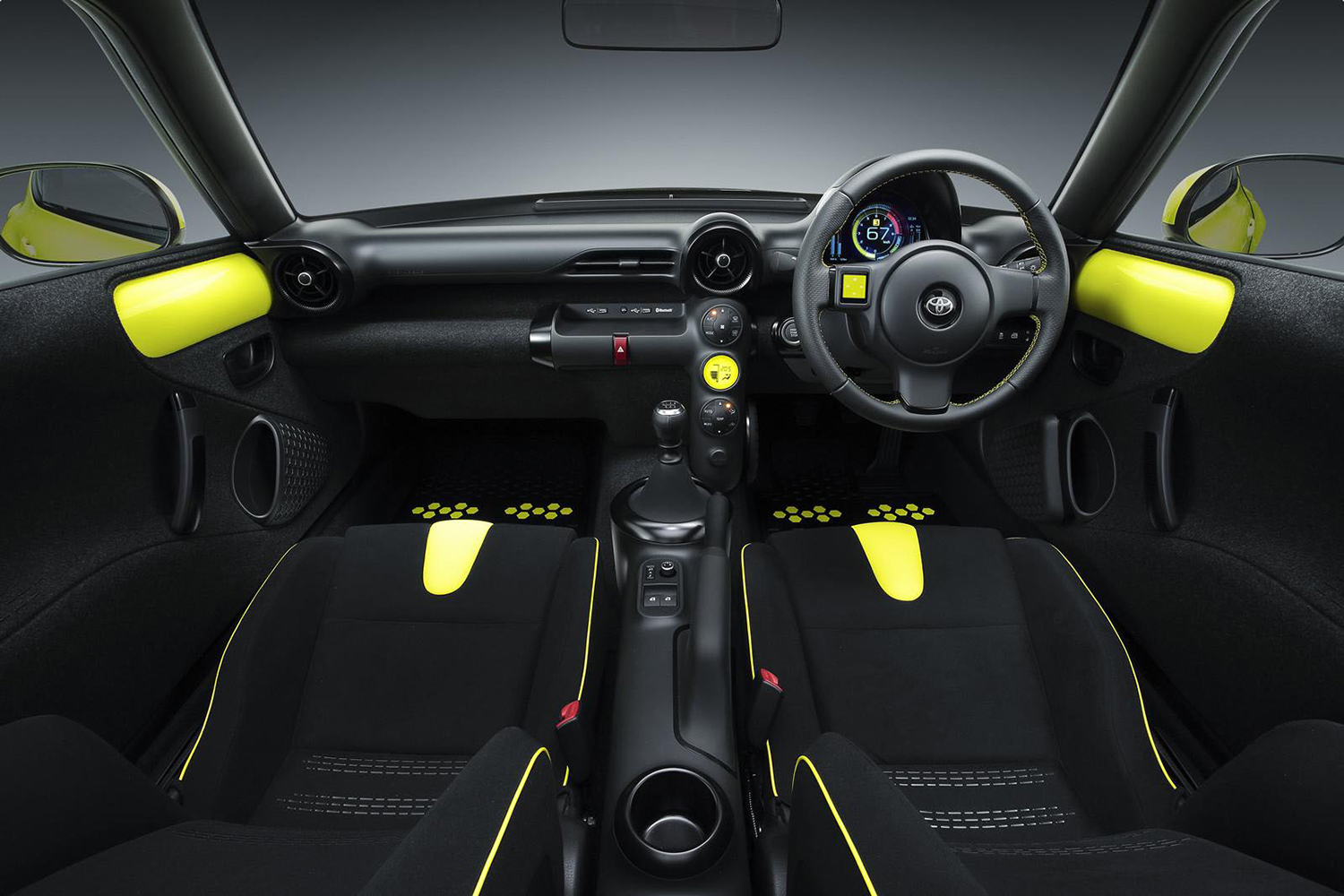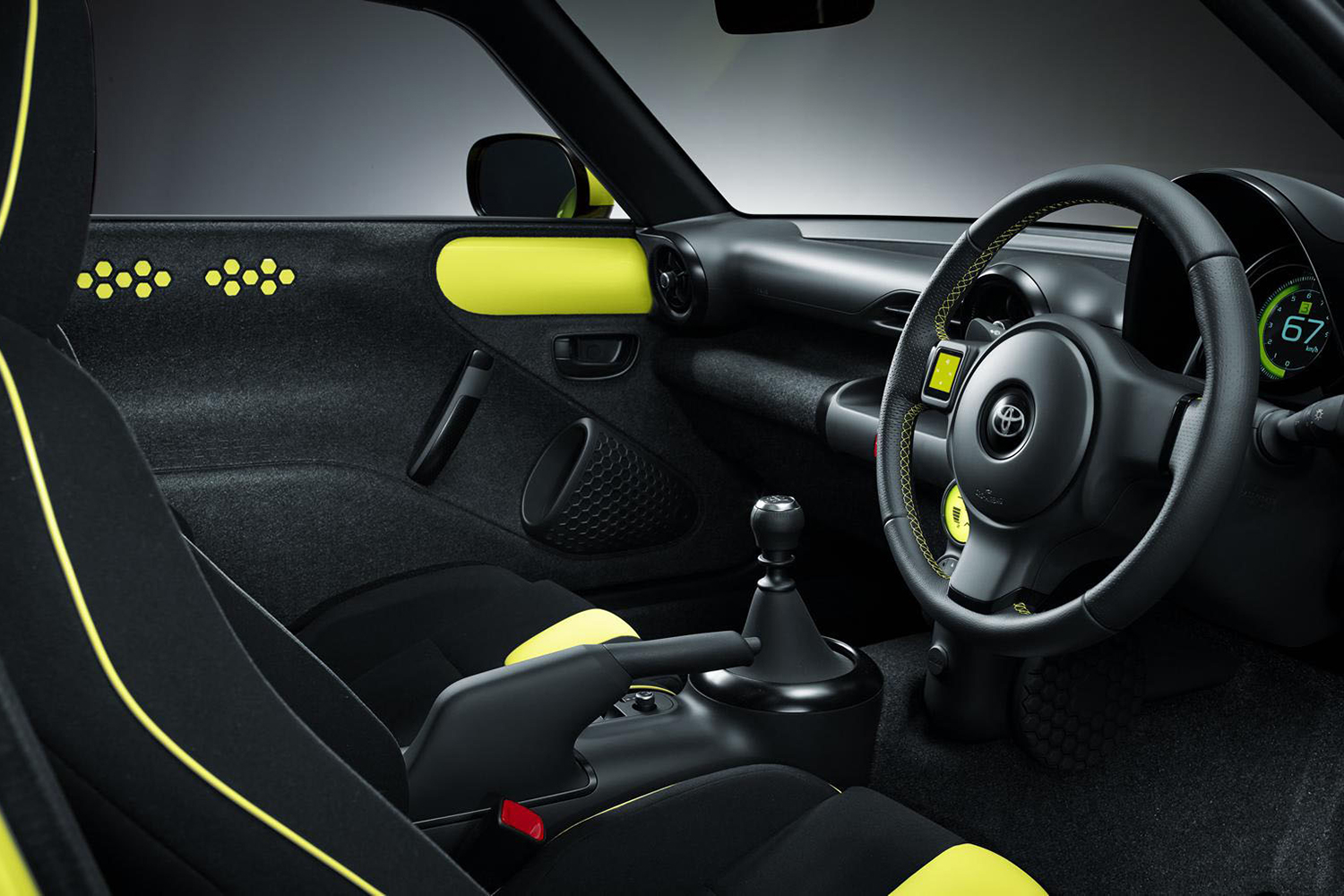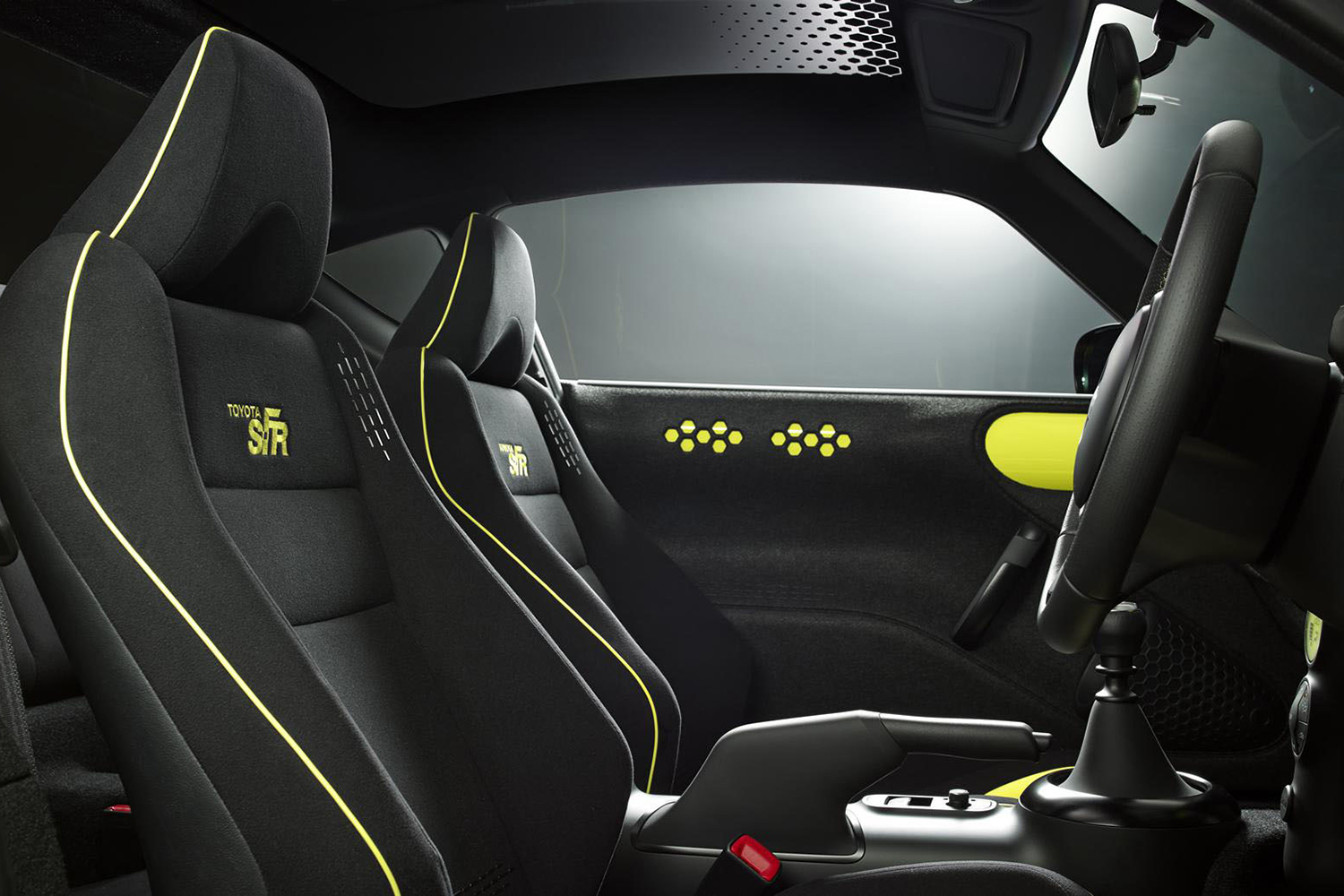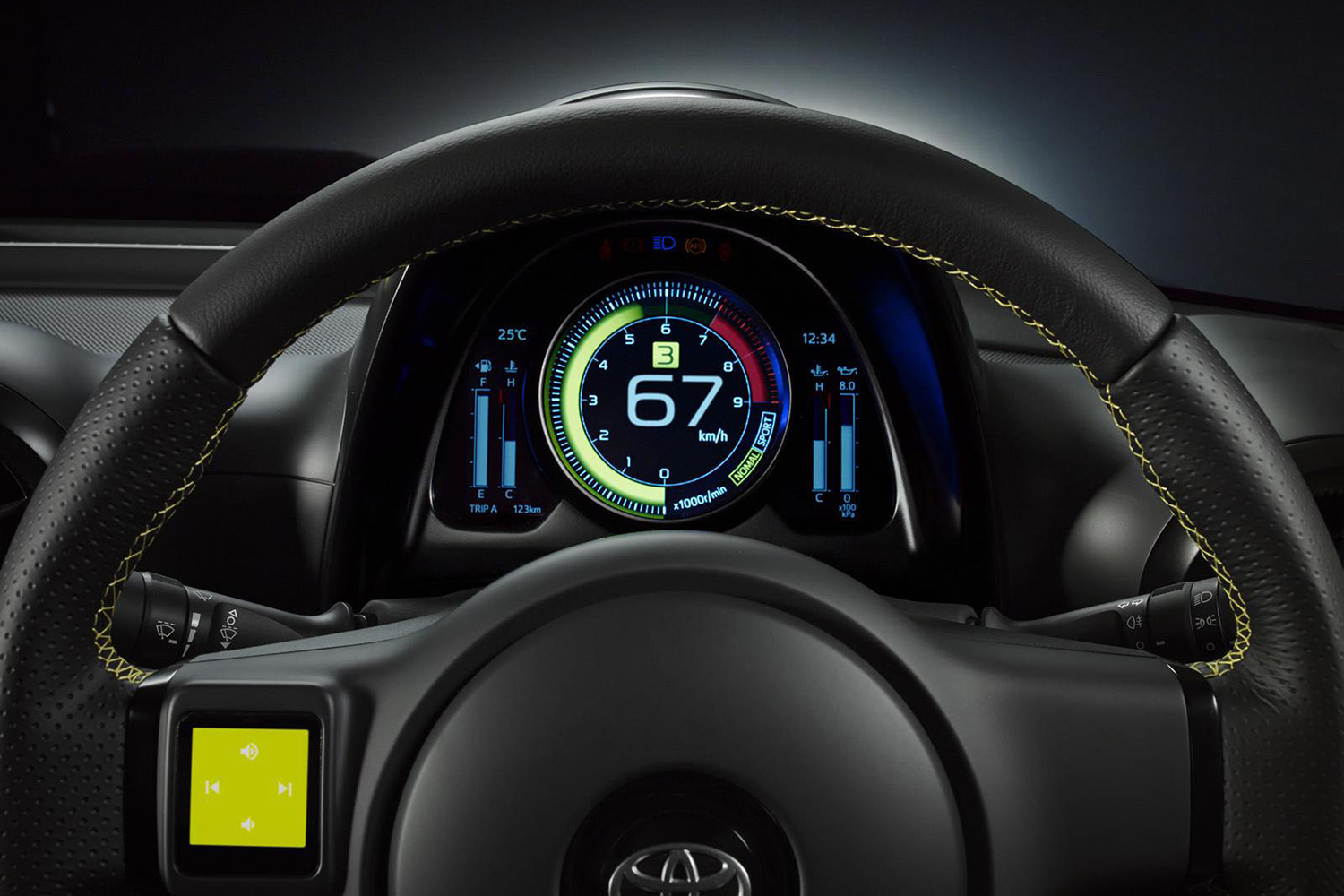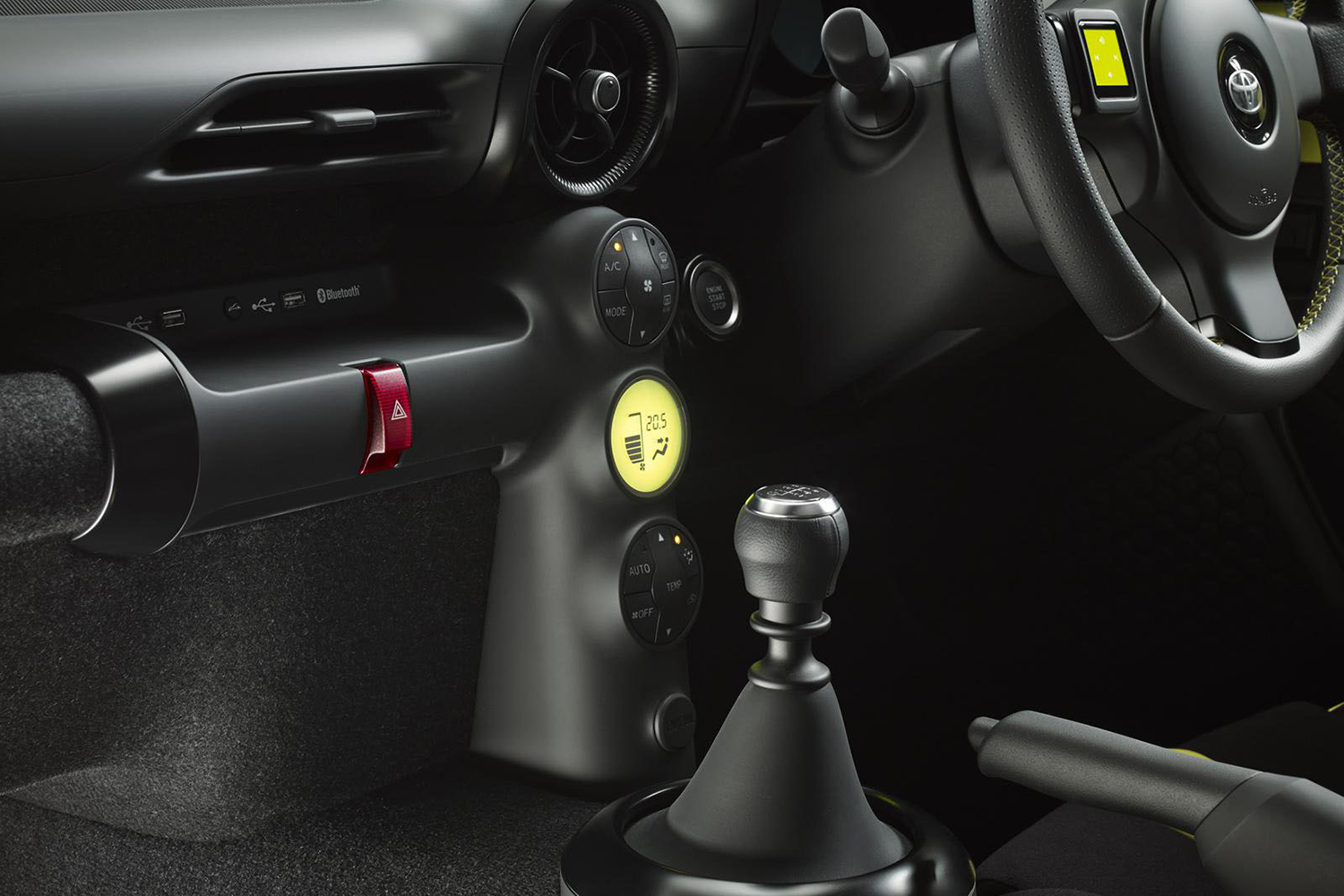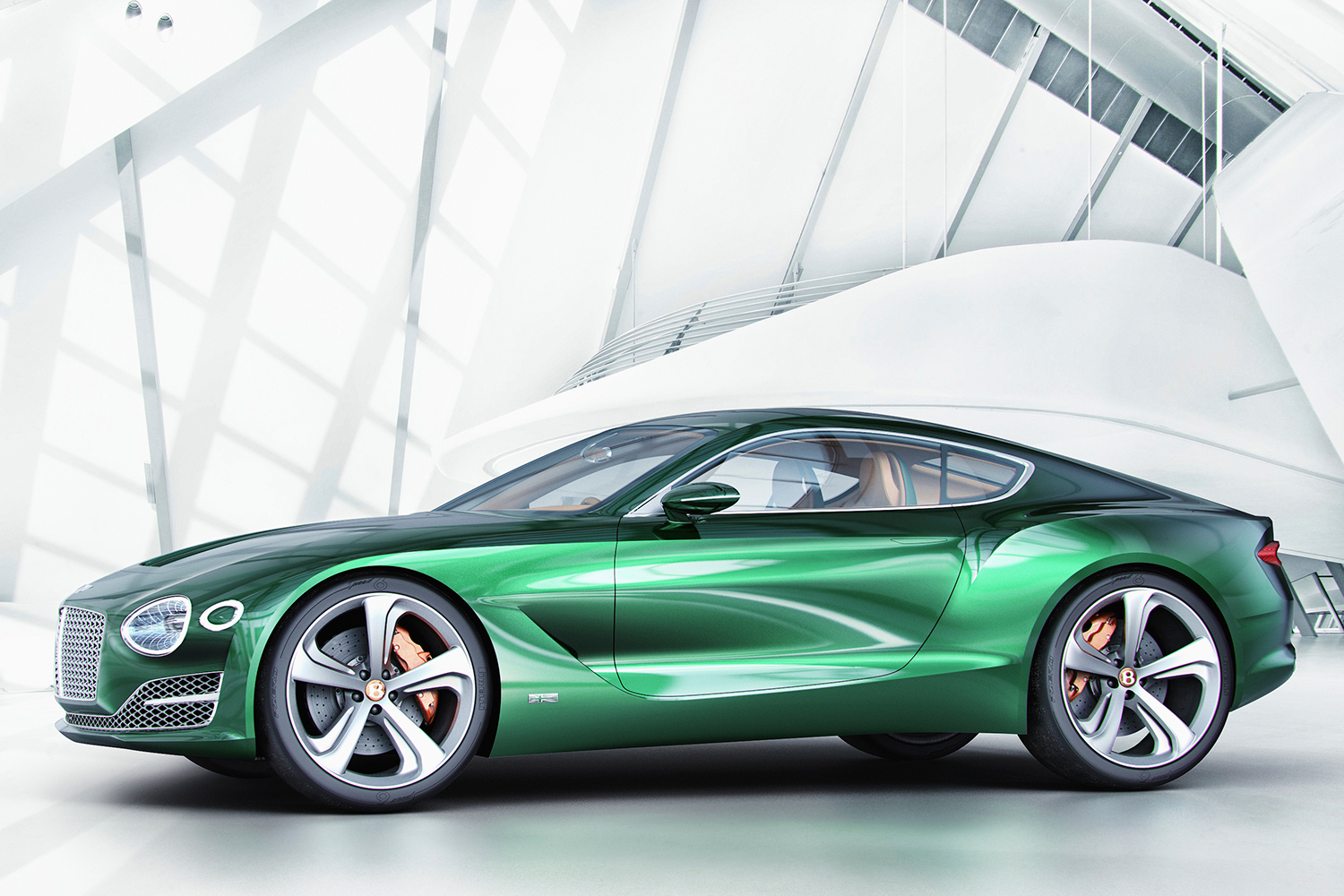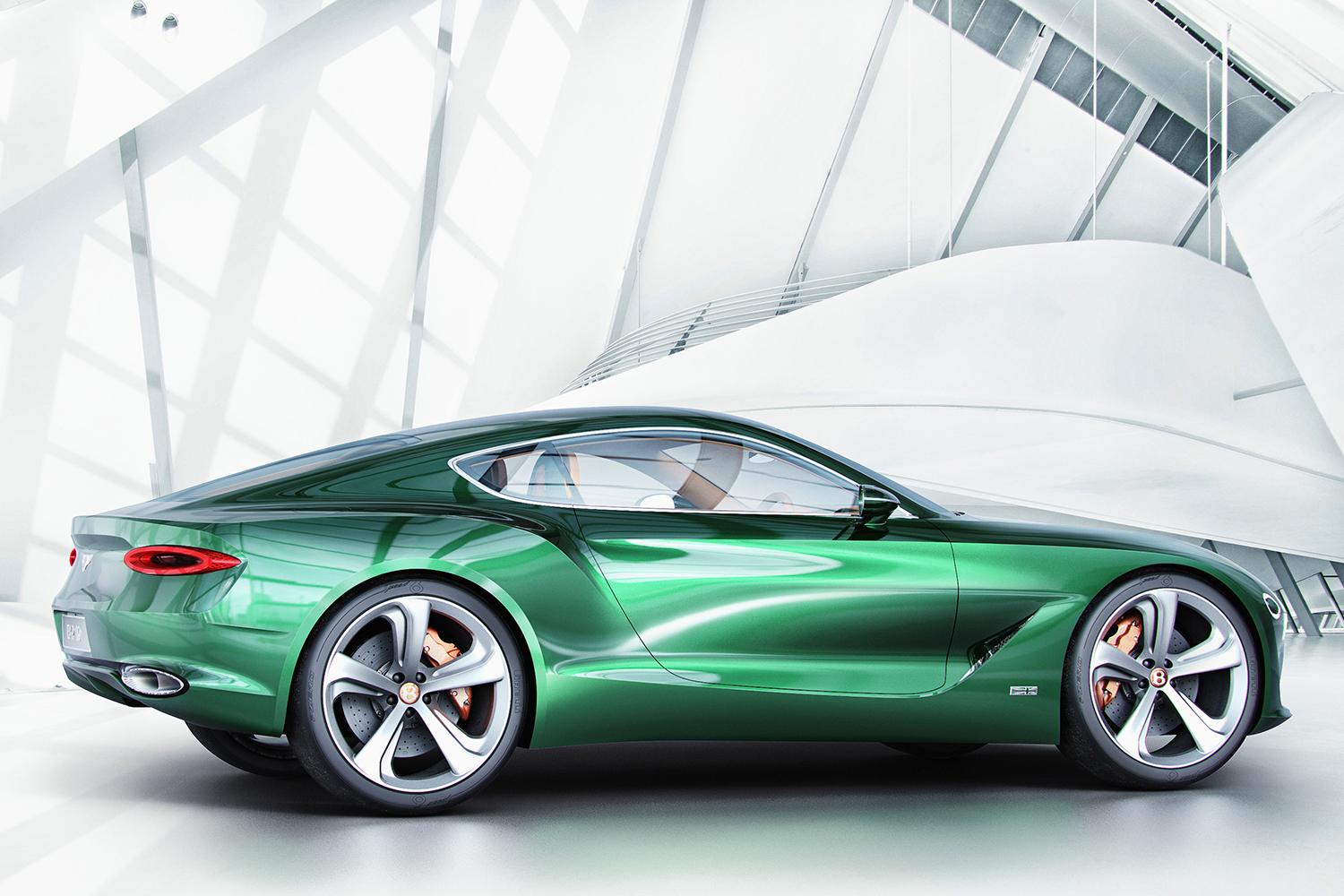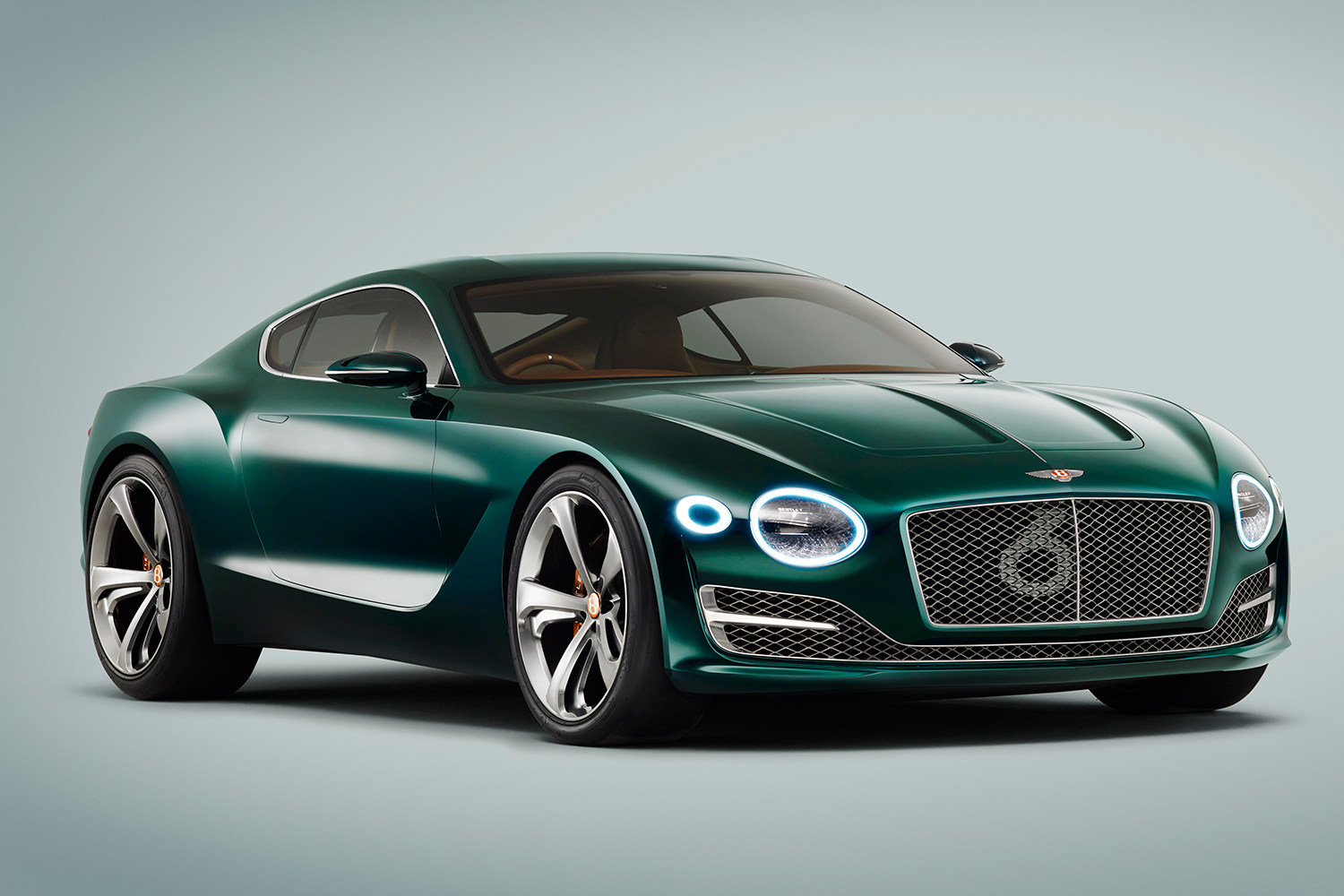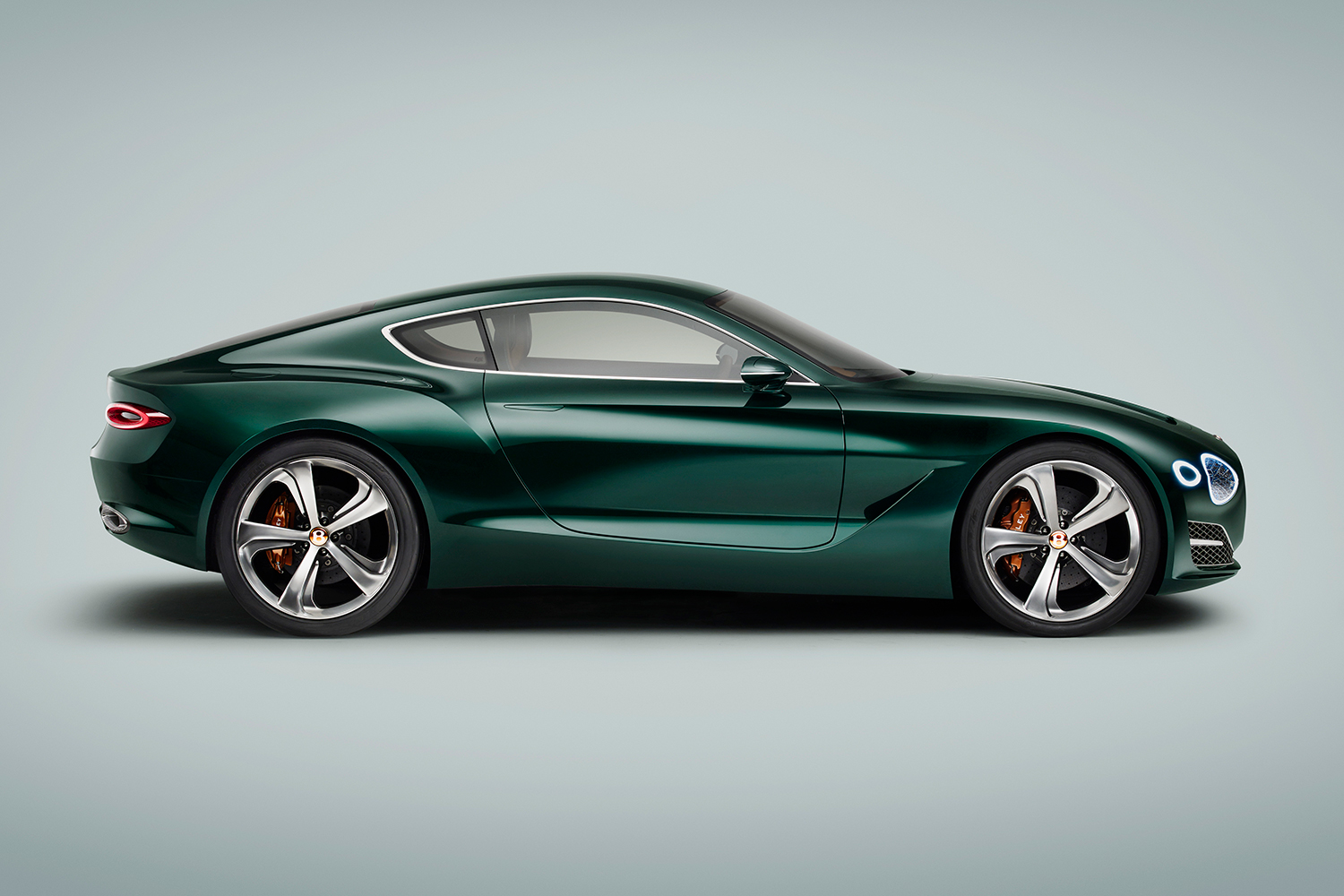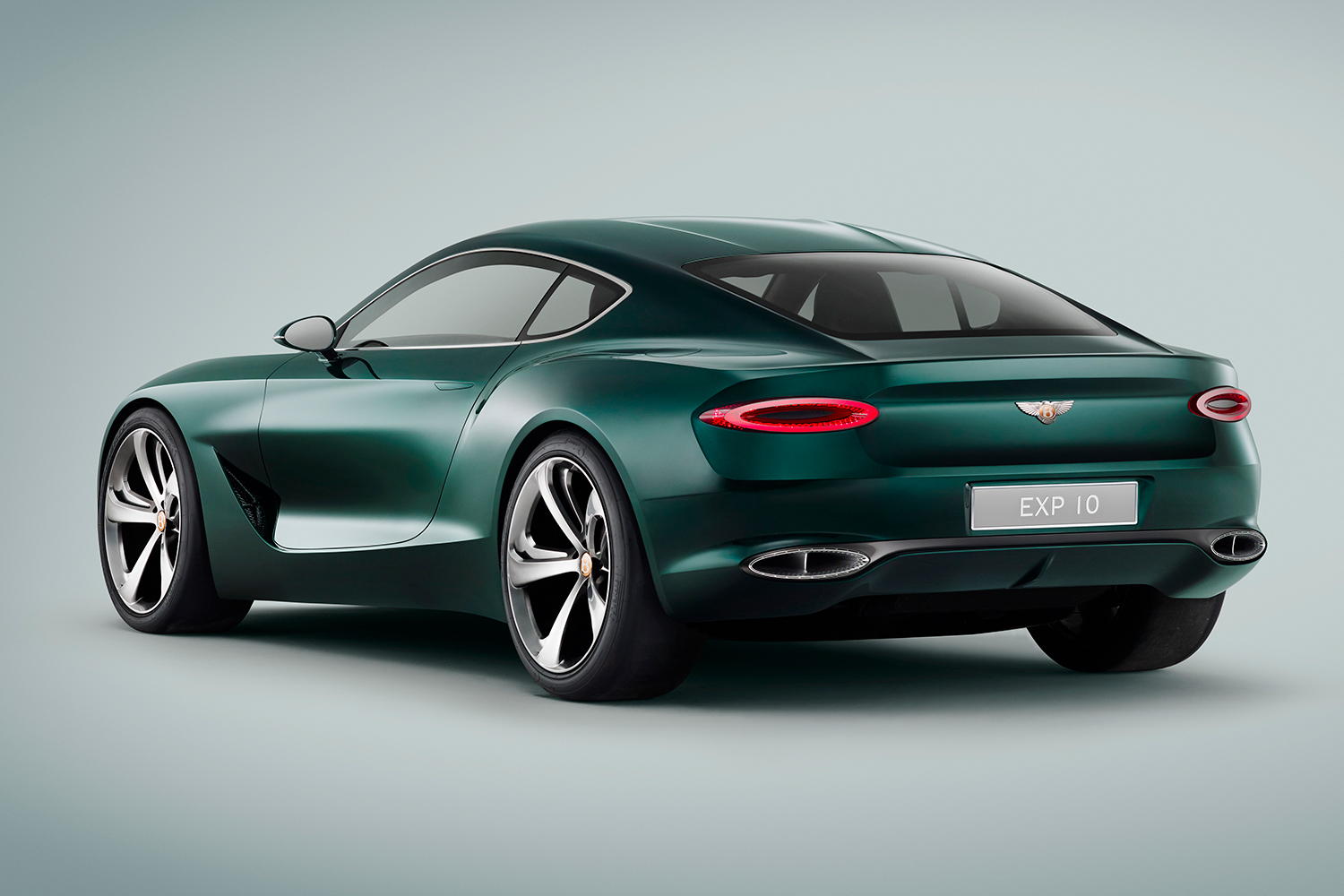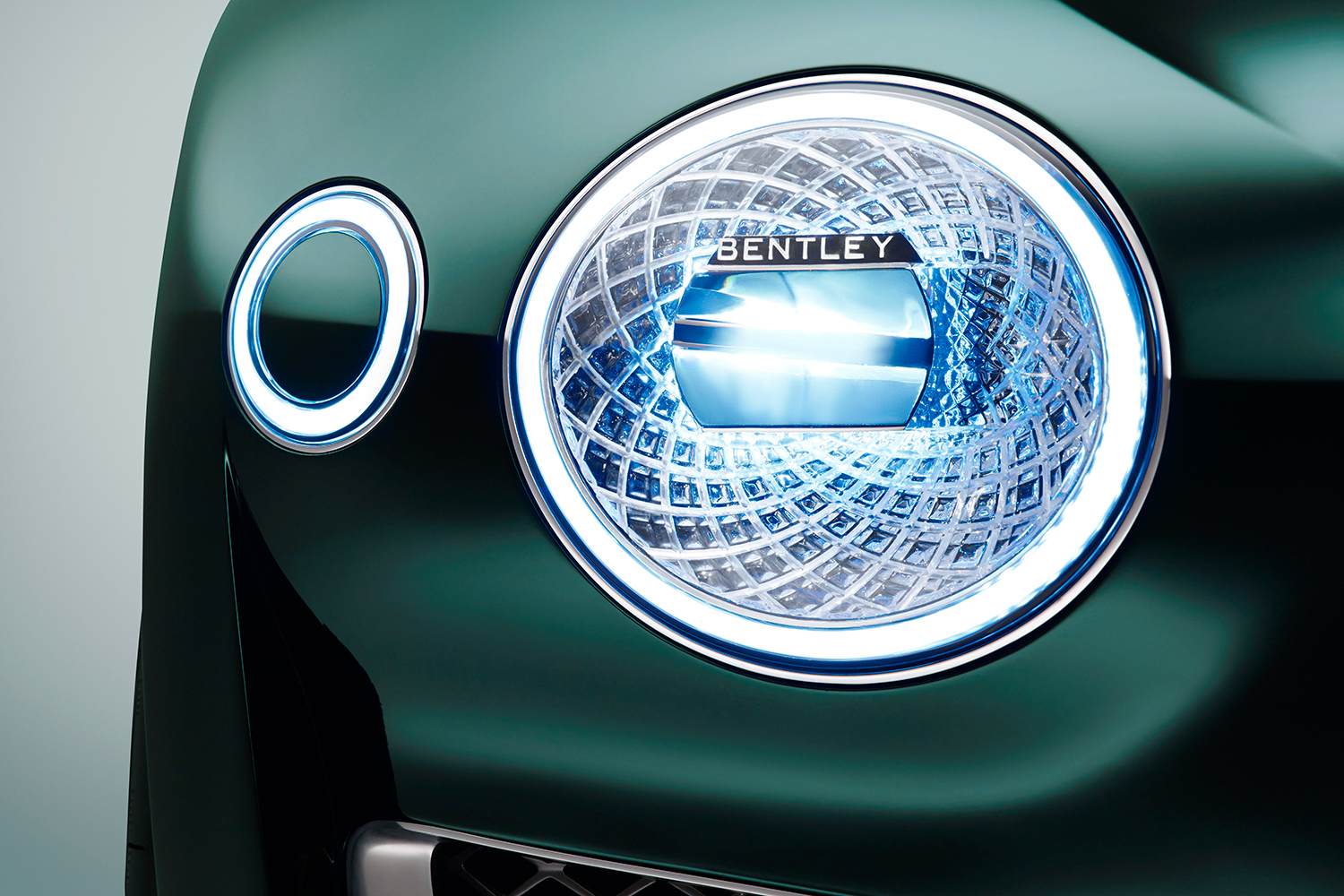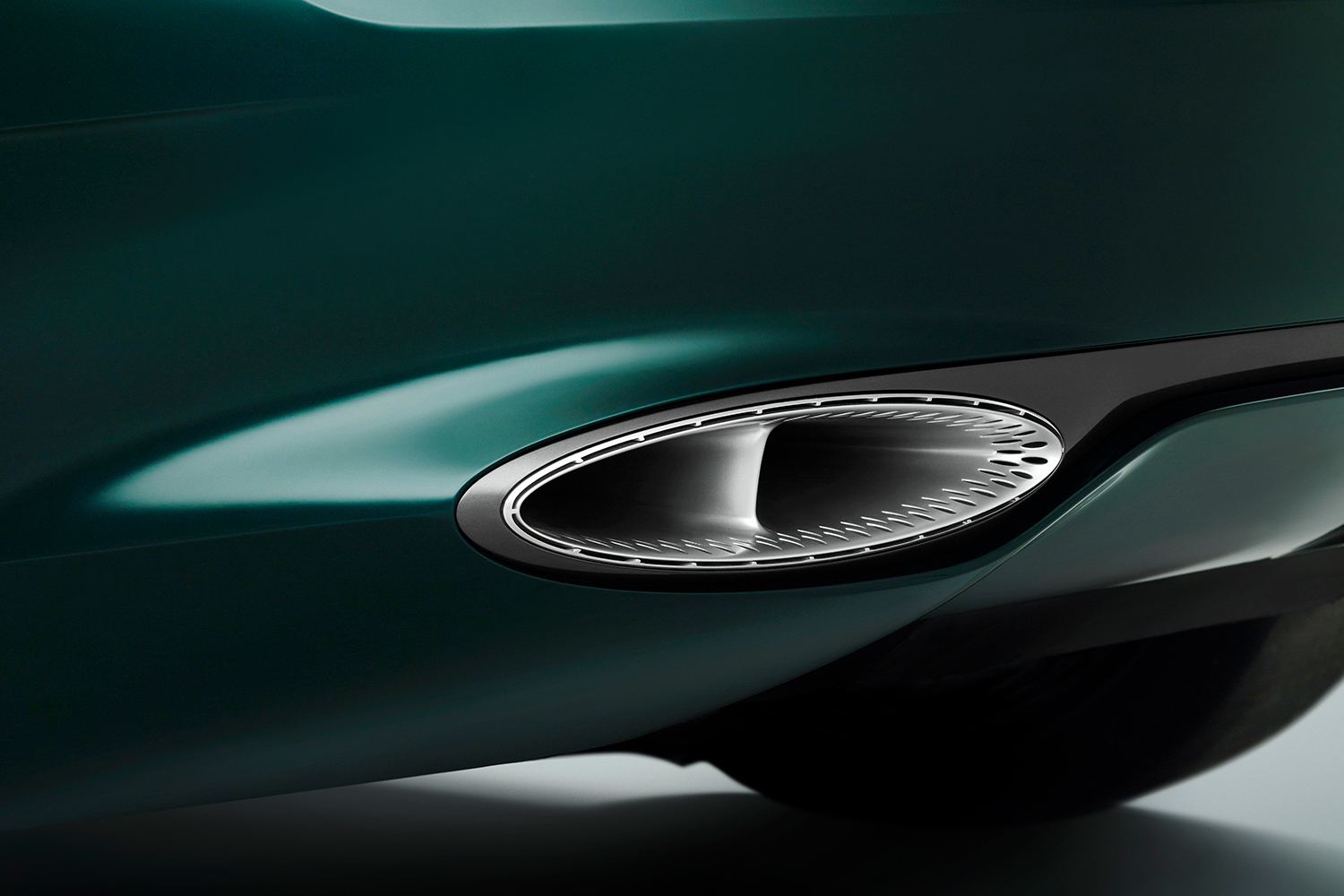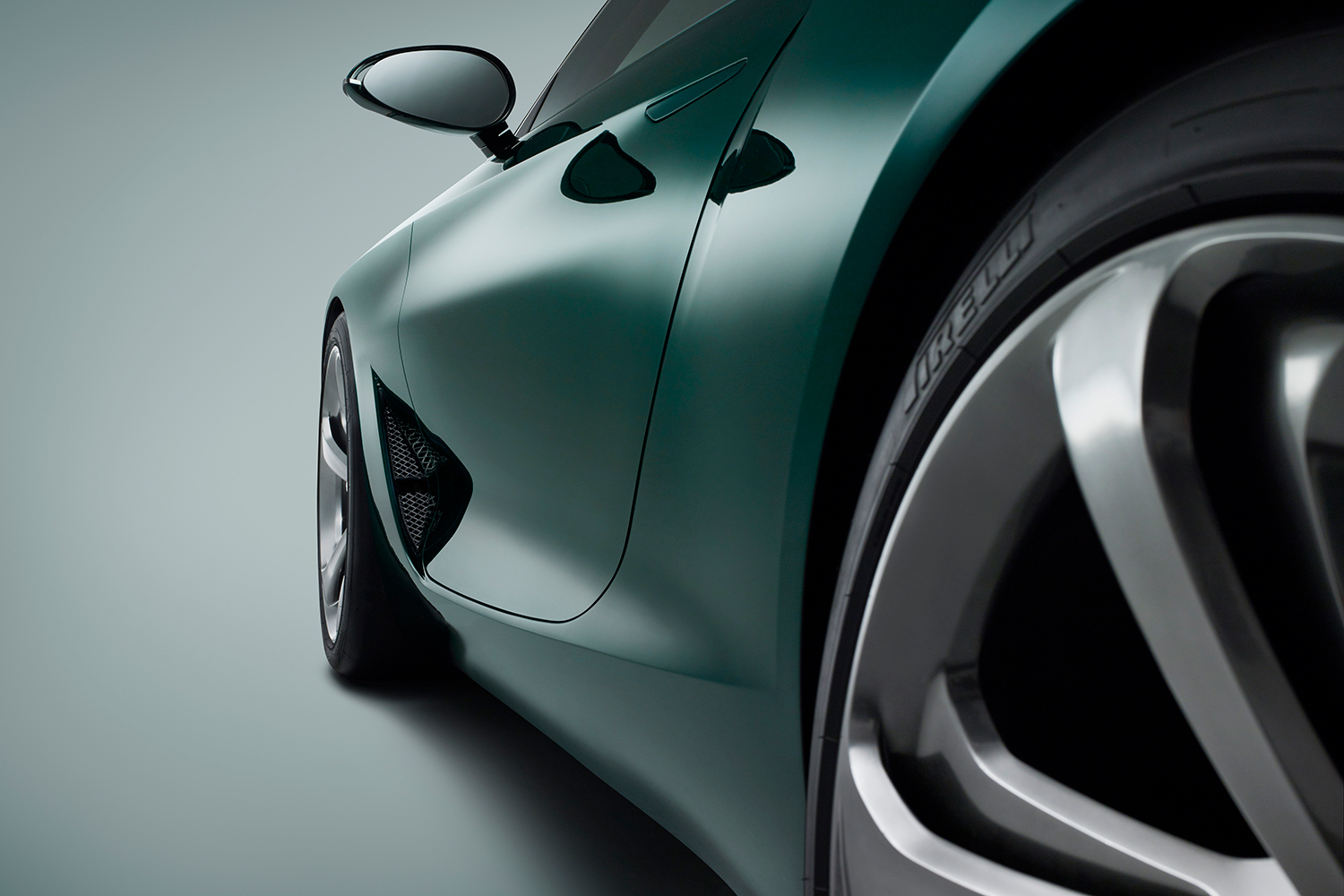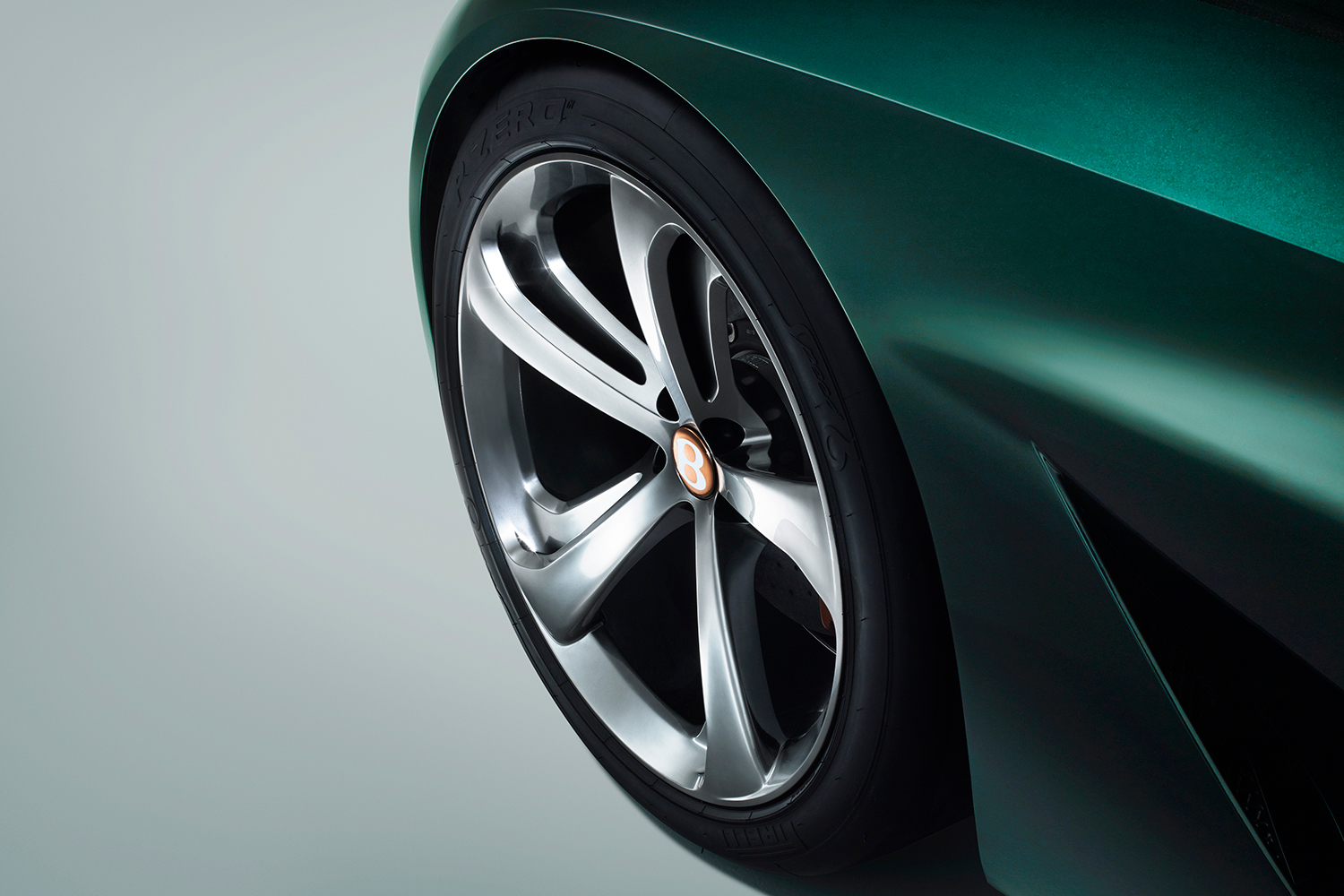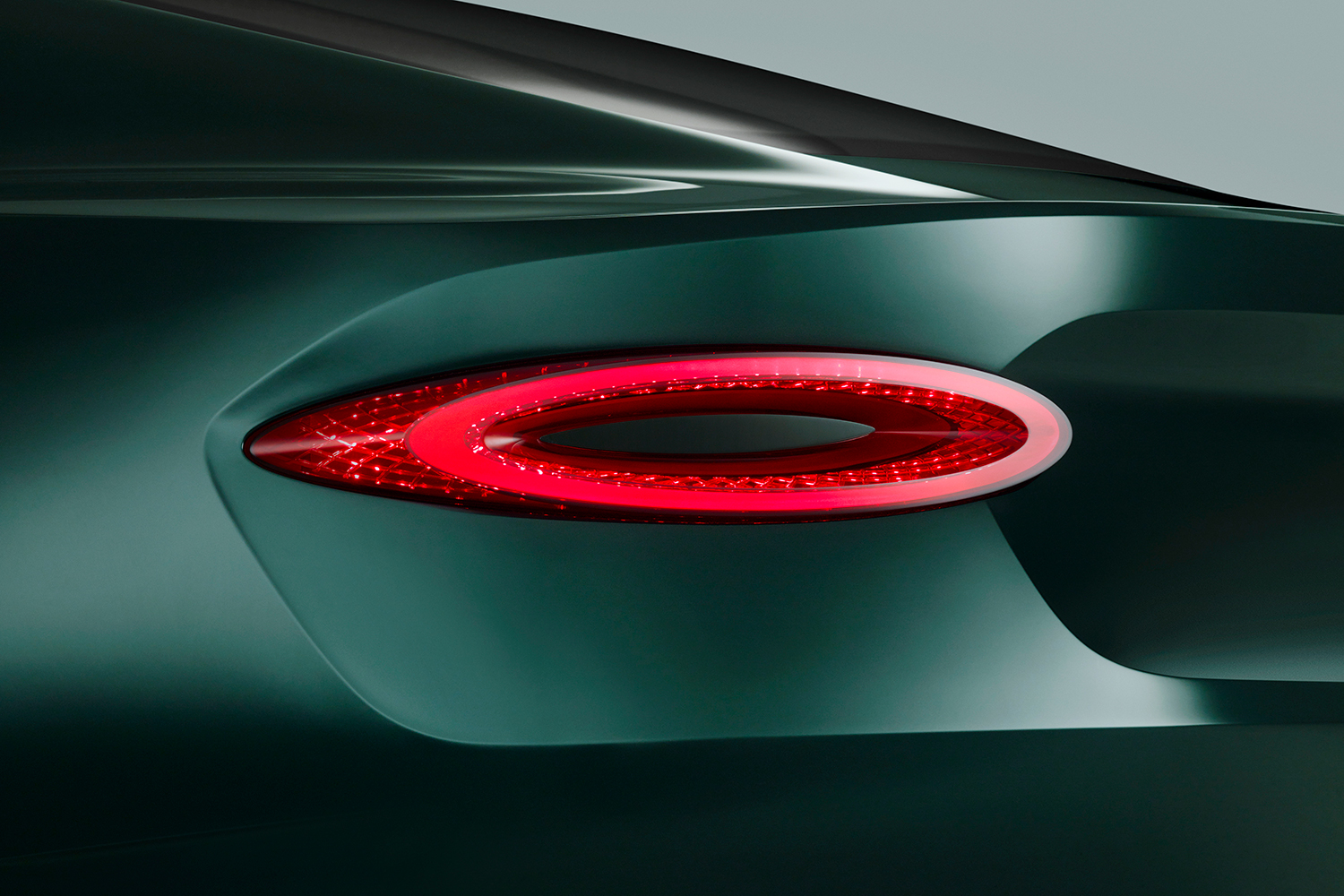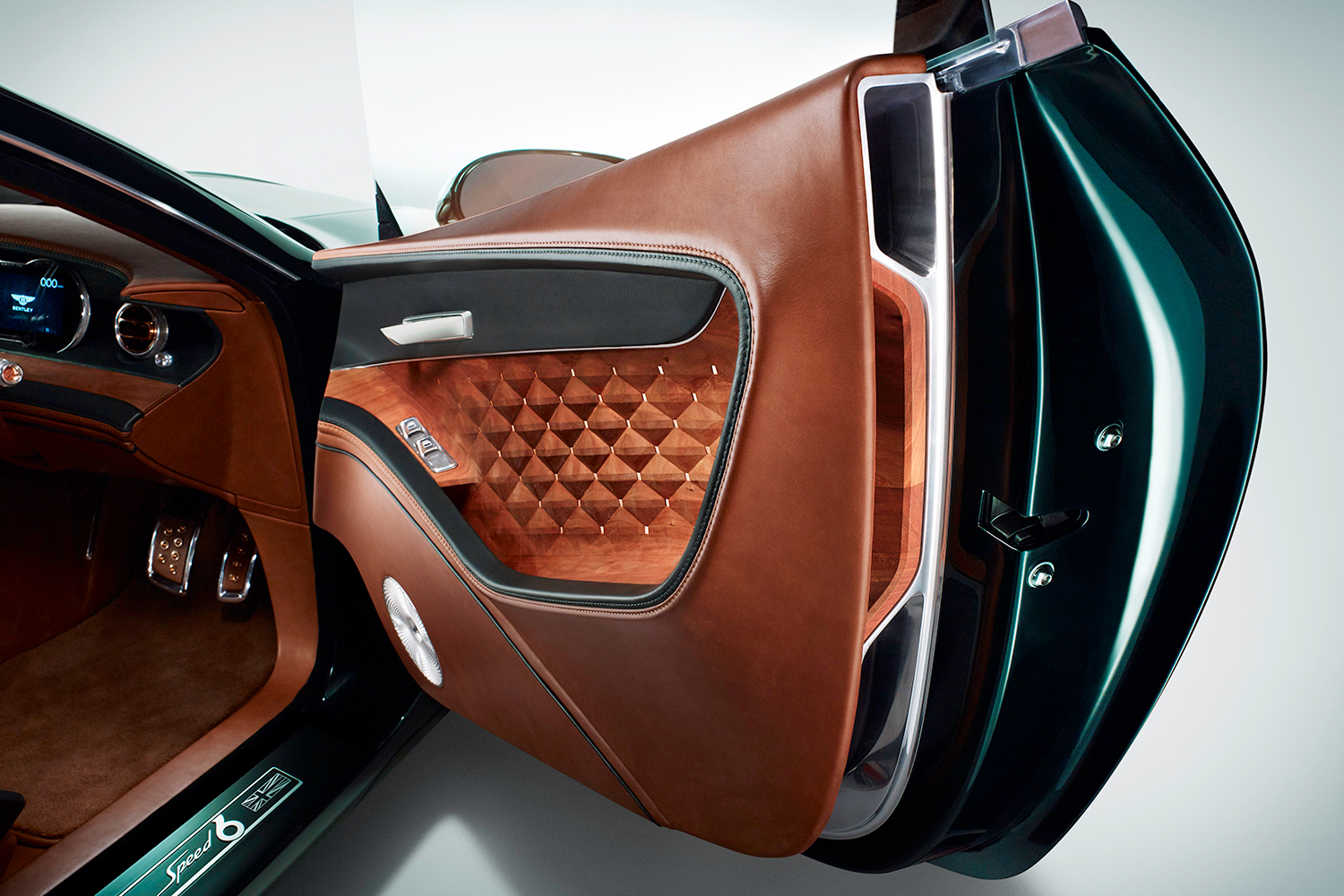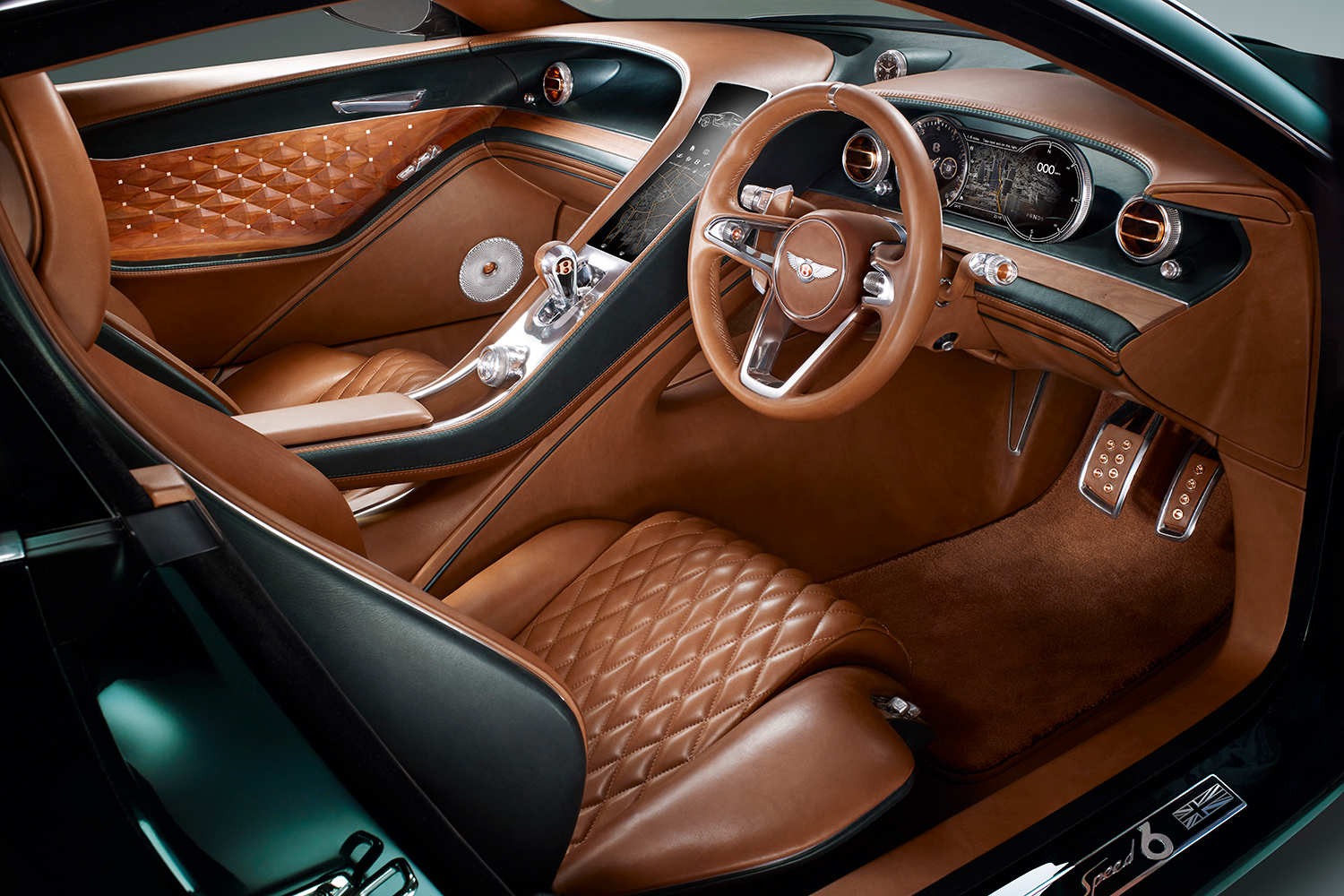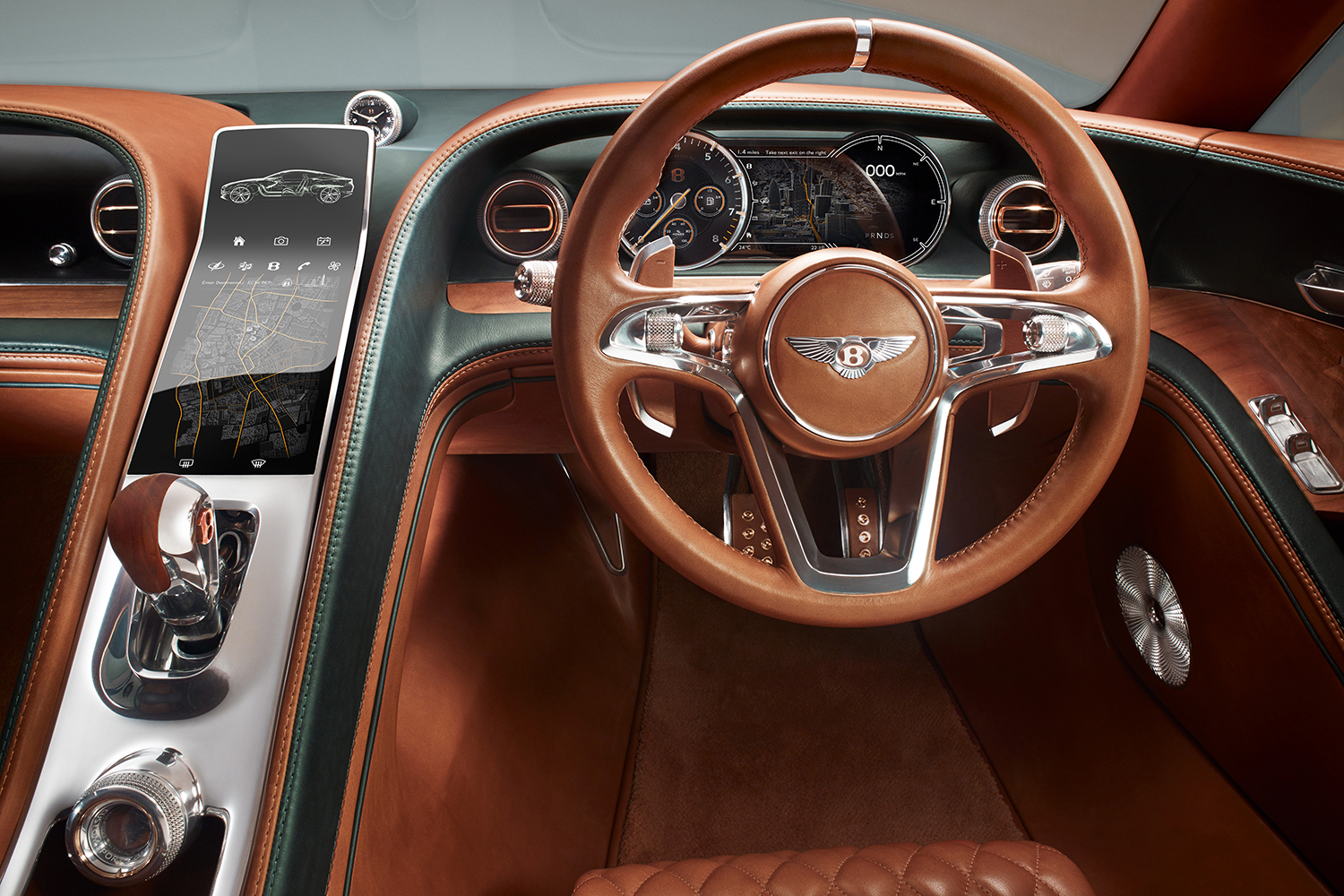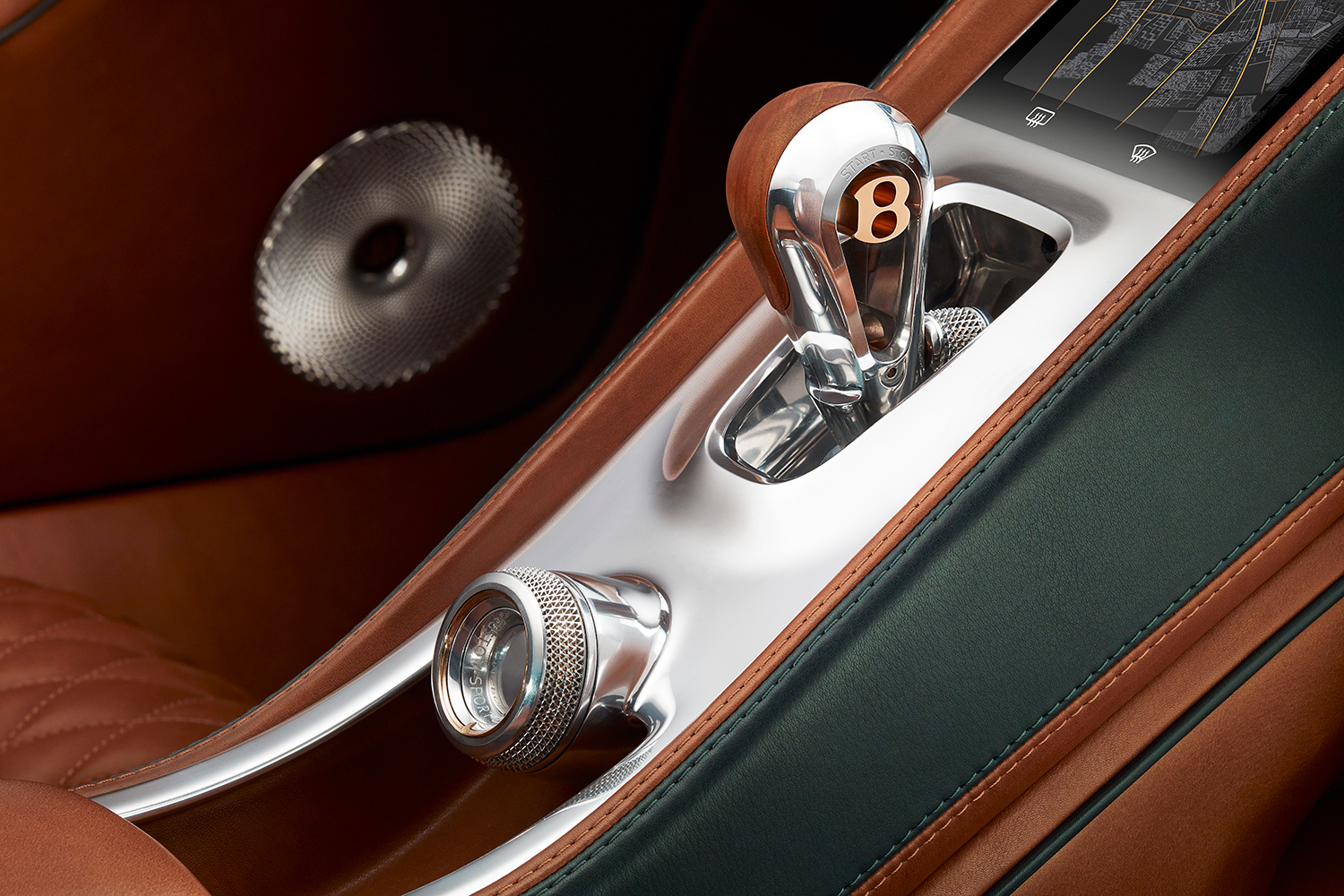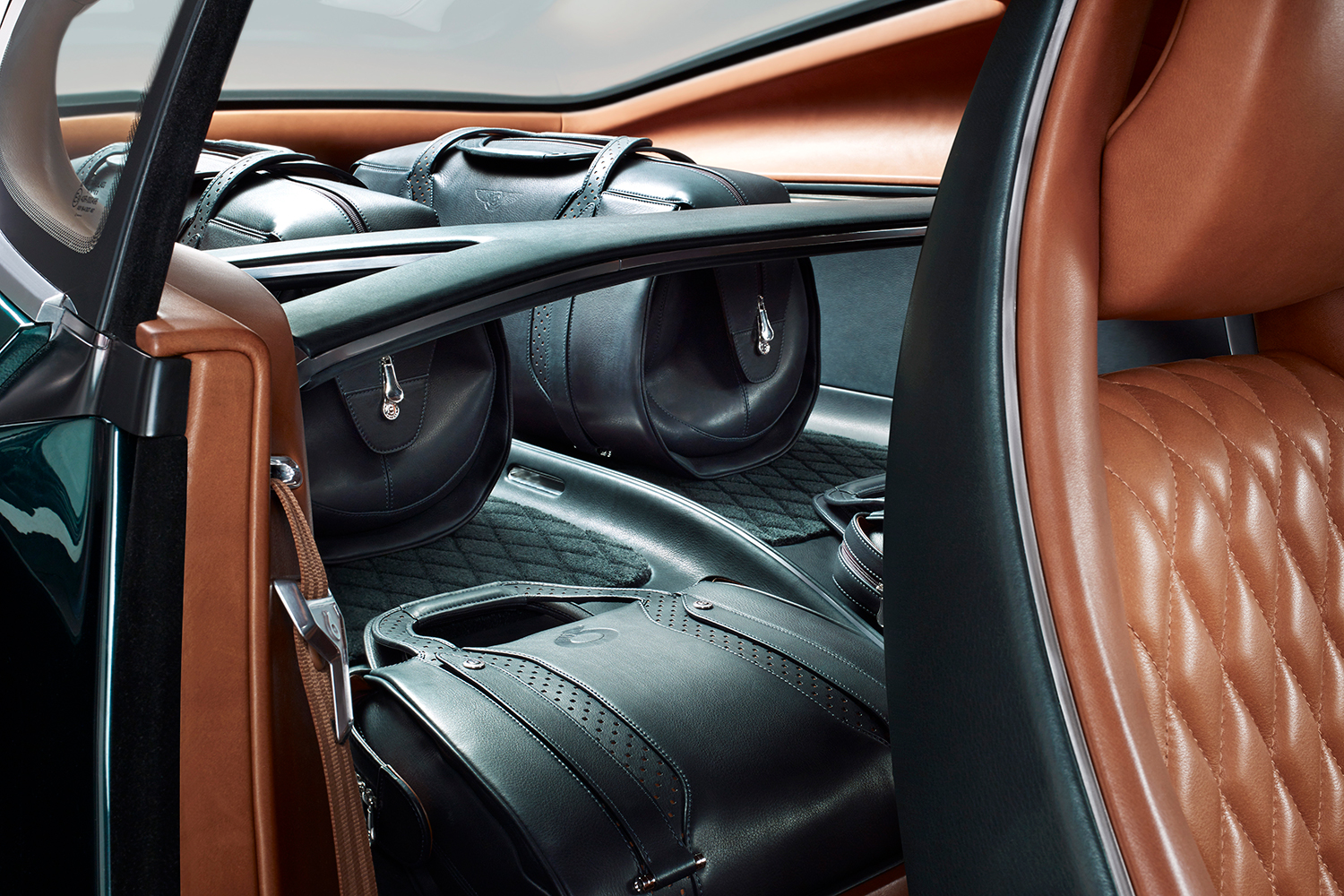While concept cars are often ostensibly billed as mere design studies, they generally indicate the direction automakers are planning on taking in years to come. Some preview a new design language, some hint at a futuristic drivetrain, and others provide a glimpse of a brand new model, but they’re rarely presented just for the sake of making headlines.
The members of Digital Trends’ car team have each singled out a concept presented in 2015 that deserves to make the leap from the showroom floor to the open road. Let us know in the comments below which recent concepts intrigued you as much as these intrigued us.
Lincoln Continental Concept
Alexander Kalogiannis: Like the president that bore the same name, the Lincoln Motor Company has always held a level of distinct American prestige. Over the past few years, however, it’s been struggling to establish itself as a luxury brand, desperately trying to avoid the same axe that lopped Mercury from the Ford family tree.
Designer Max Wolff was brought on board, creating the Lincoln design studio that would be the key to the company’s fresh start. Despite his efforts, the new face of Lincoln Mo. Co. wasn’t enough to distinguish its products from the Ford lineup. They were always going to have Ford underpinnings, but the differences weren’t unique enough.
With David Woodhouse taking the helm of design, the automaker revealed the Continental Concept, a return of one of its hallowed nameplates that was joined with a wild departure in Lincoln styling. Many have felt that its design cues are a mish-mash of details seemingly lifted from premiere luxury marks, but that doesn’t take away from the fact that the concept was still remarkably attractive and – most importantly – different.
The concept didn’t manifest into a new production Continental (not yet, at least), but its influence is already spreading across the lineup, starting with the newly designed 2017 Lincoln MKZ. Lincoln still has a ways to go until it accomplishes its goal, but the Continental Concept gave it a fighting chance to get there when everyone was sure its days were numbered.
Mercedes-Benz Concept IAA
Andrew Hard: When Mercedes’ Intelligent Aerodynamic Automobile first hit the stage at the 2015 Frankfurt Motor Show, I was immediately impressed by its sleek silhouette and futuristic design. Then the car began to change. Eight individual segments extended over the rear, the apertures on the front bumper closed flush, and even the wheels — called Active Rims — flattened out, bringing the vehicle’s drag coefficient all the way down to a slippery 0.19. As the car transformed, my eyes widened with it, resulting in one of the most dynamic and interesting vehicles of the year.
The Concept IAA’s appeal is not solely relegated to its shape-shifting body, however. Inside, the four-door boasts an ultra-modern driver interface called Project Dash, which uses Hollywood CGI tech to present realistic renderings of the car in real time. Read more about Project Dash here.
Mazda RX-Vision Concept
Miles Branman: Mazda’s RX Vision Concept, which debuted at the 2015 Tokyo Motor Show, is an appeal to its enthusiast roots in the form of two-door, front-engine, rear-drive gallantry. The evocative coupe offers a glimpse at some future Mazda halo car via bolder Kodo design language, including an endless hood, stubby overhangs, and velvety-smooth curves. It’s more than just a looker, too, as the Japanese automaker revealed its concept is powered by a new SkyActiv-R rotary engine. Alas, while the unique powertrain is steeply entrenched in the brand’s history, it will have to modernize in terms of efficiency and reliability if it has any hopes of following through to production. Either way, the RX Vision is a gorgeous beacon of hope for the Mazda brand.
Toyota S-FR Concept
Ronan Glon: Every year, new cars get more high-tech and, consequently, more complicated. Introduced at the Tokyo Motor Show, Toyota’s S-FR concept bucks that trend and takes the form of a modern interpretation of the back-to-the-basics, driver-focused sports cars built in the 1960s.
About the size of a city car, the coupe adopts a heritage-laced design that’s openly inspired by the 1965 Sports 800, Toyota’s first sports car. The cabin is pared down to just the bare essentials: the list of standard equipment is largely limited to HVAC controls, a USB port, and a digital instrument cluster that displays all car-related information. Don’t look for a motion-controlled infotainment system in this cabin.
While Toyota stresses the S-FR is merely a design study, rumors indicate the concept will be toned down slightly and added to the Japanese car maker’s lineup as an entry-level coupe in the coming year. The best news is that it will allegedly be priced under $20,000, meaning it will be within the reach of many enthusiasts.
Bentley EXP 10 Speed 6 Concept
Stephen Edelstein: While Bentley’s Bentayga SUV is arguably a more shocking change to the British luxury stalwart’s status quo, the EXP 10 Speed 6 concept changed things up in a way that should get enthusiasts more excited. It debuted at the 2015 Geneva Motor Show to rave reviews.
It’s undeniably a luxury car, but this sleek coupe is much smaller, and more like a true sports car, than anything Bentley currently makes. It hints at a possible production model that would more directly compete with the likes of Aston Martin and Porsche, and lean Bentley toward a greater emphasis on performance. While the styling is recognizably Bentley, there are some modern touches too, including 3D-printed components and a 12.0-inch touchscreen infotainment system.
The powertrain is even more radical than the body. It’s a plug-in hybrid setup with enough grunt to get the EXP 10 Speed 6 to 200 mph, Bentley says. Some version of this powertrain could show up in future Bentley production models, even if the EXP 10 Speed 6 doesn’t get the green light. But a luxurious sports car like this one deserves to be more than just a concept.
